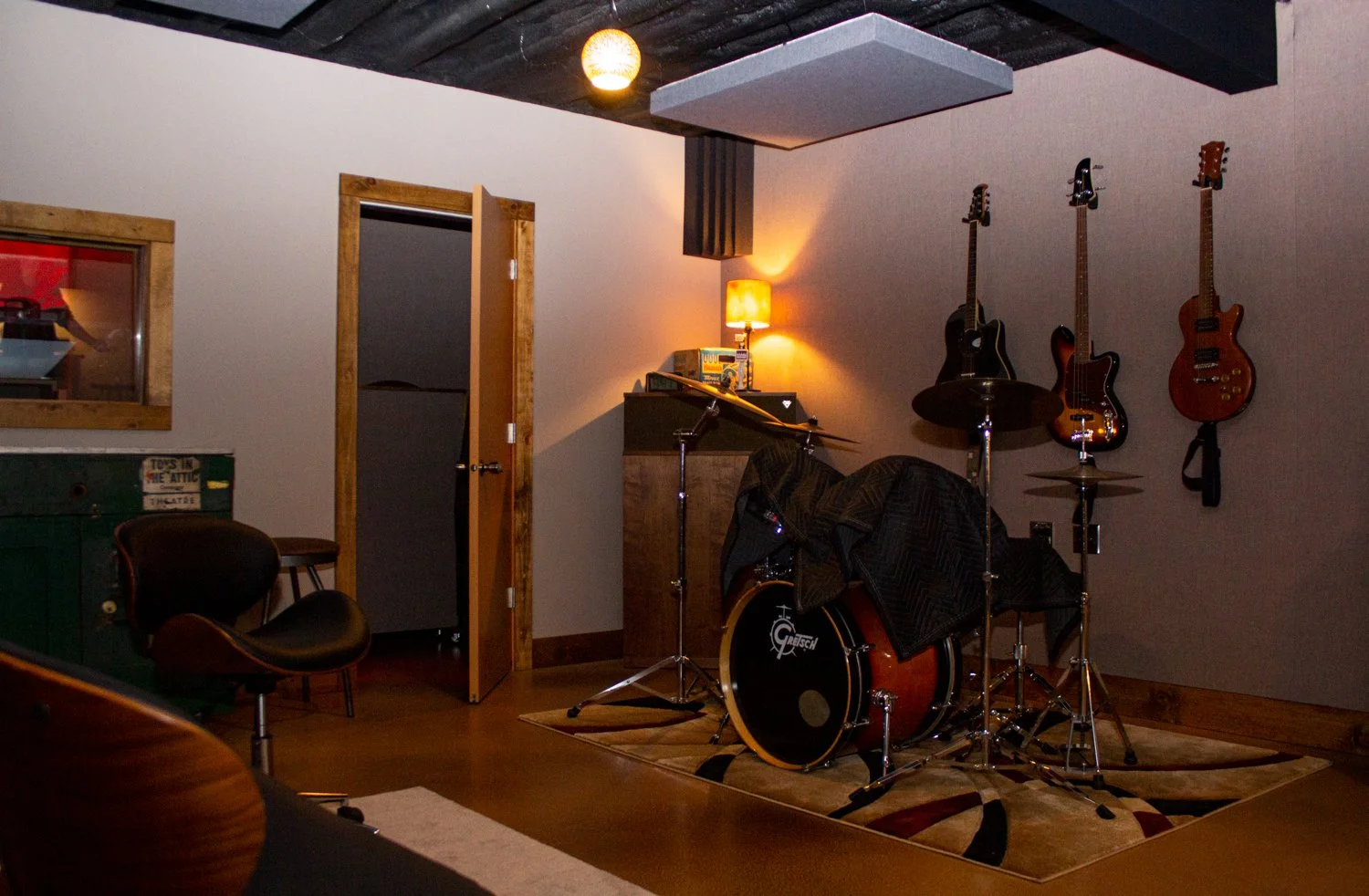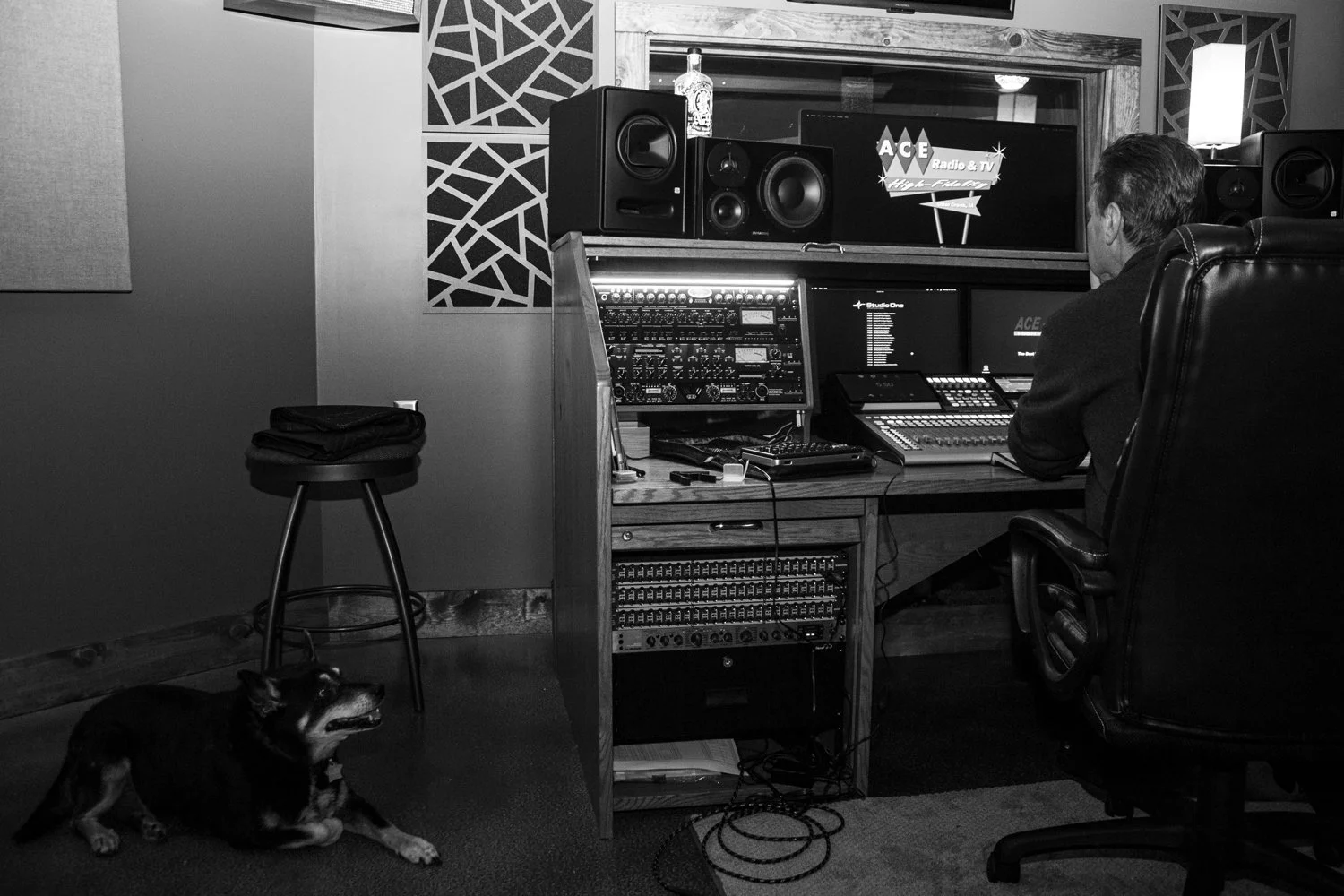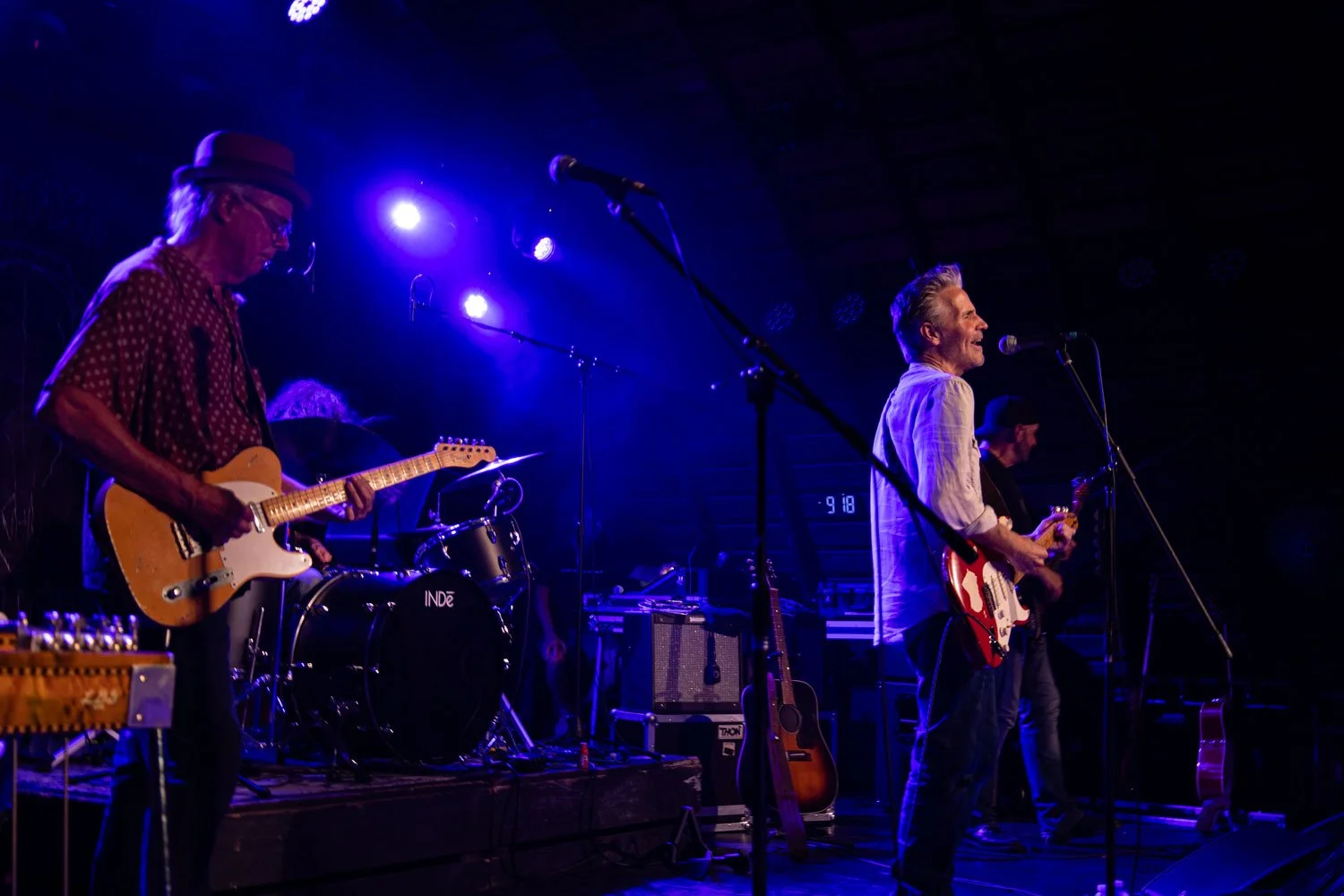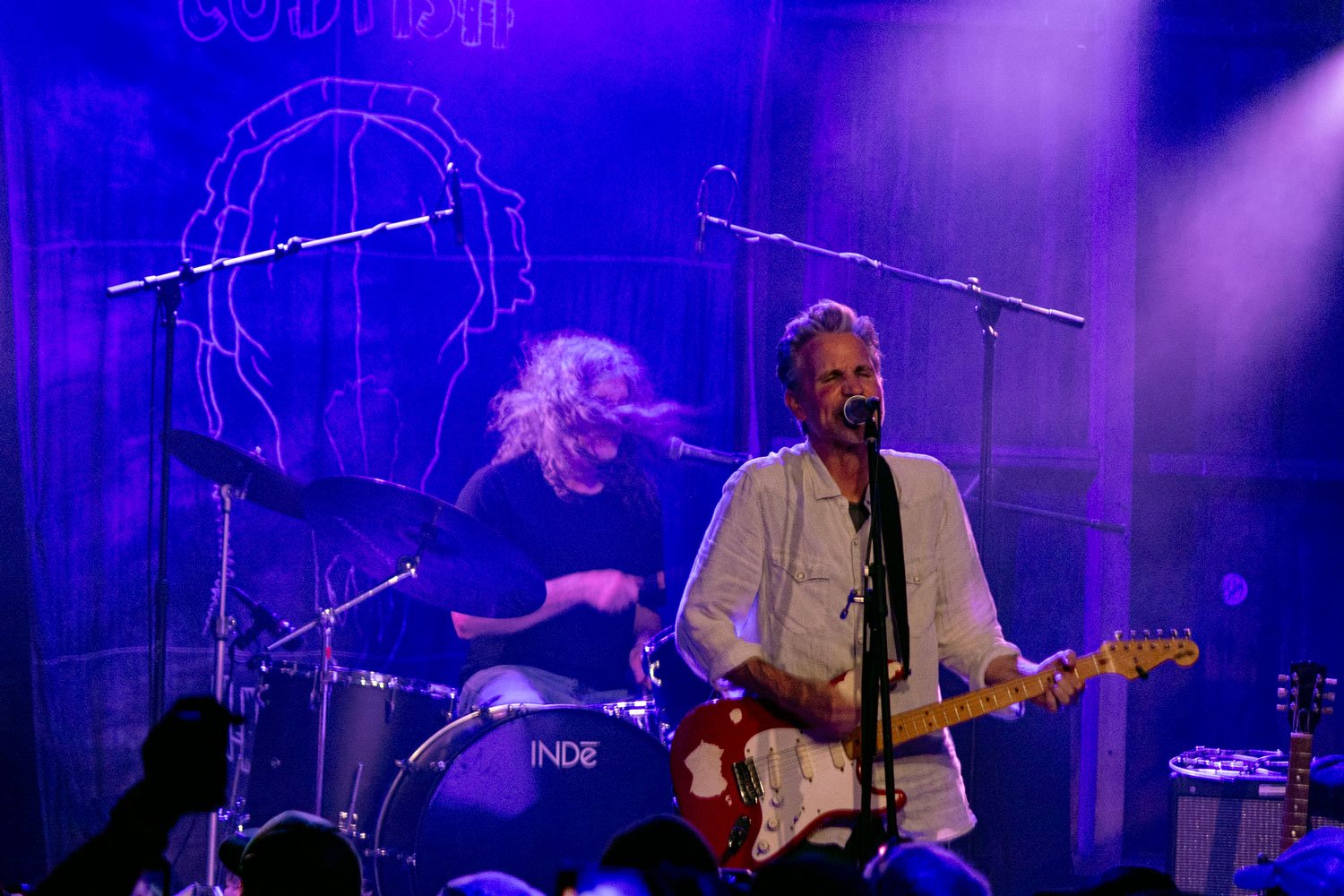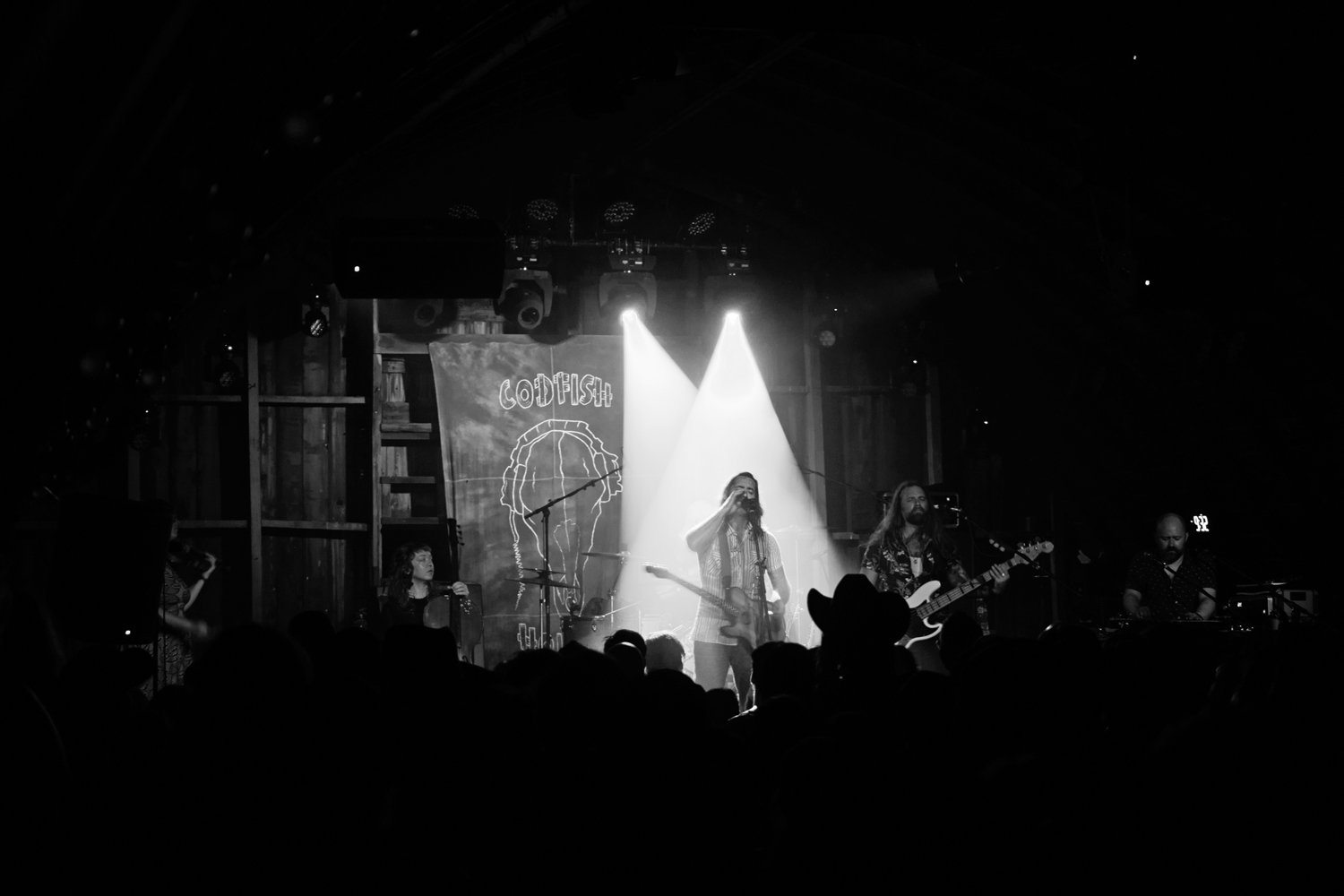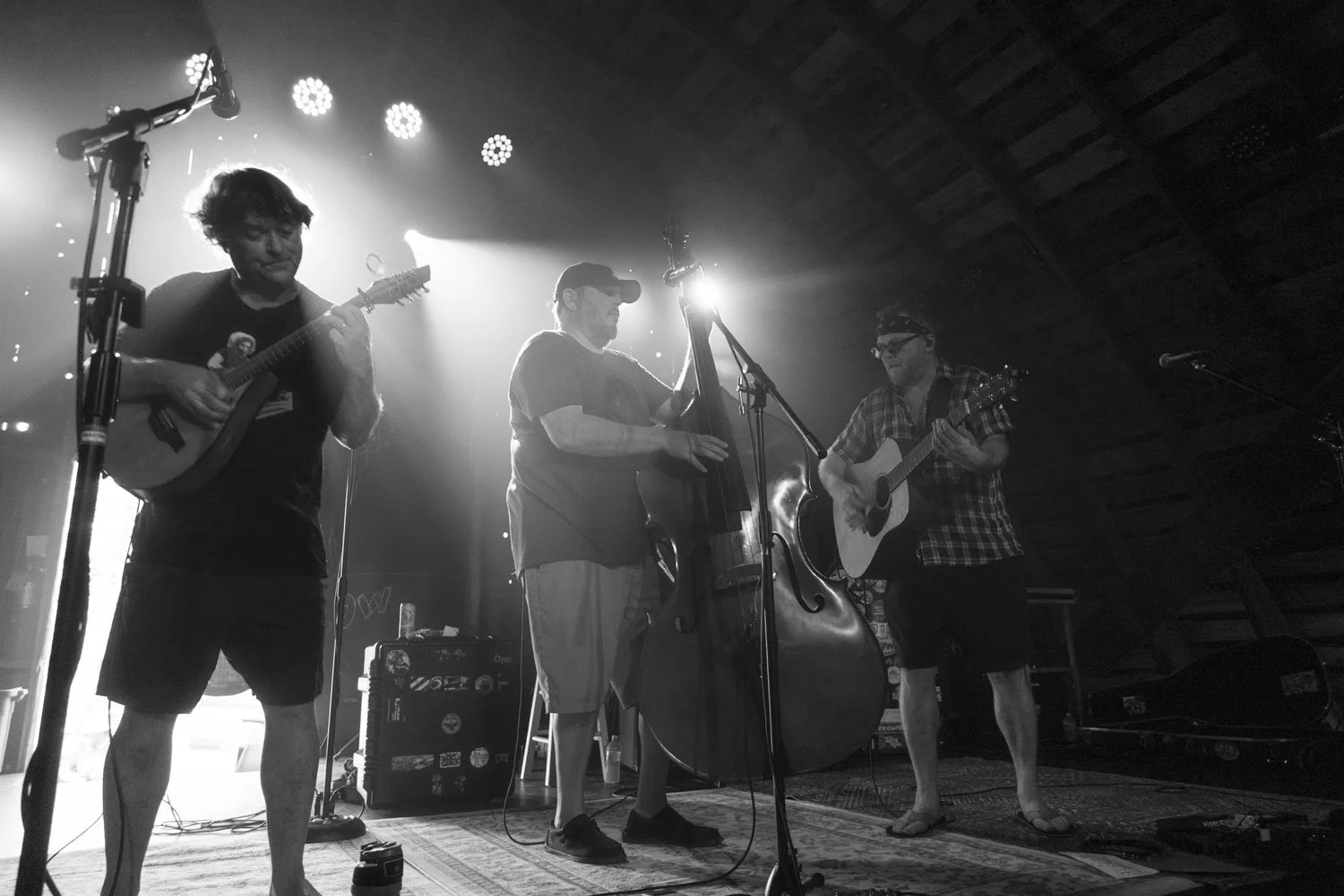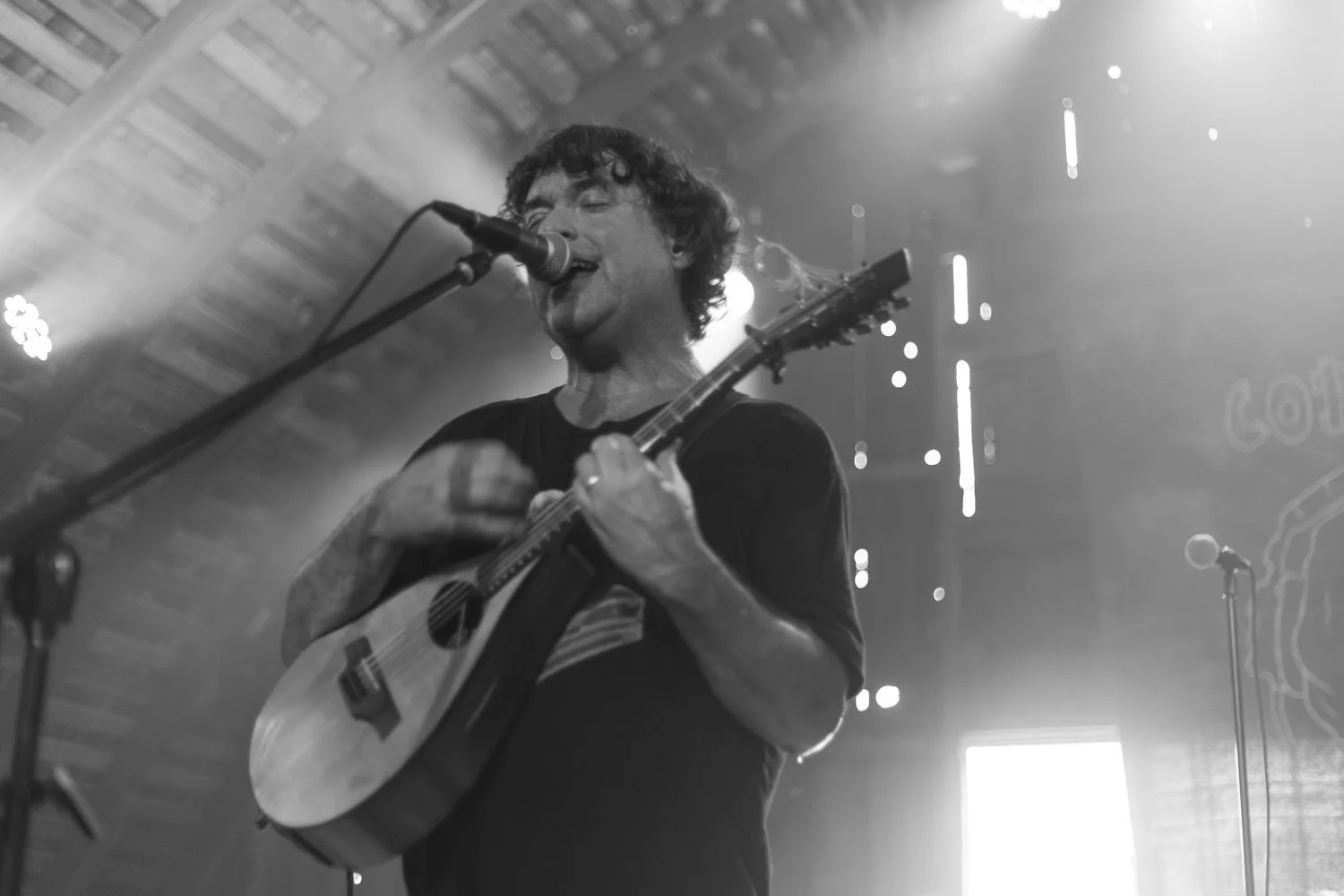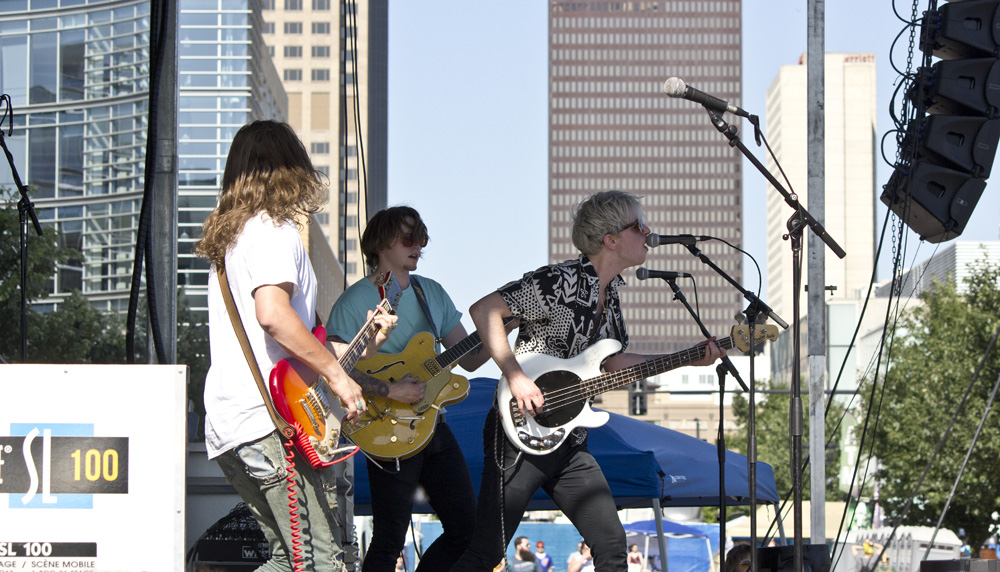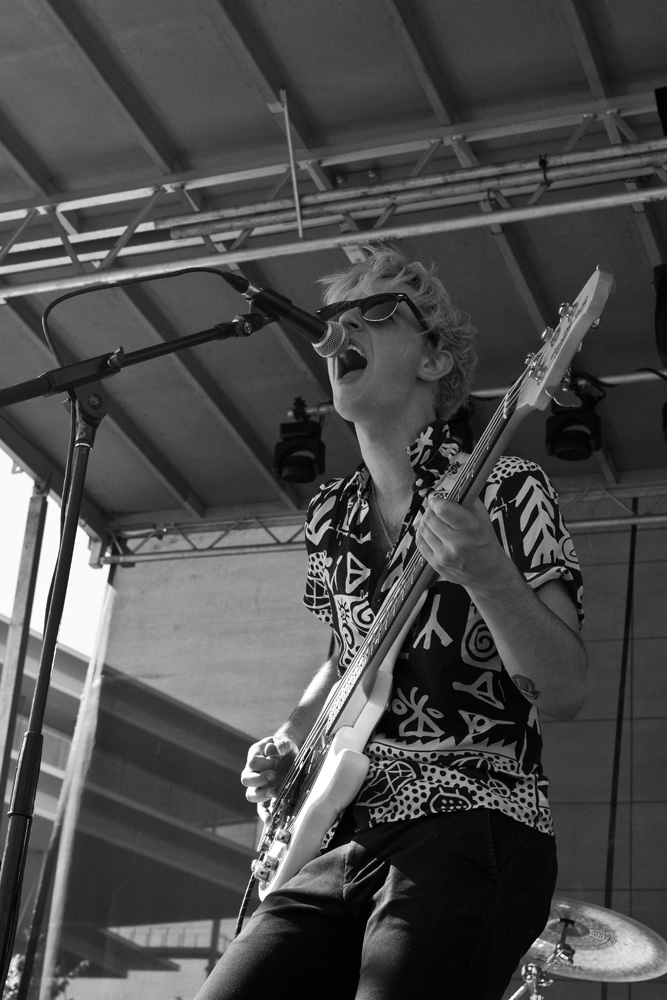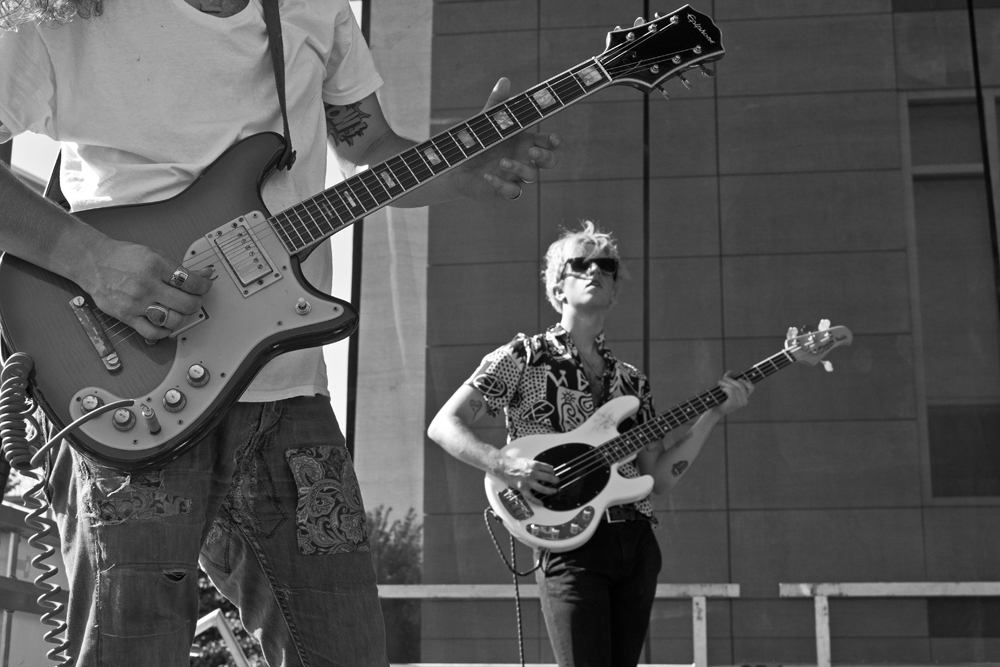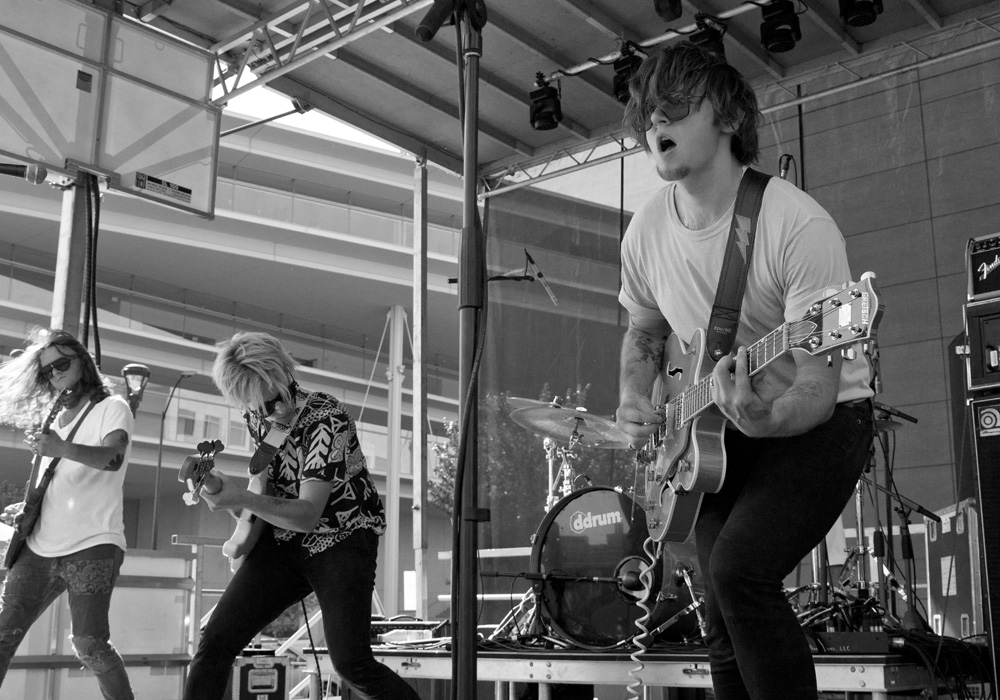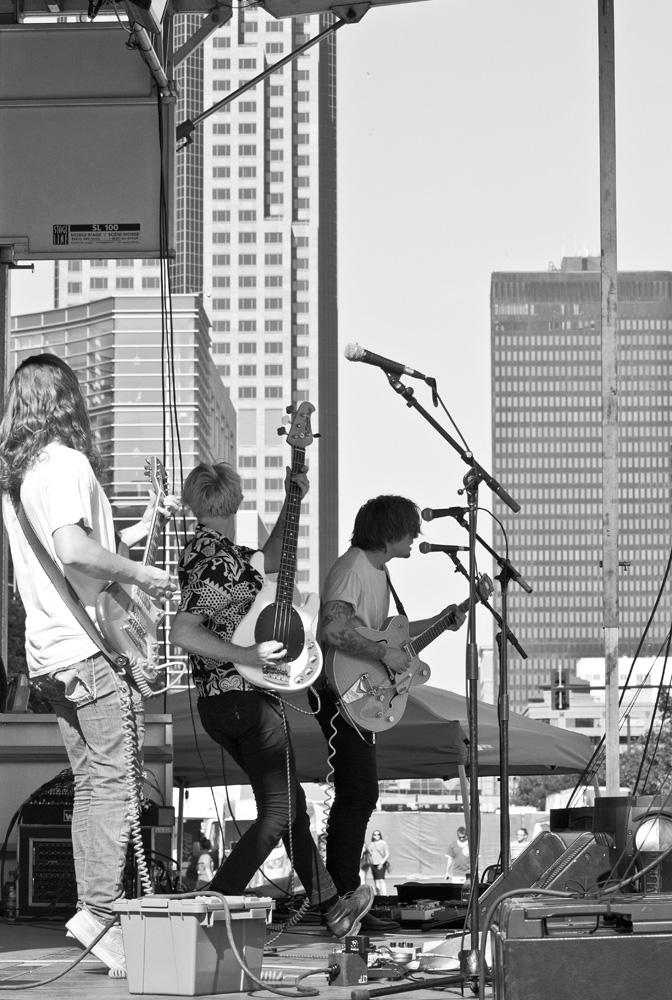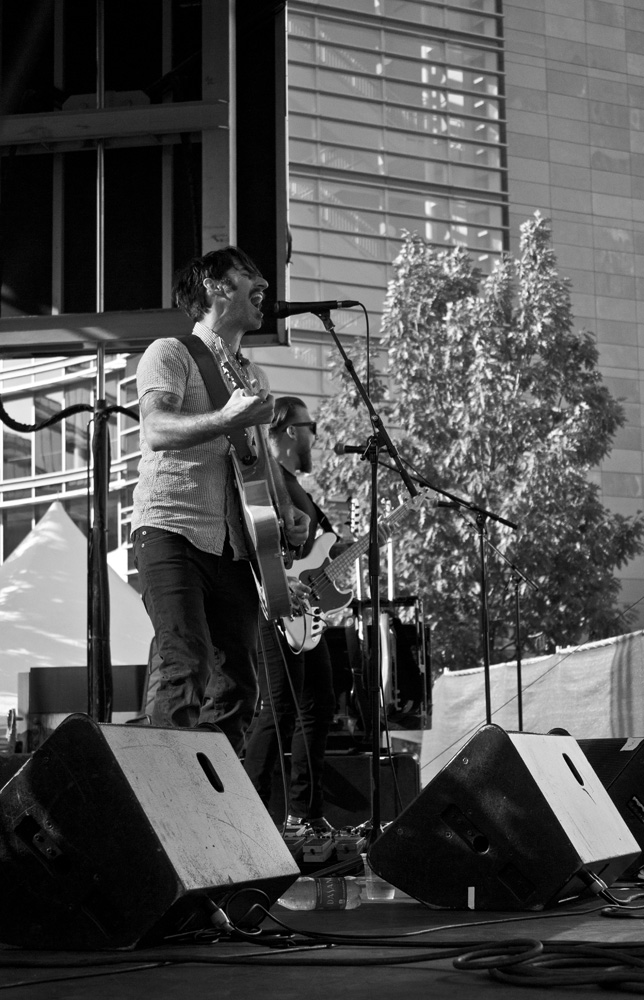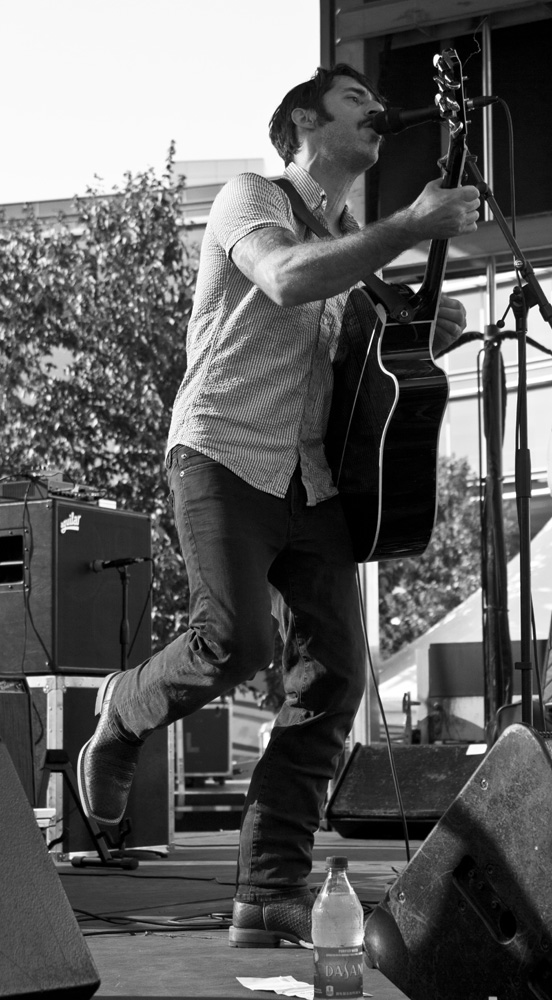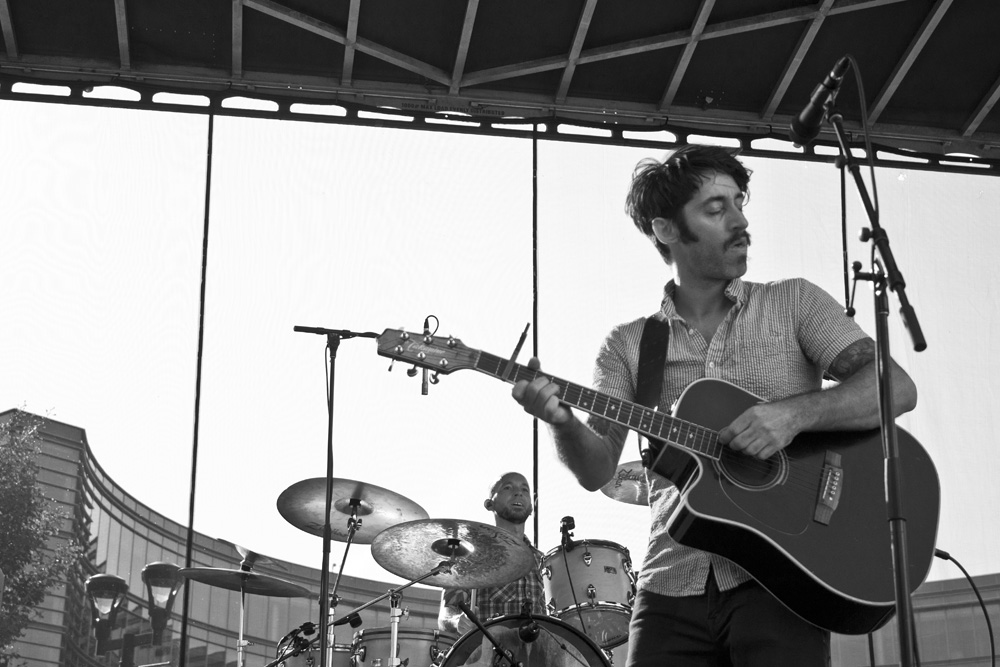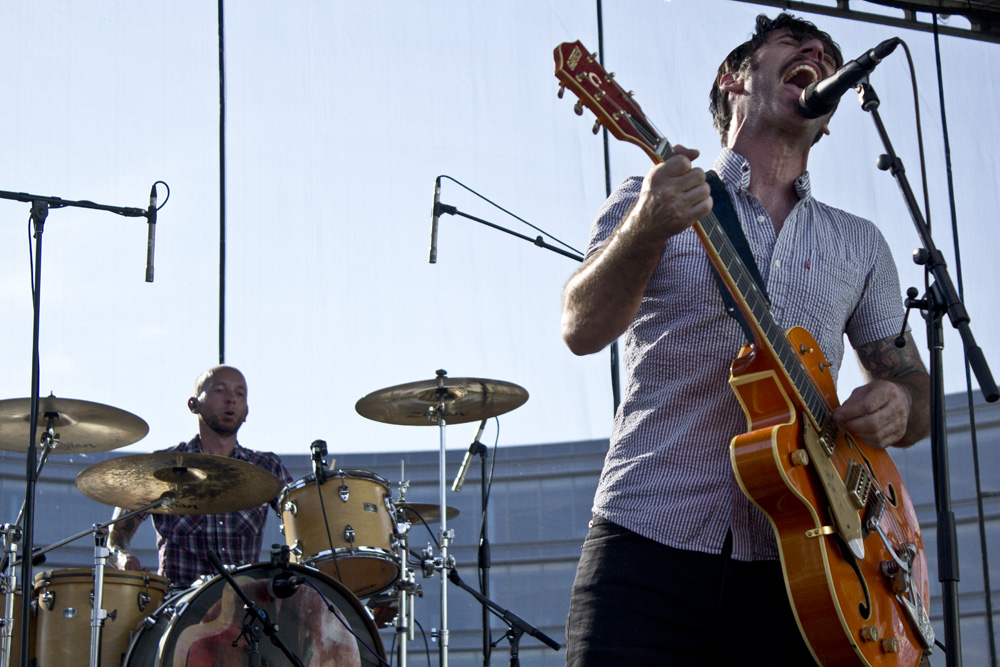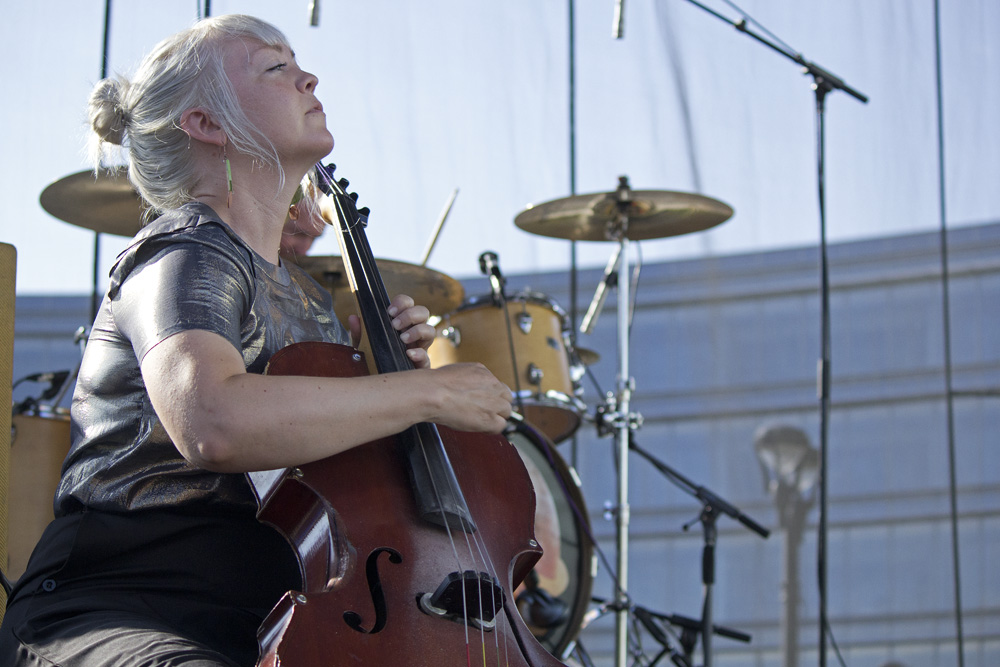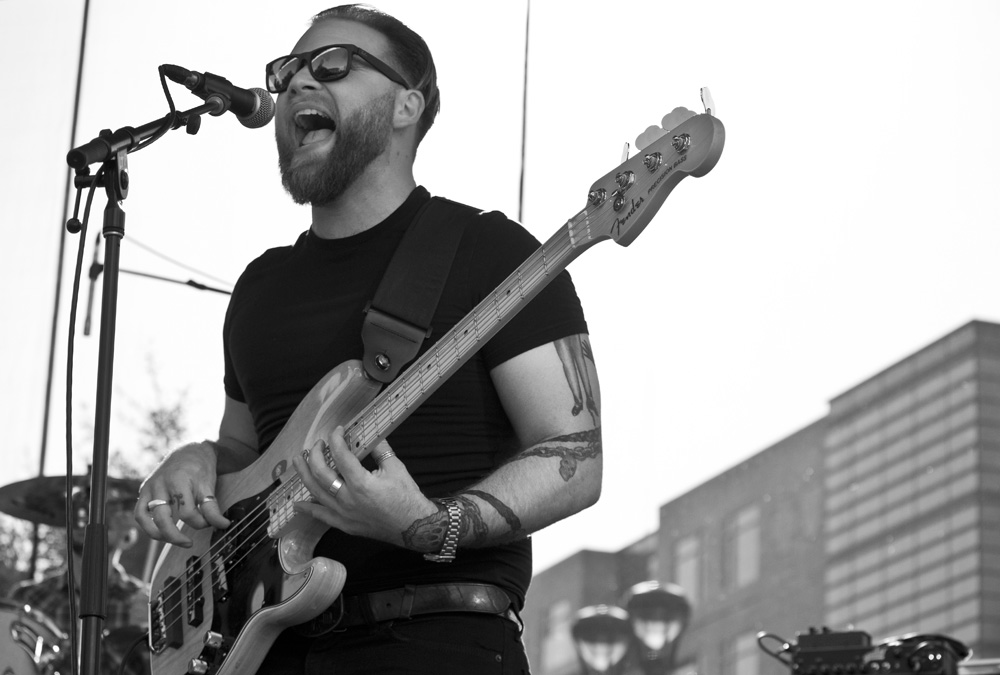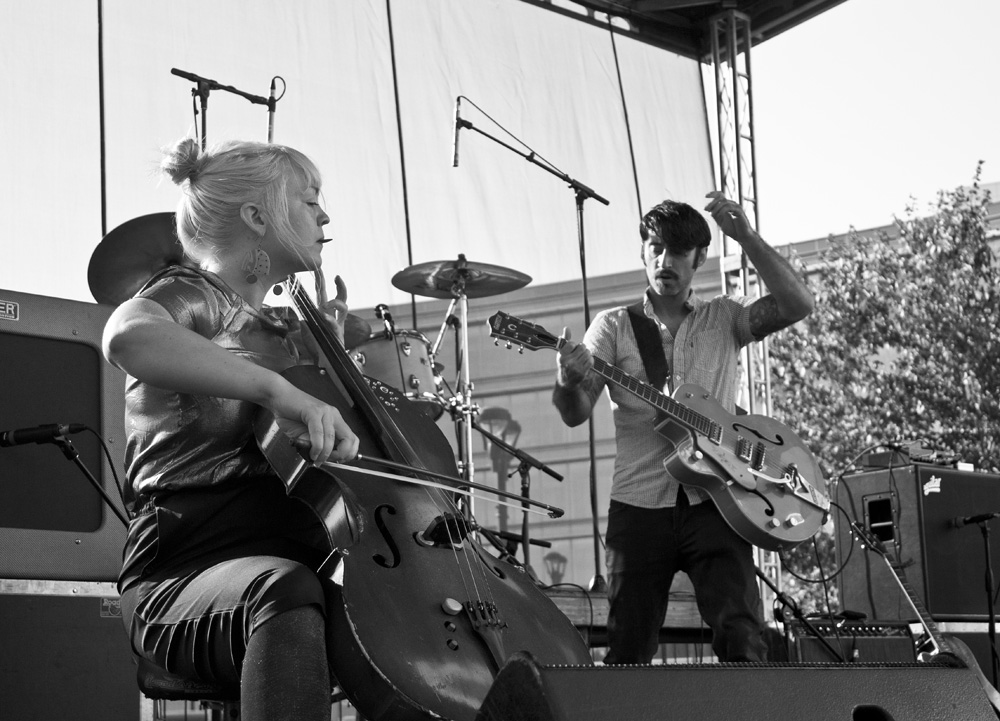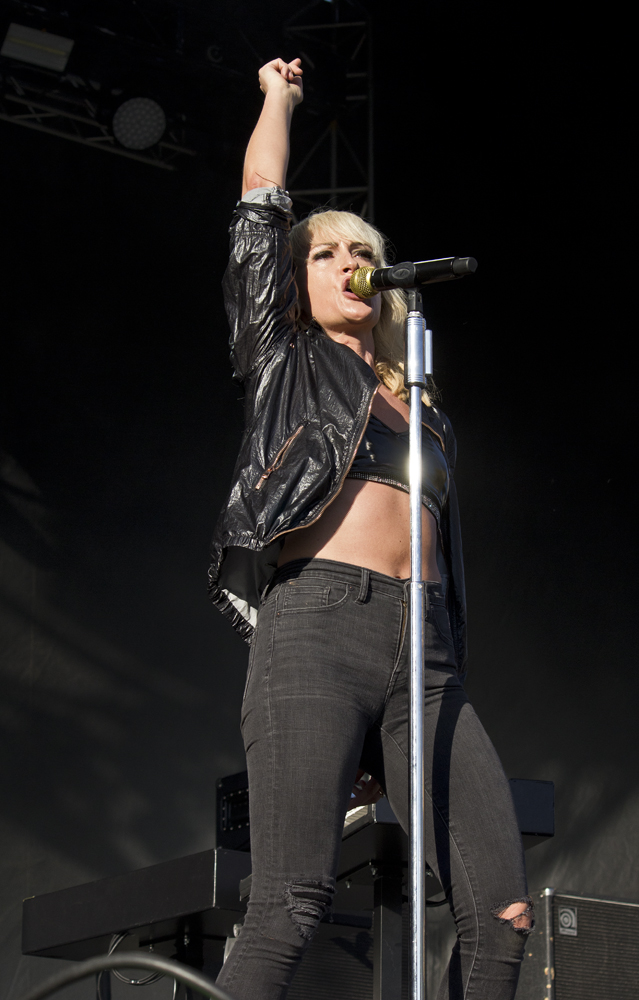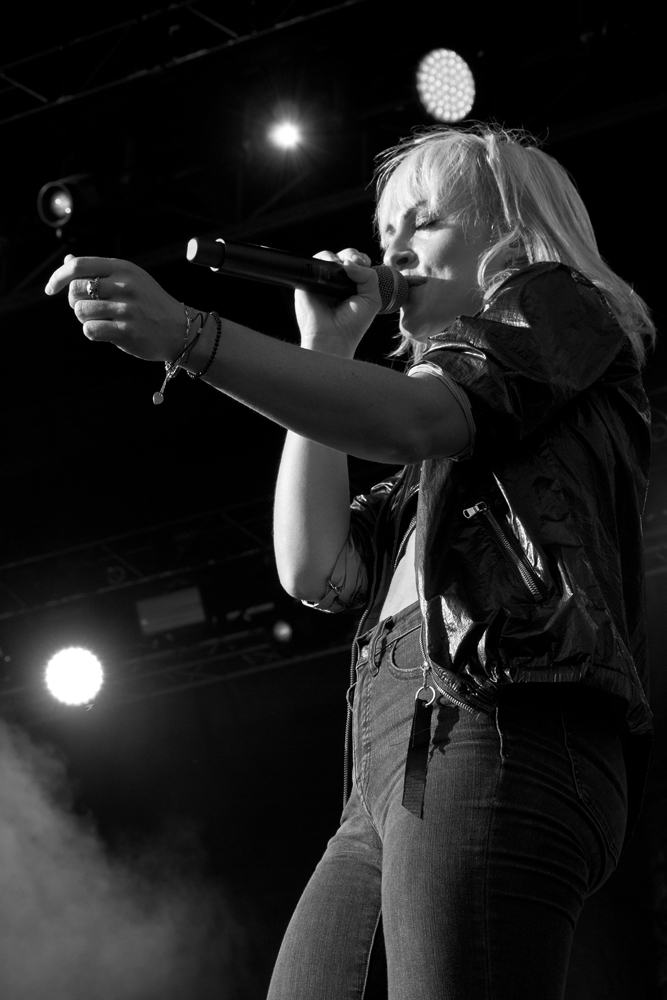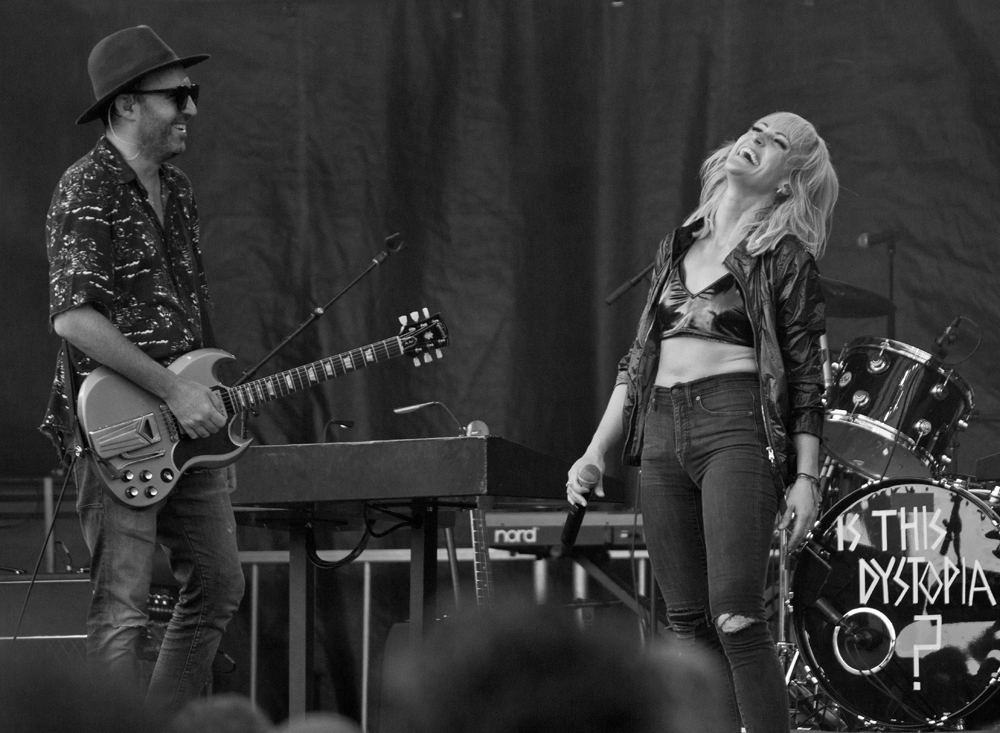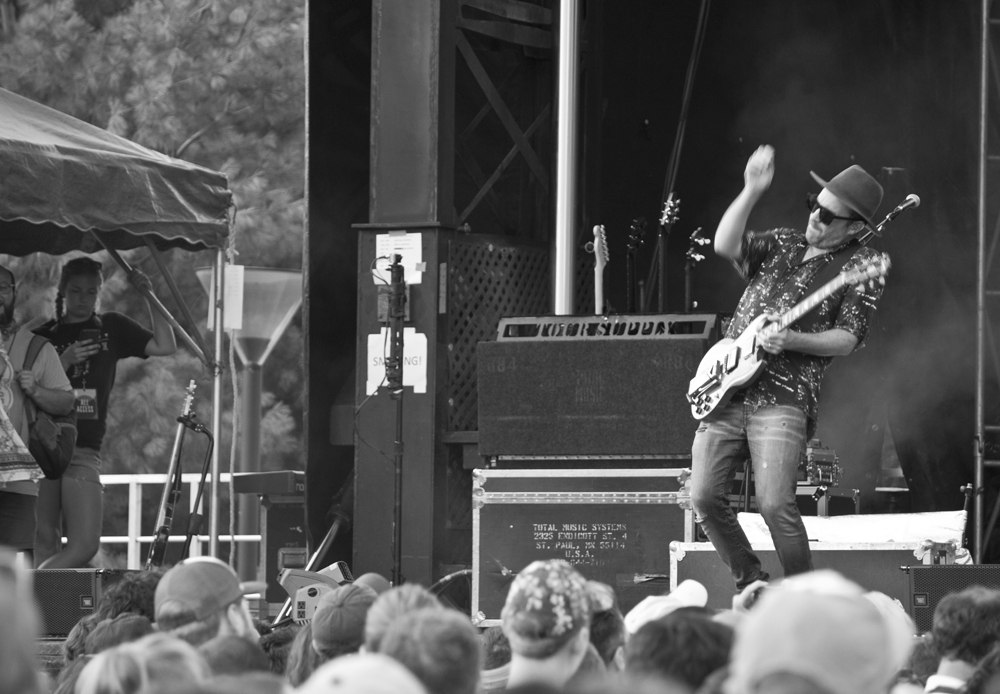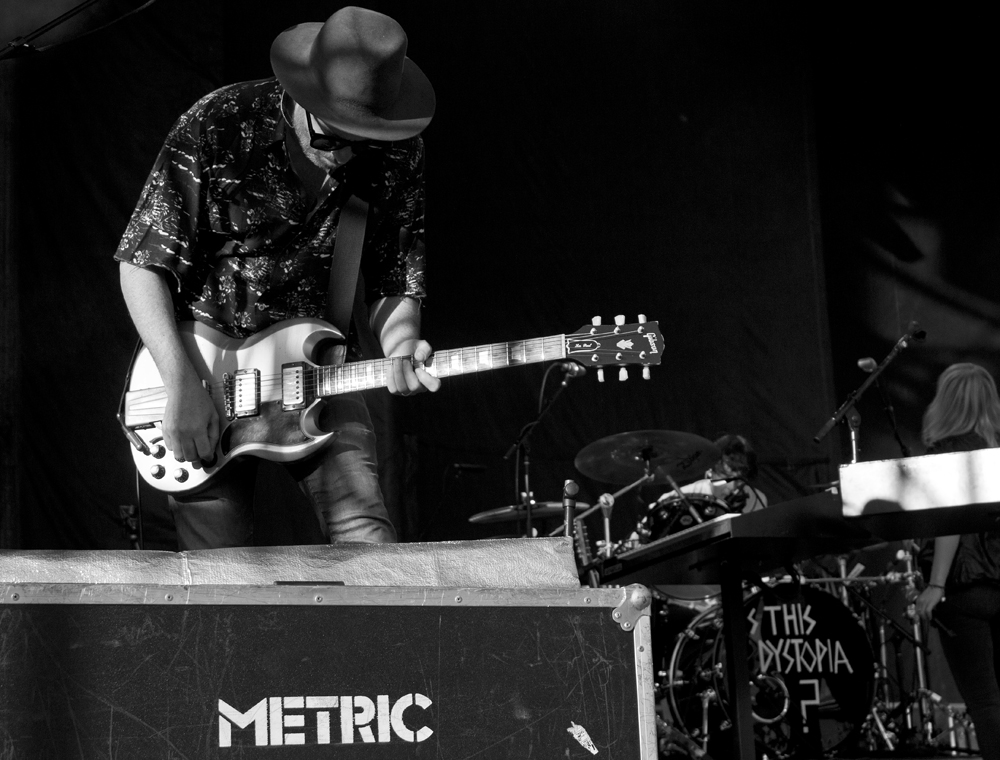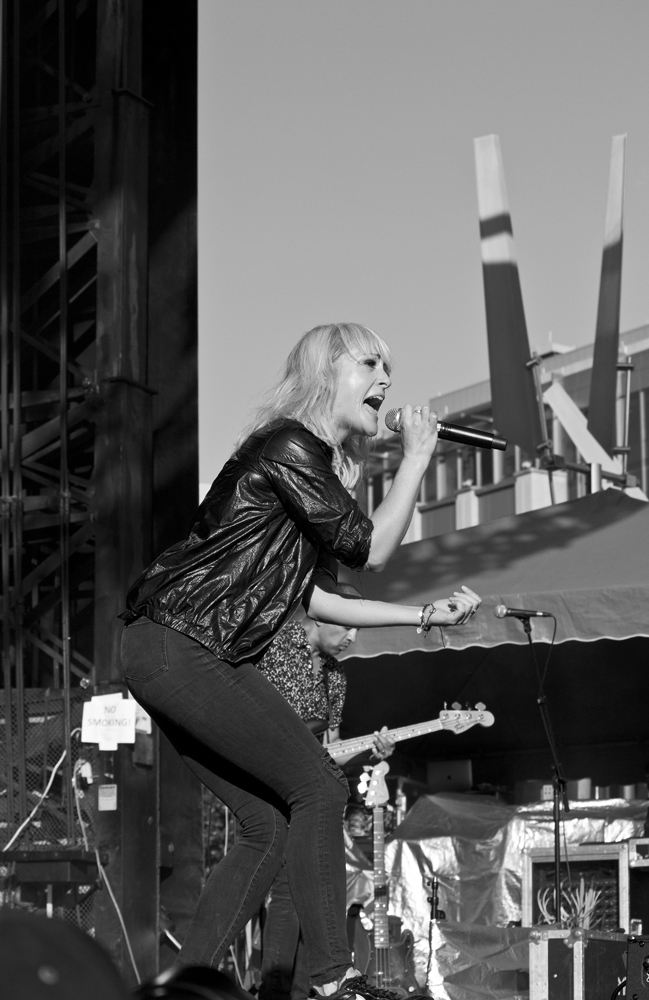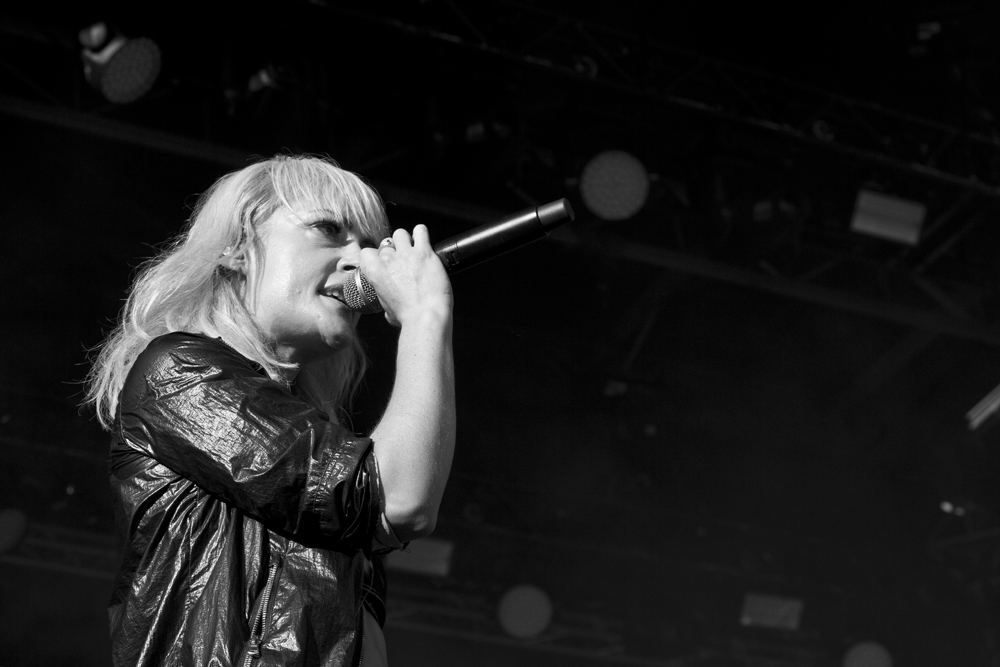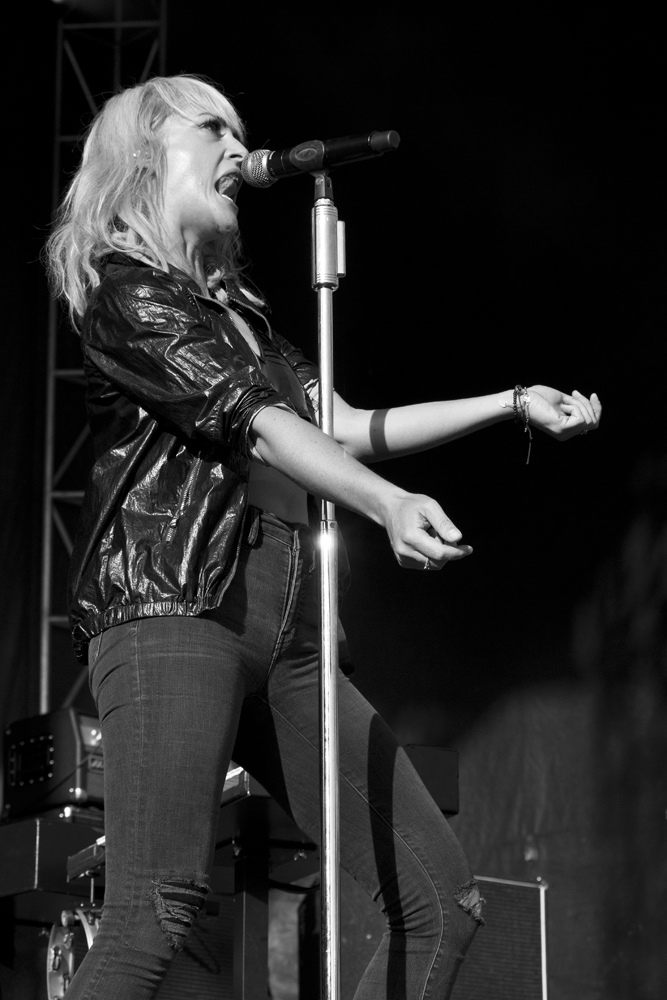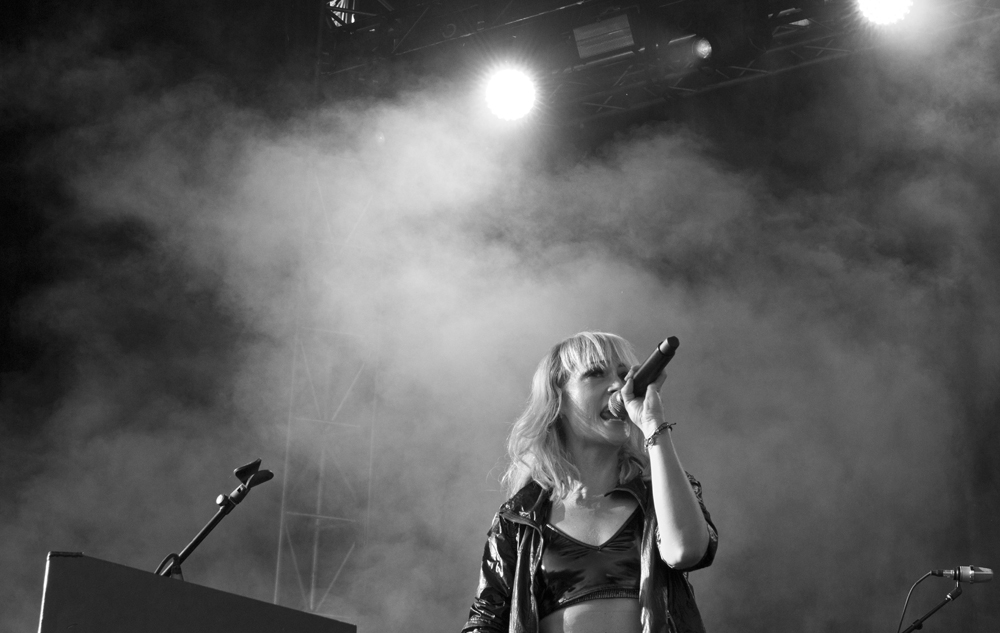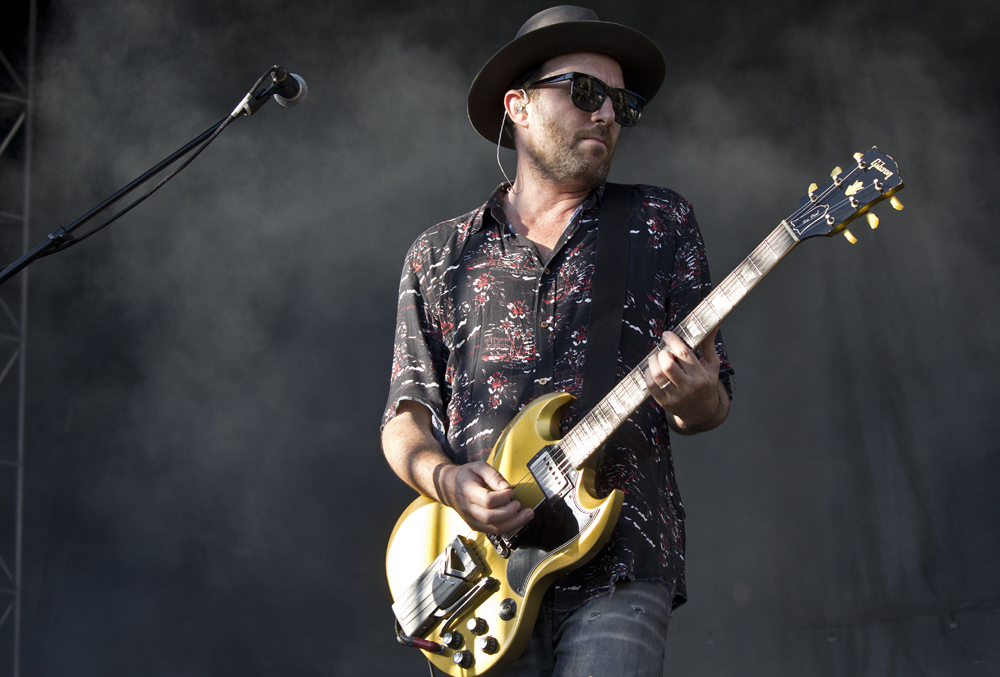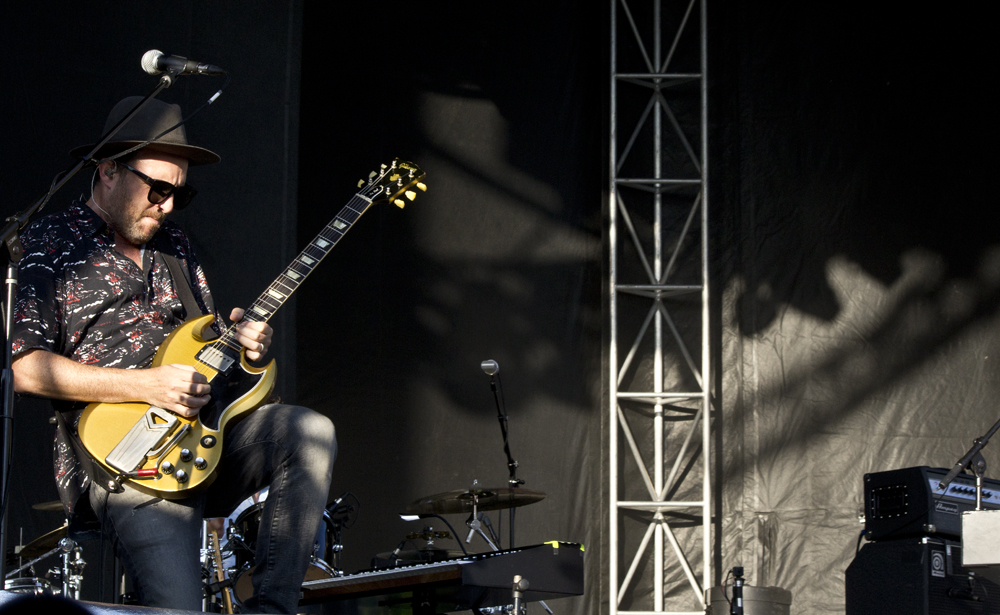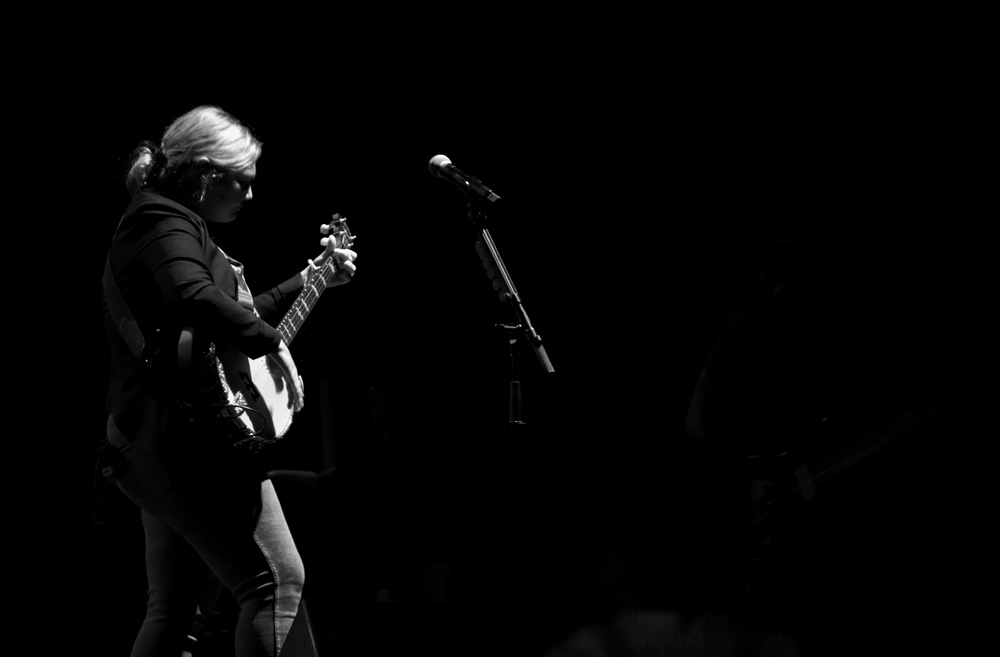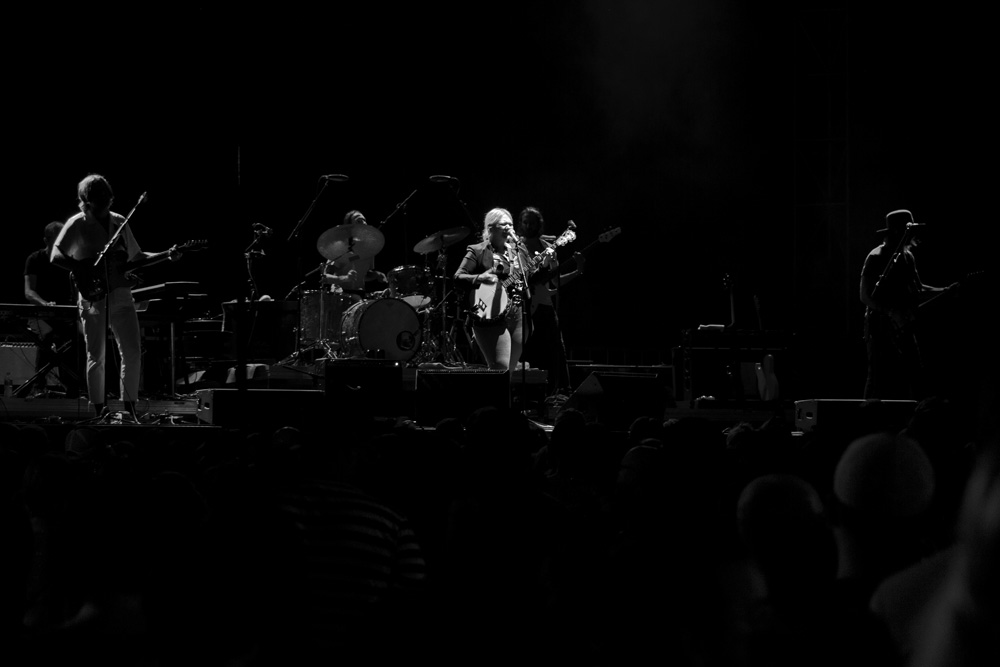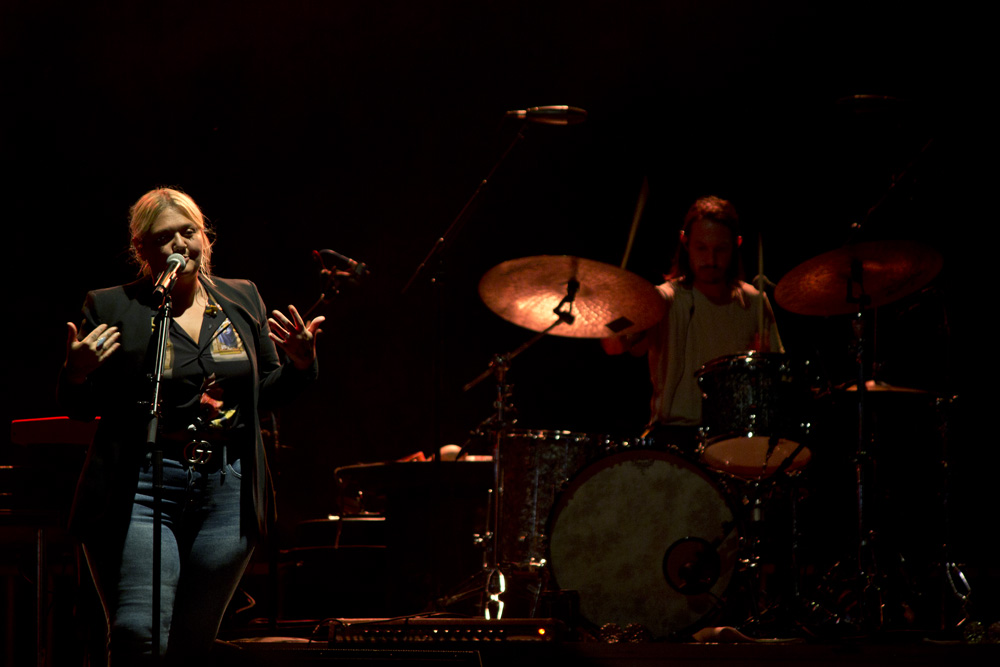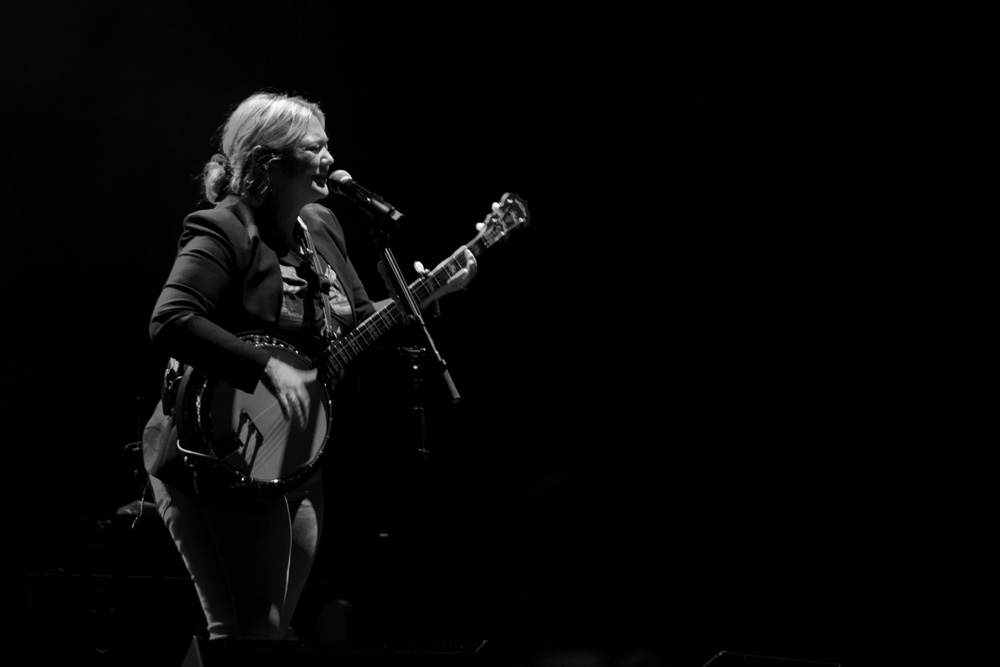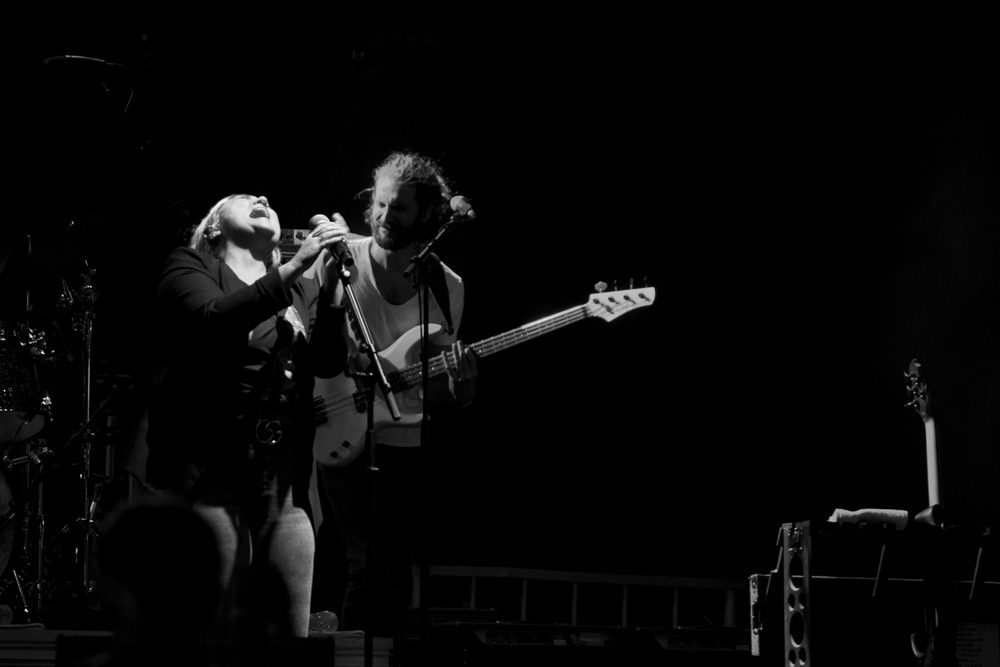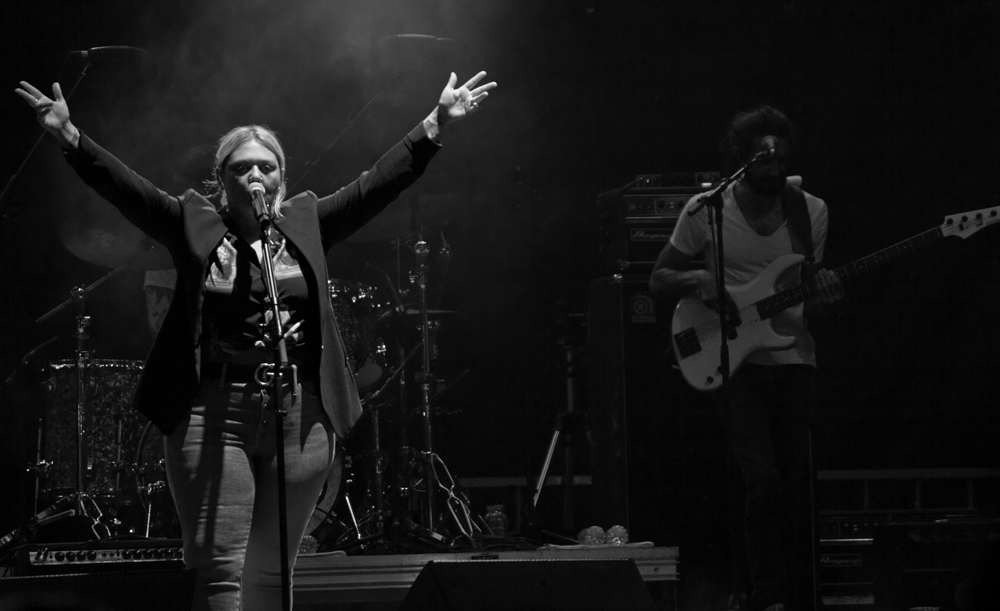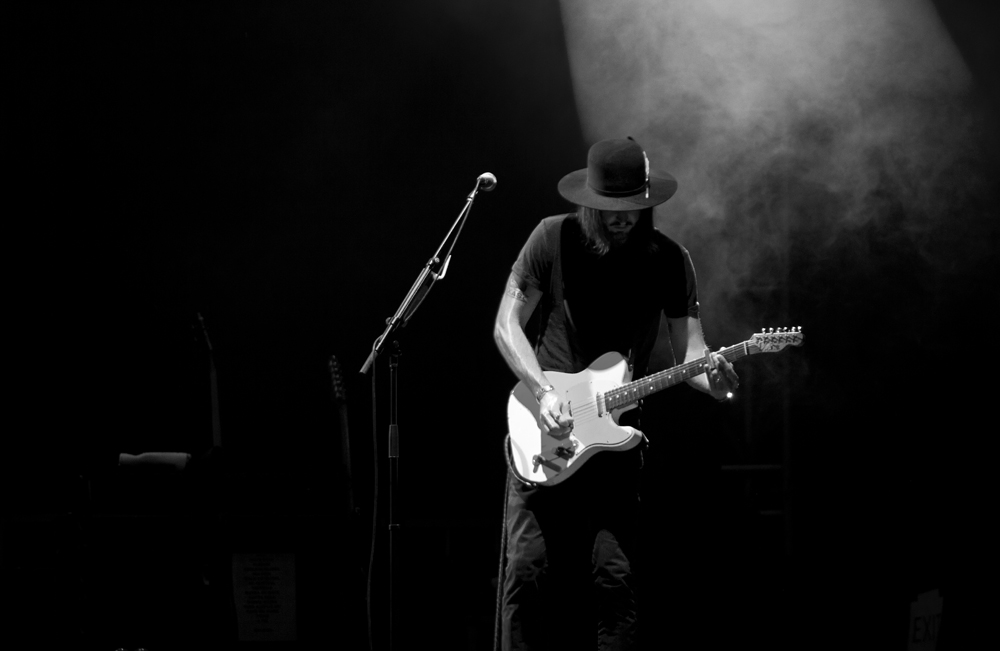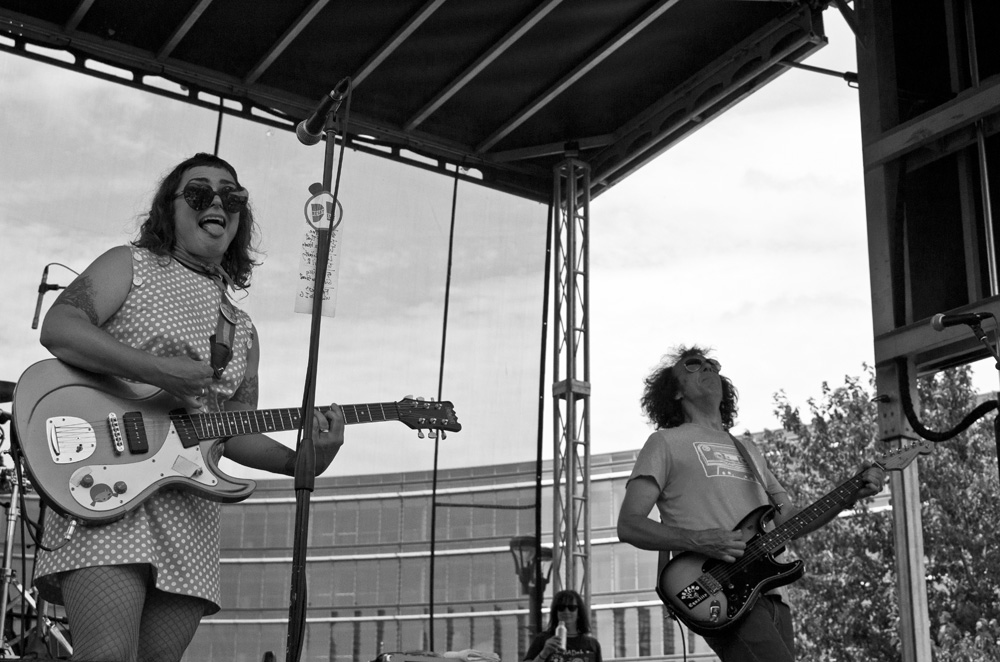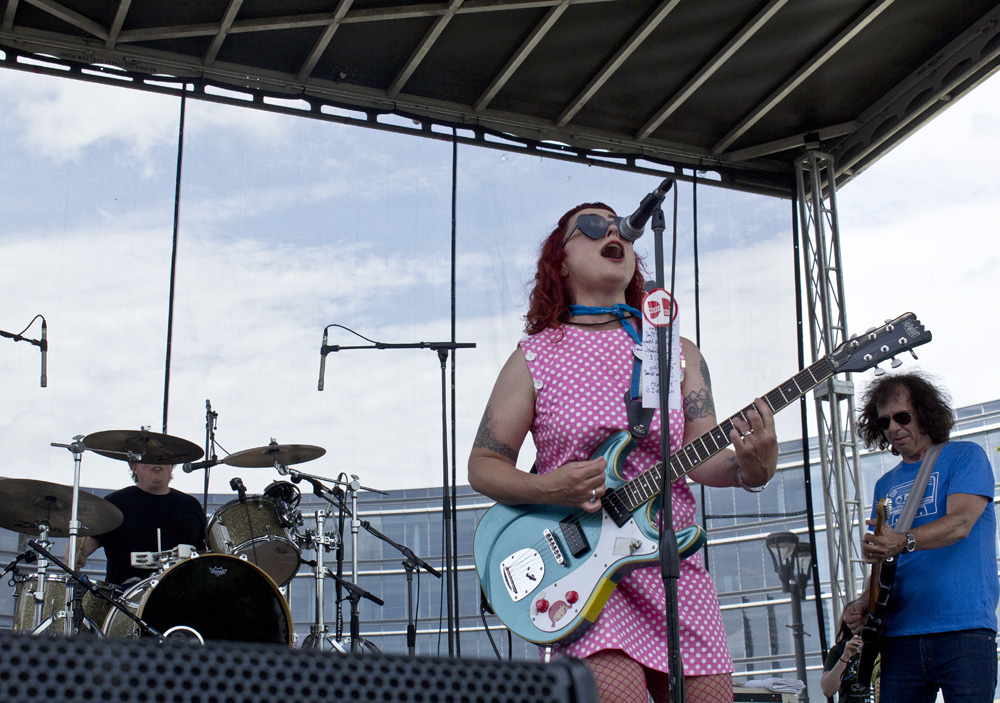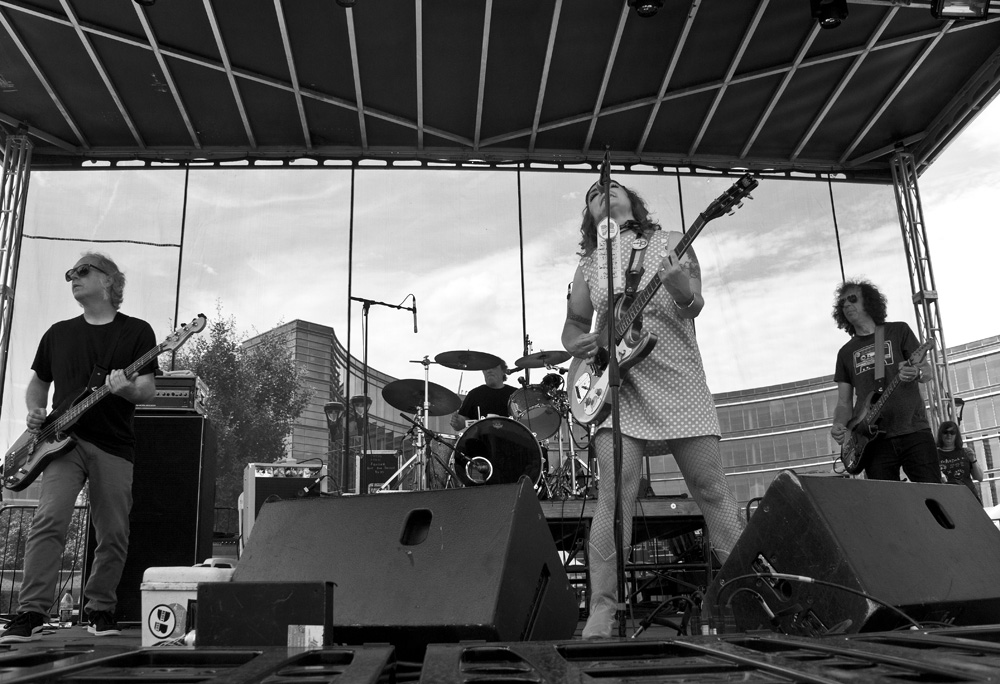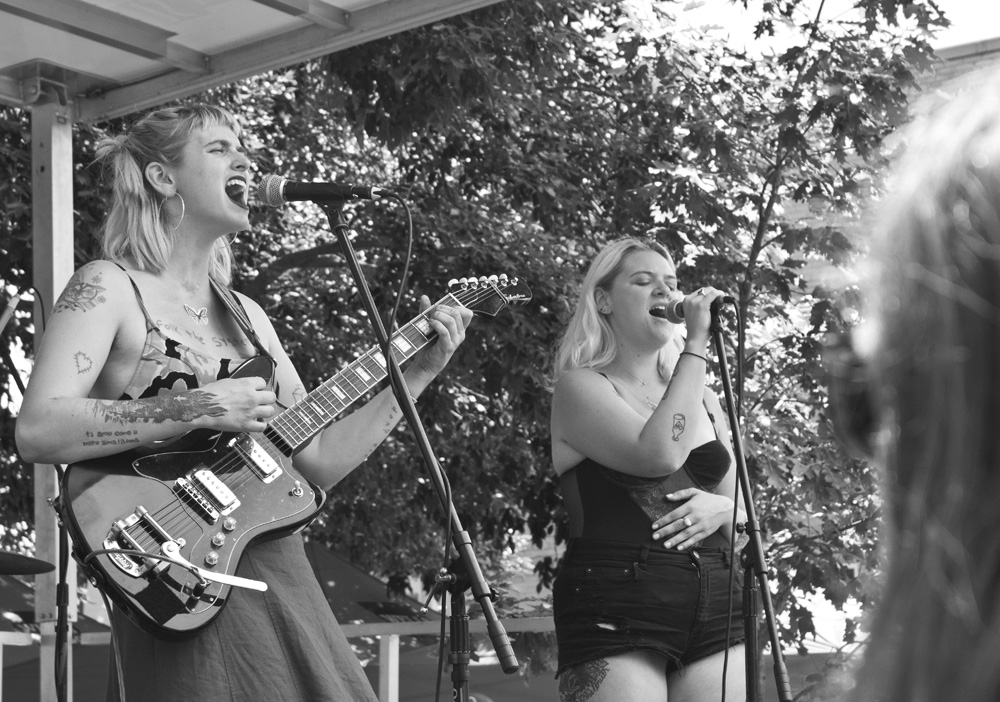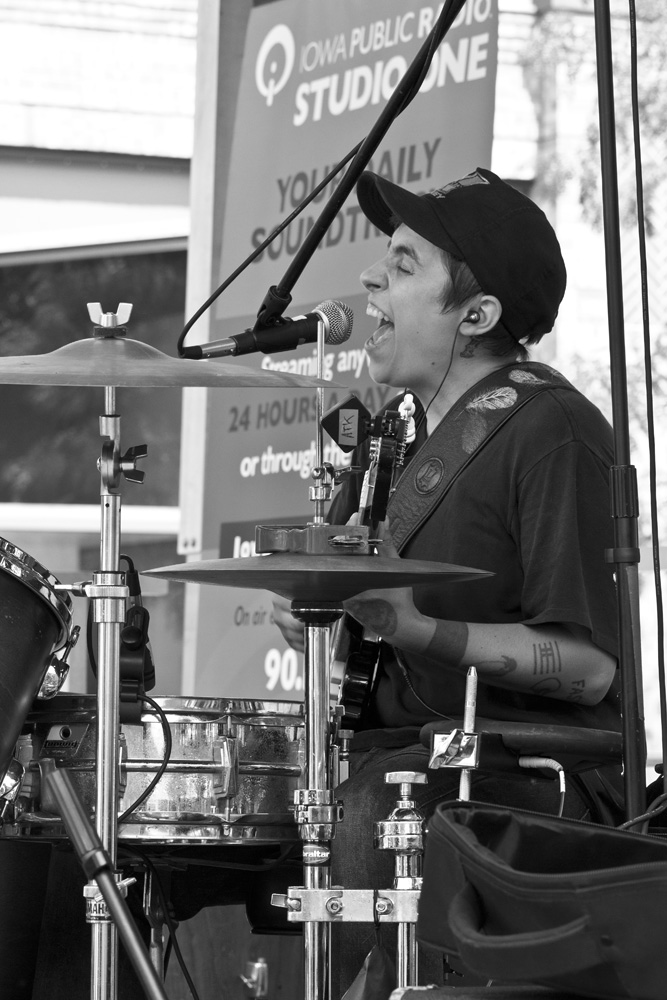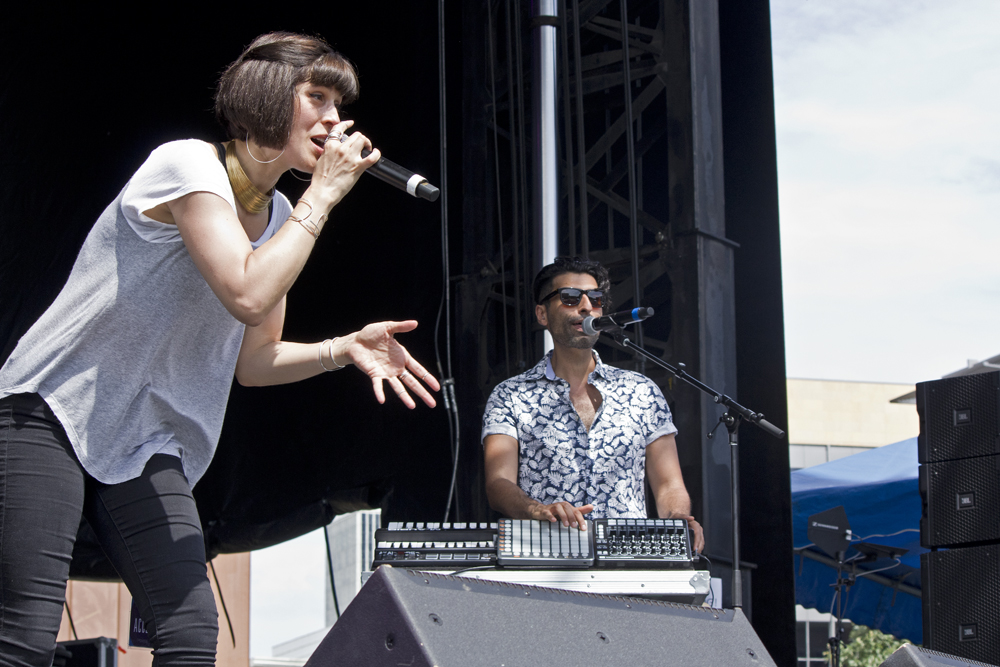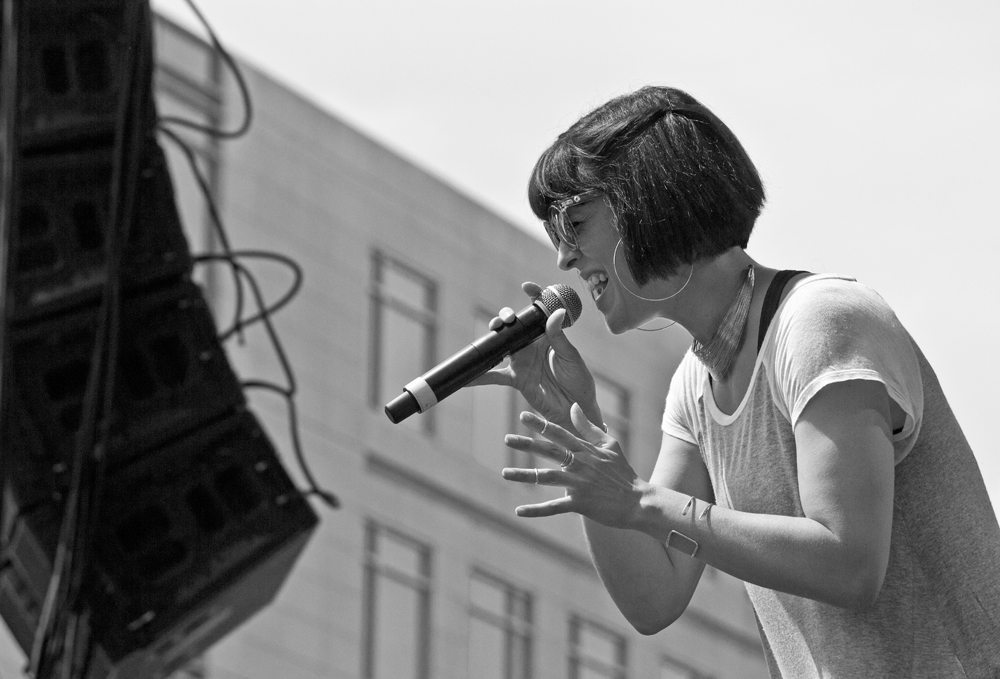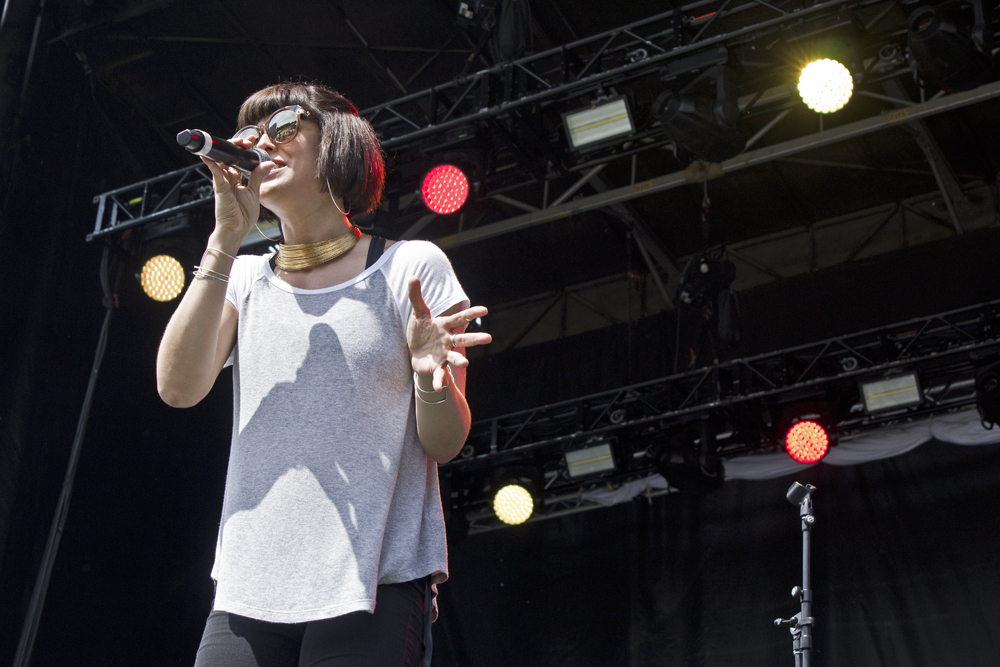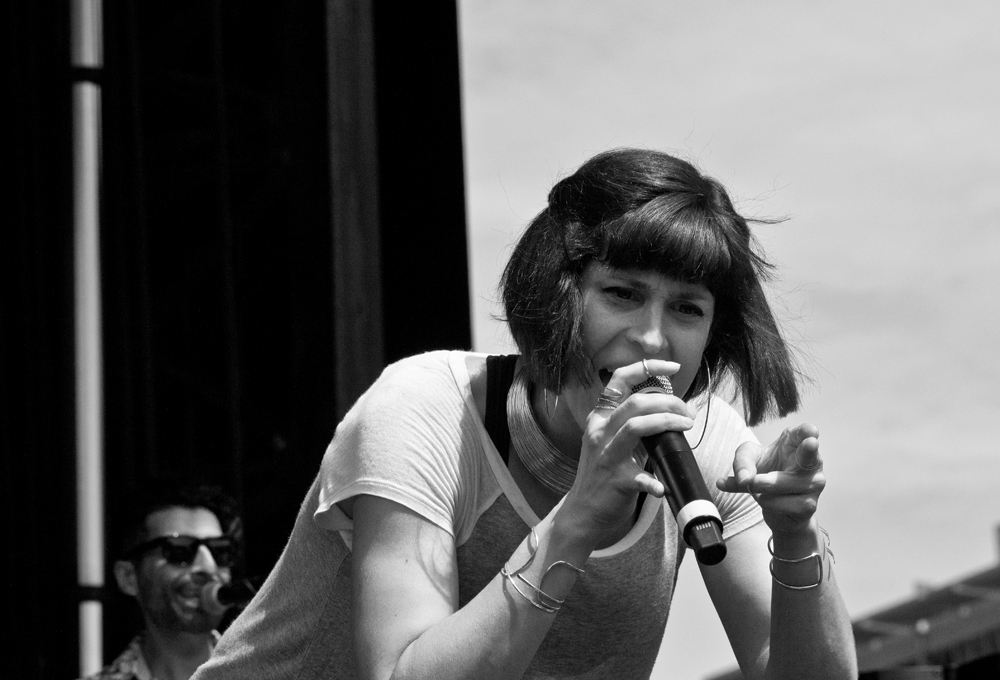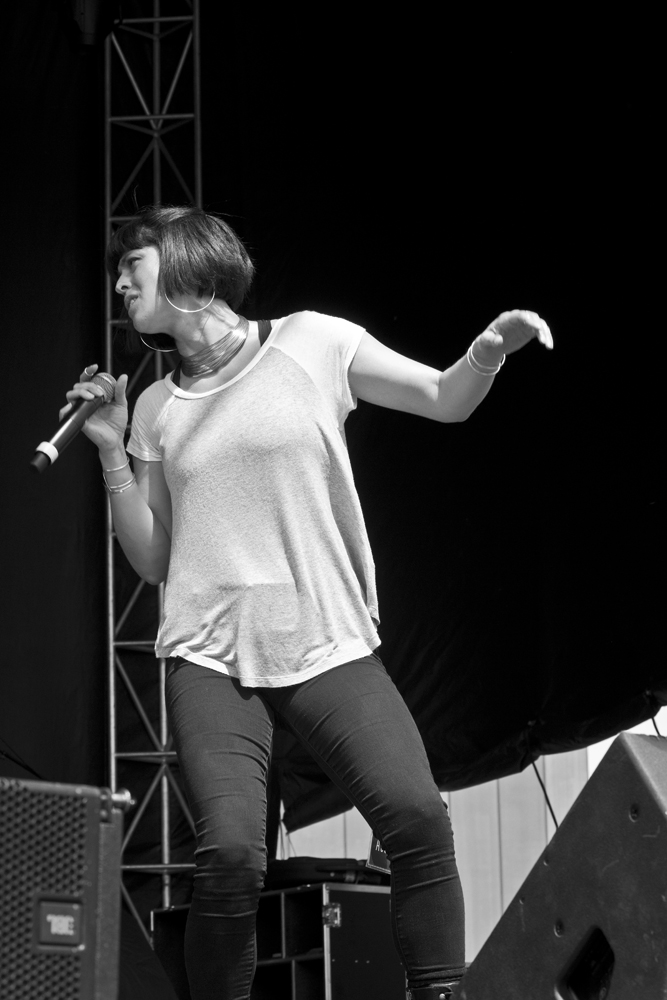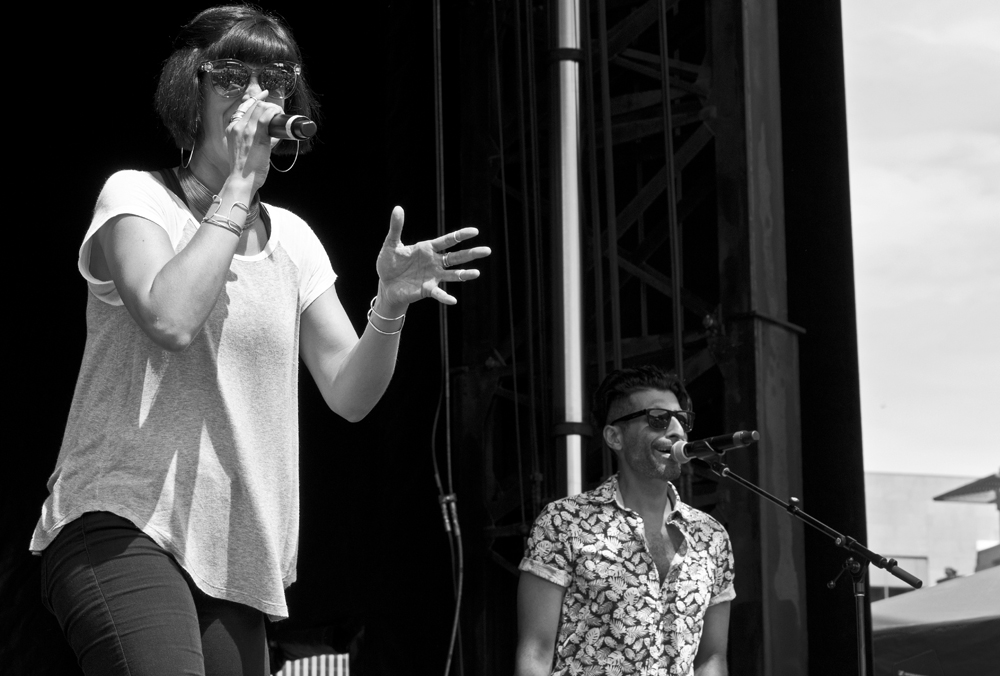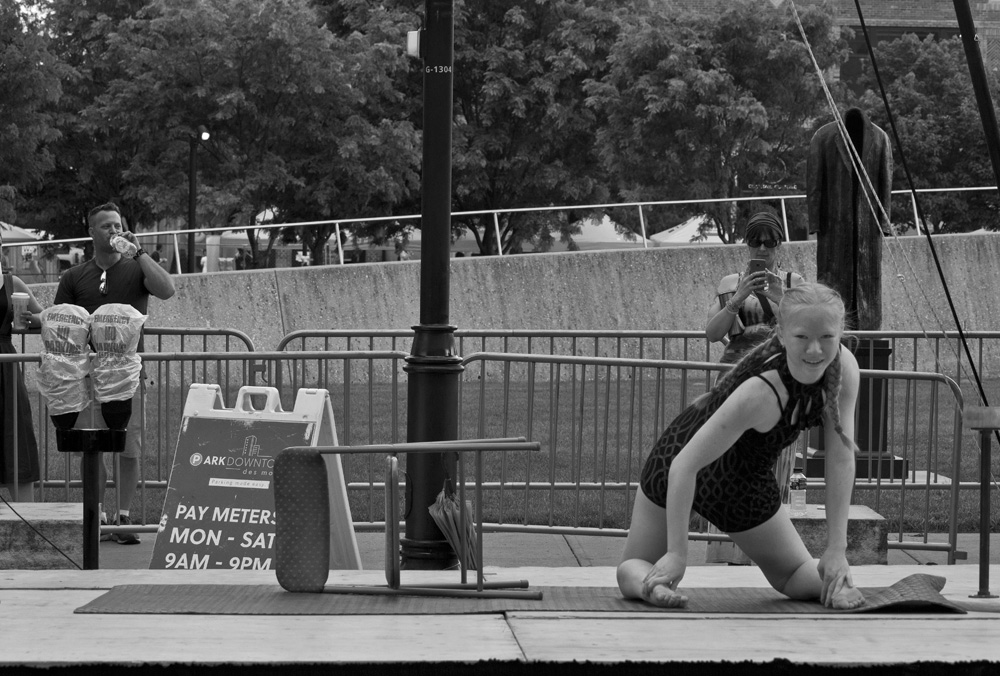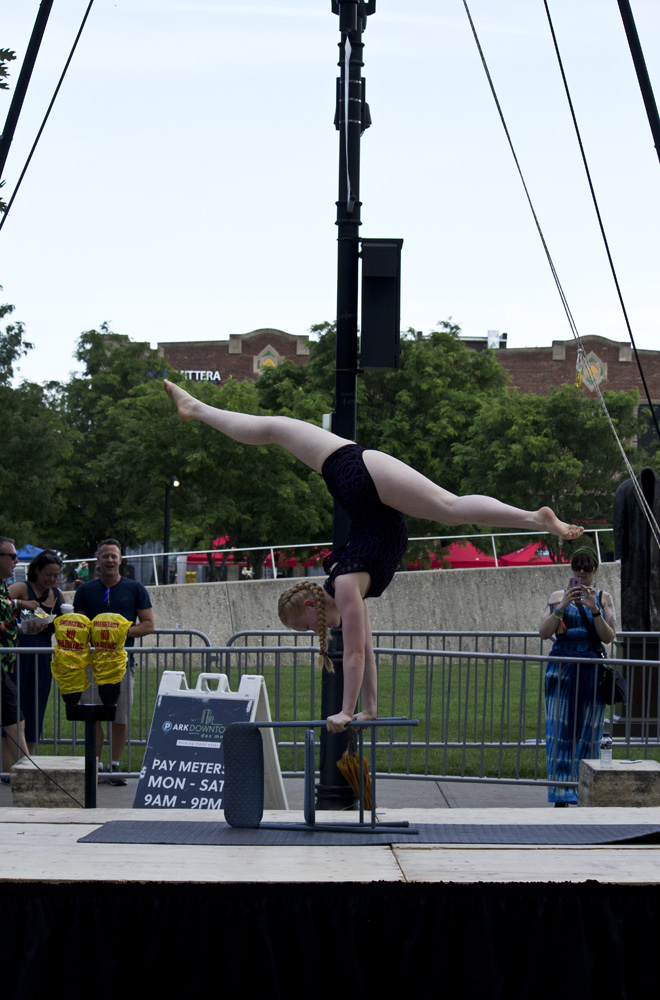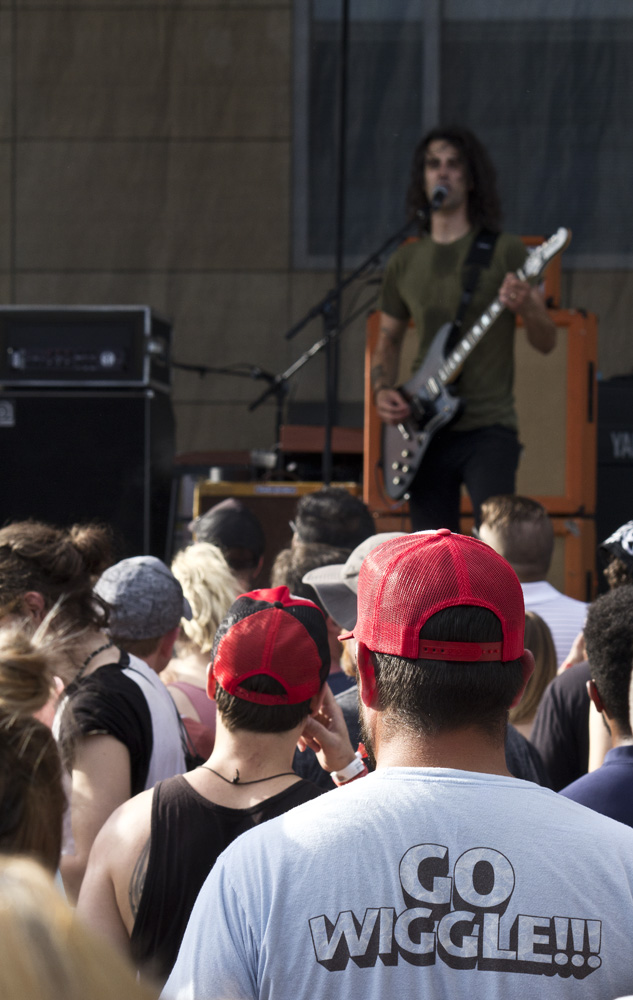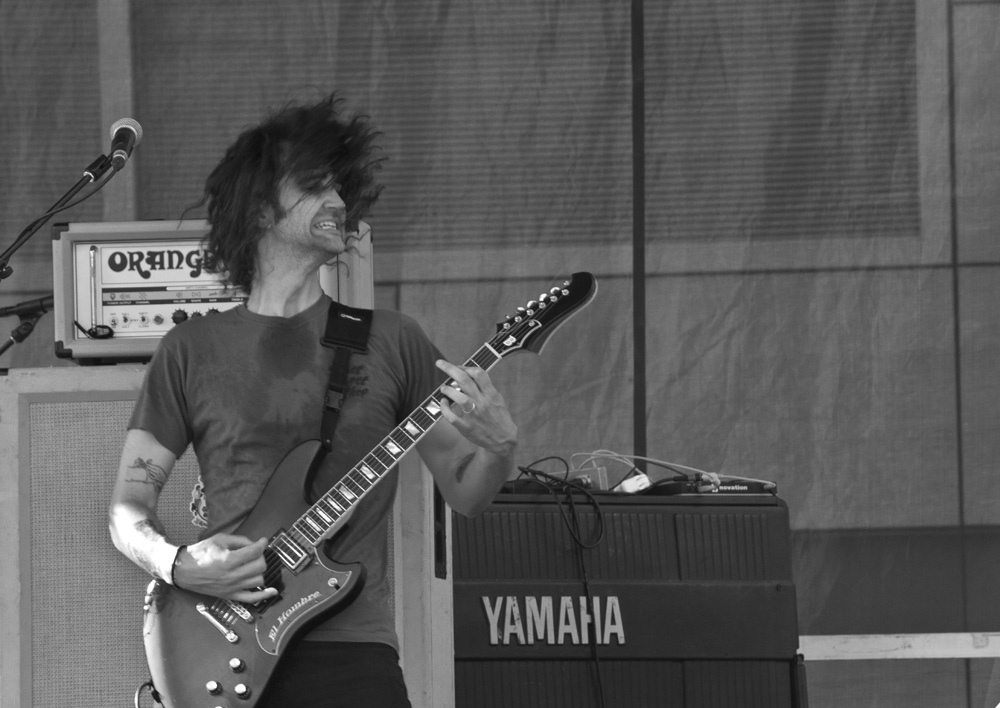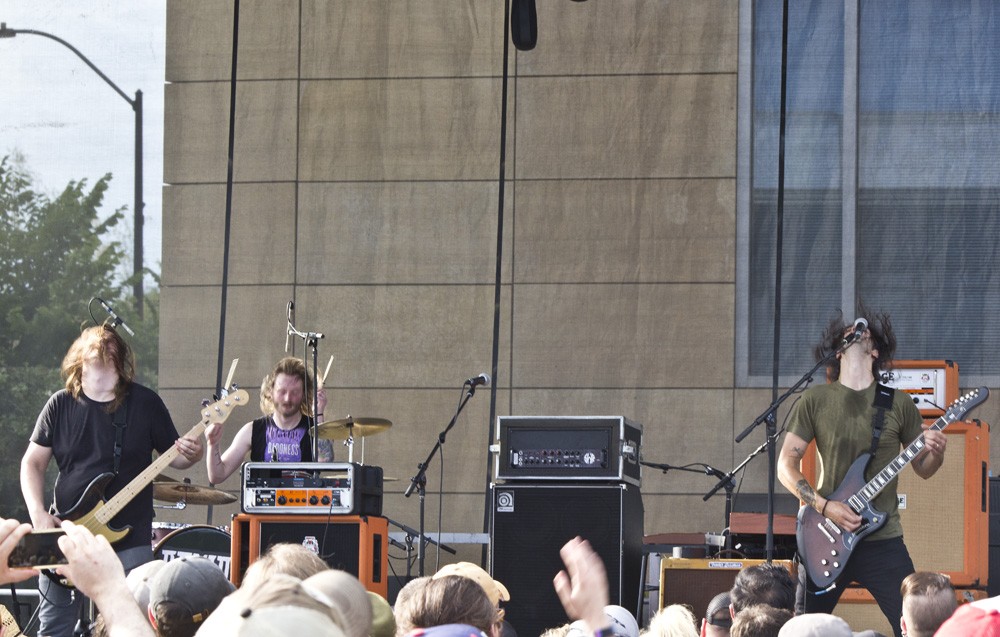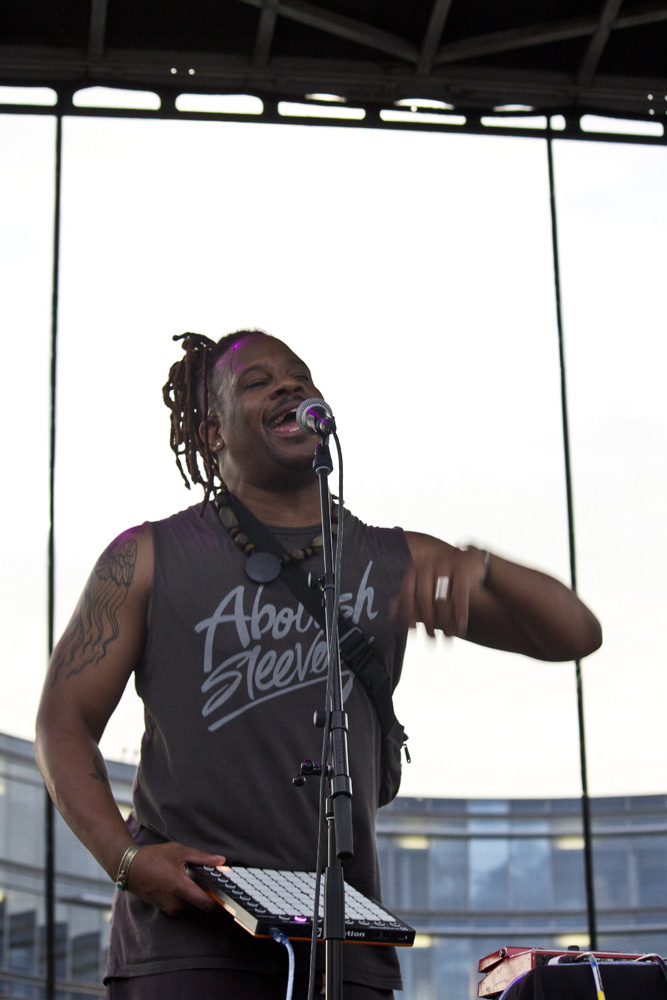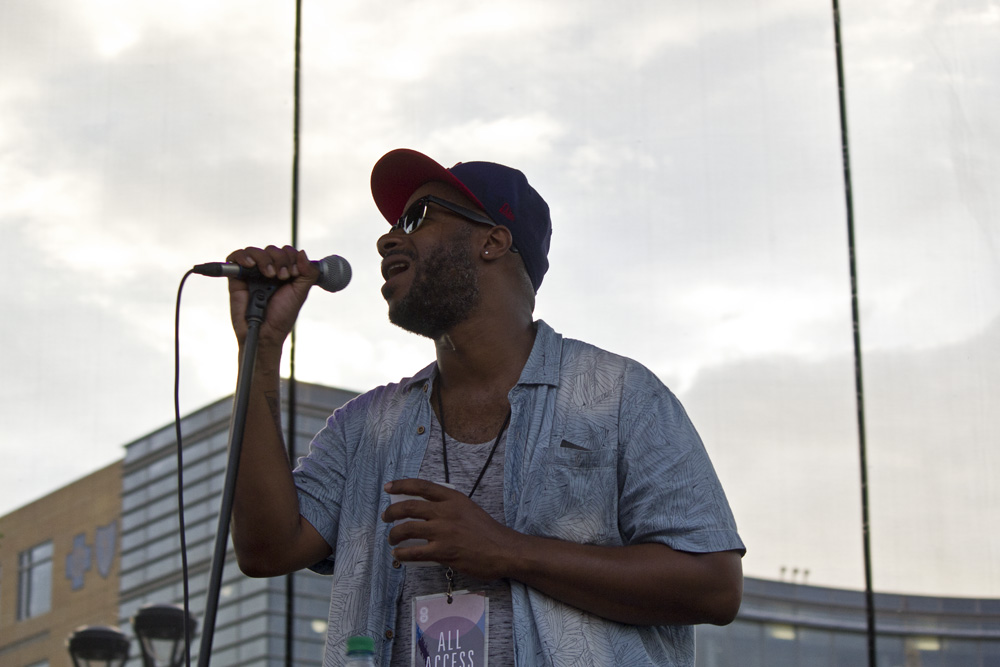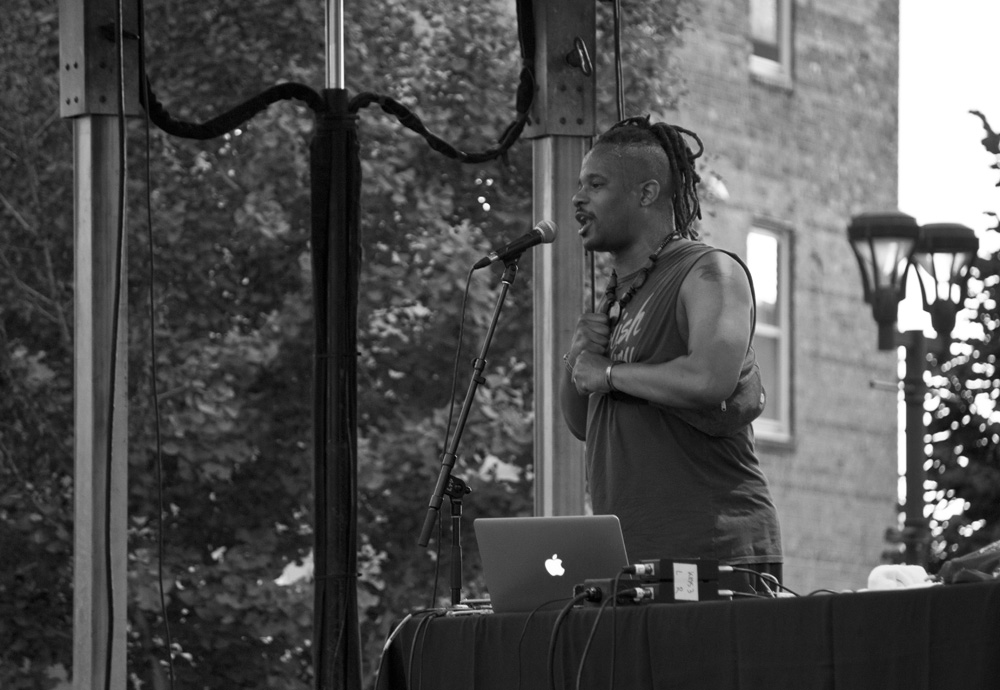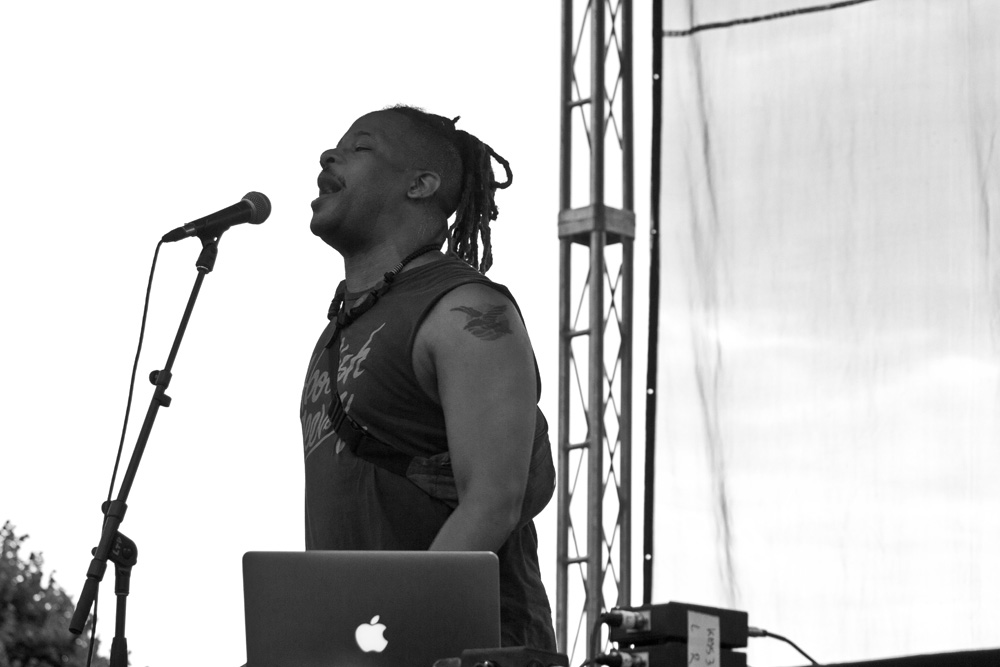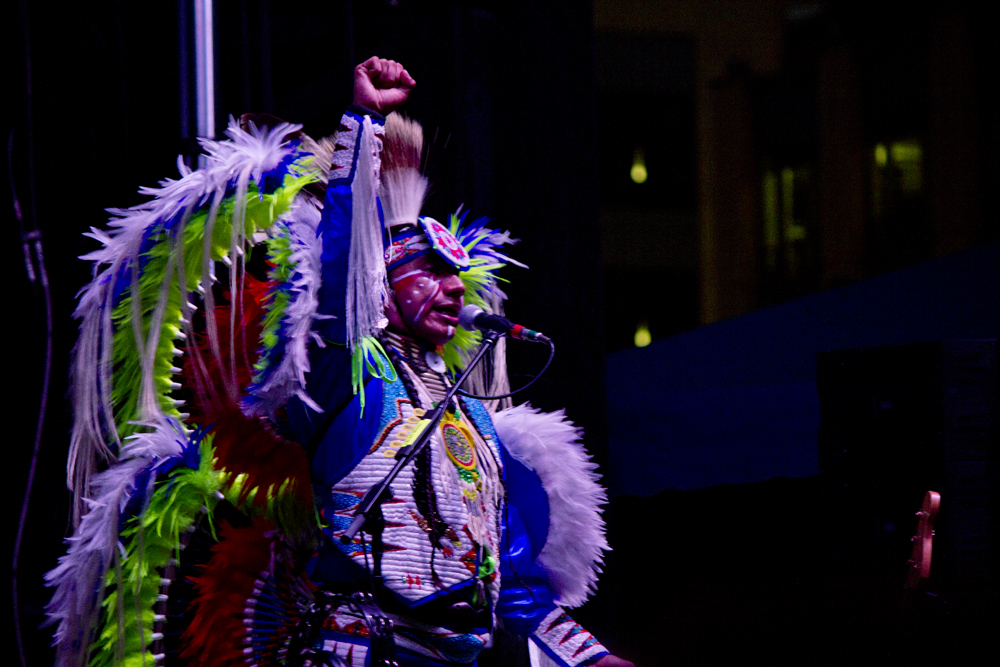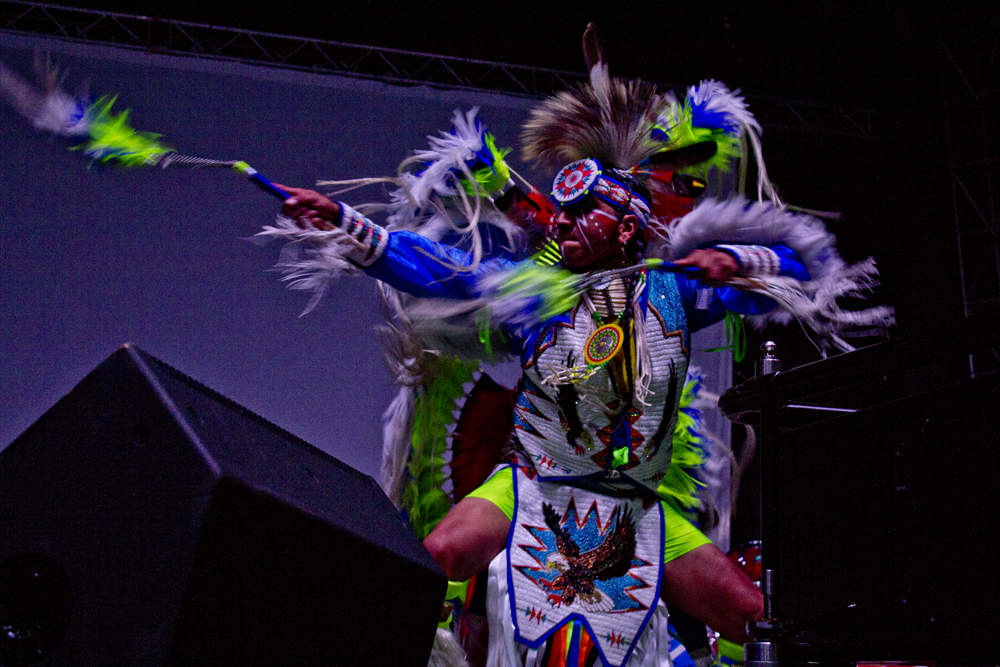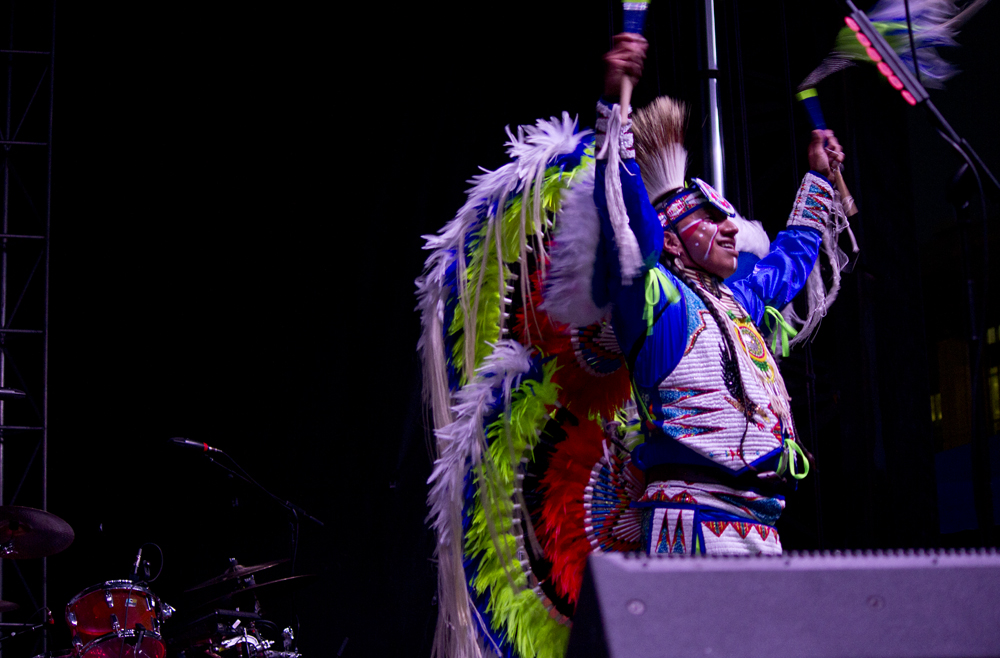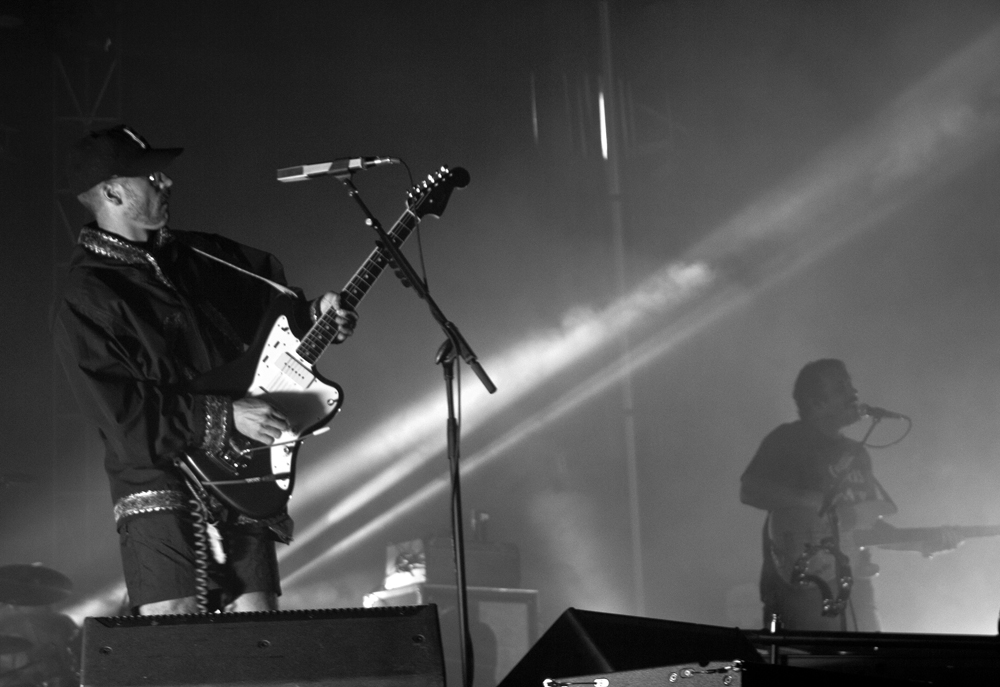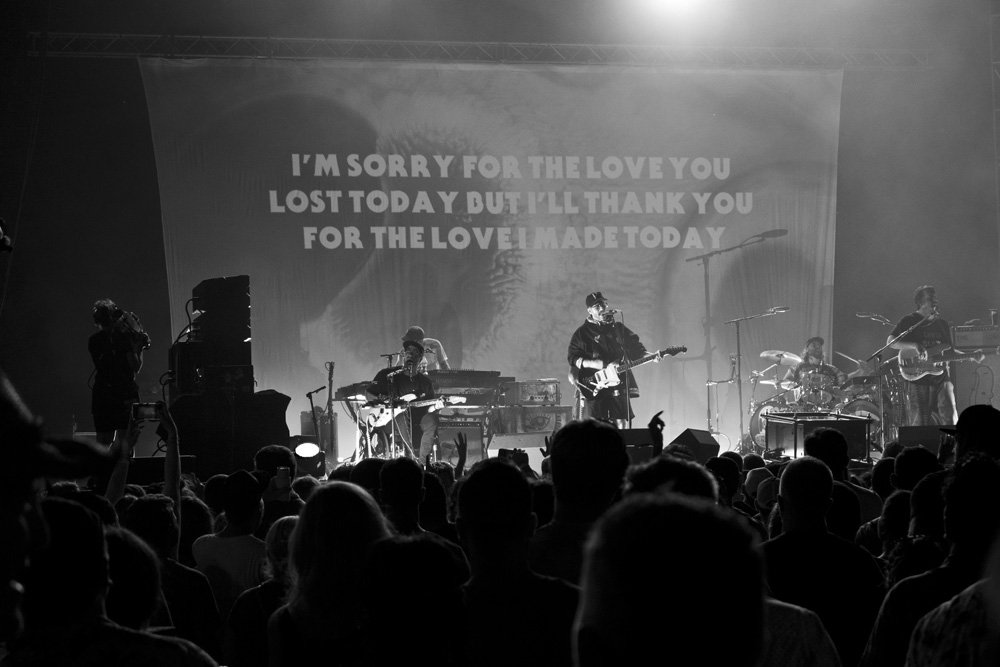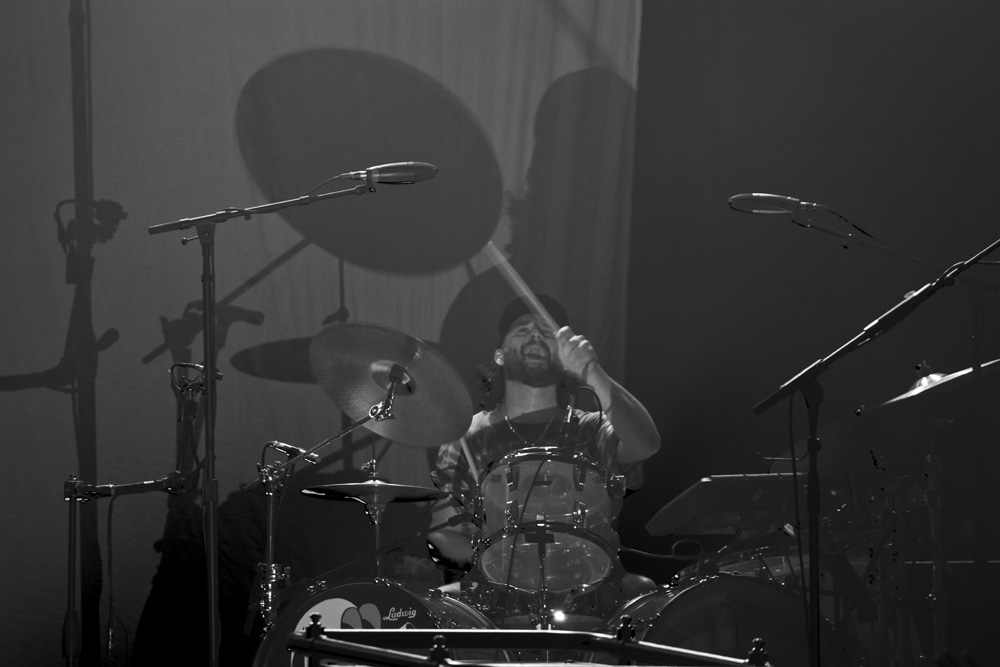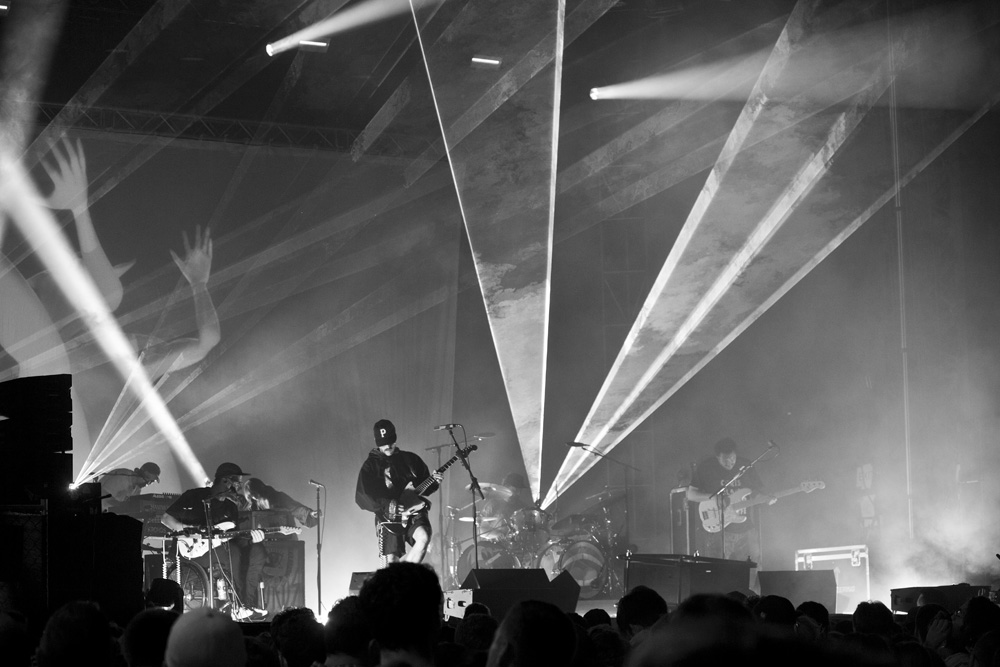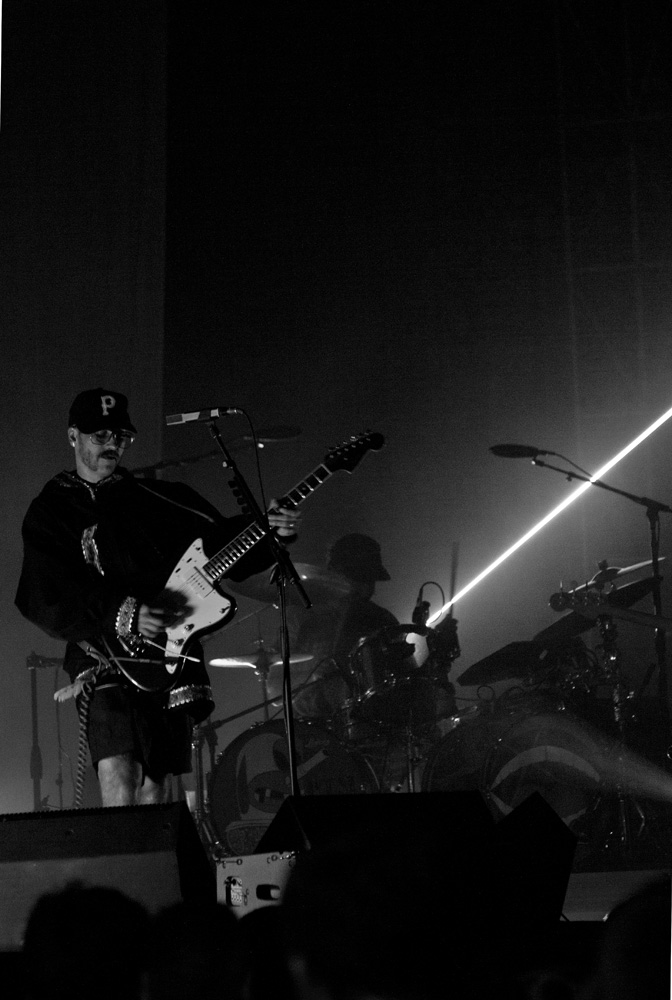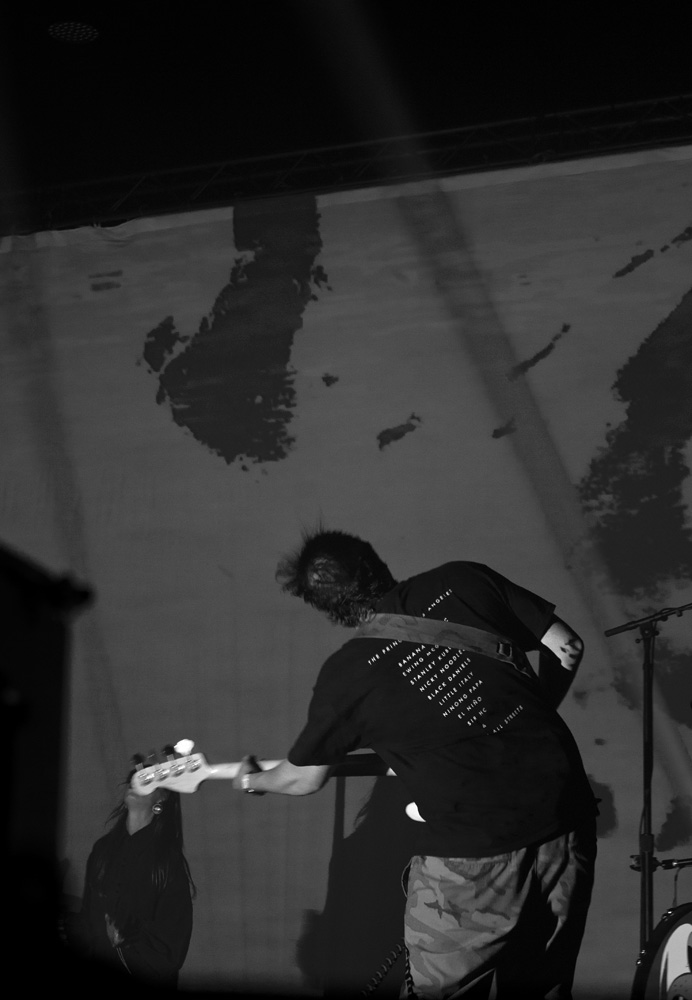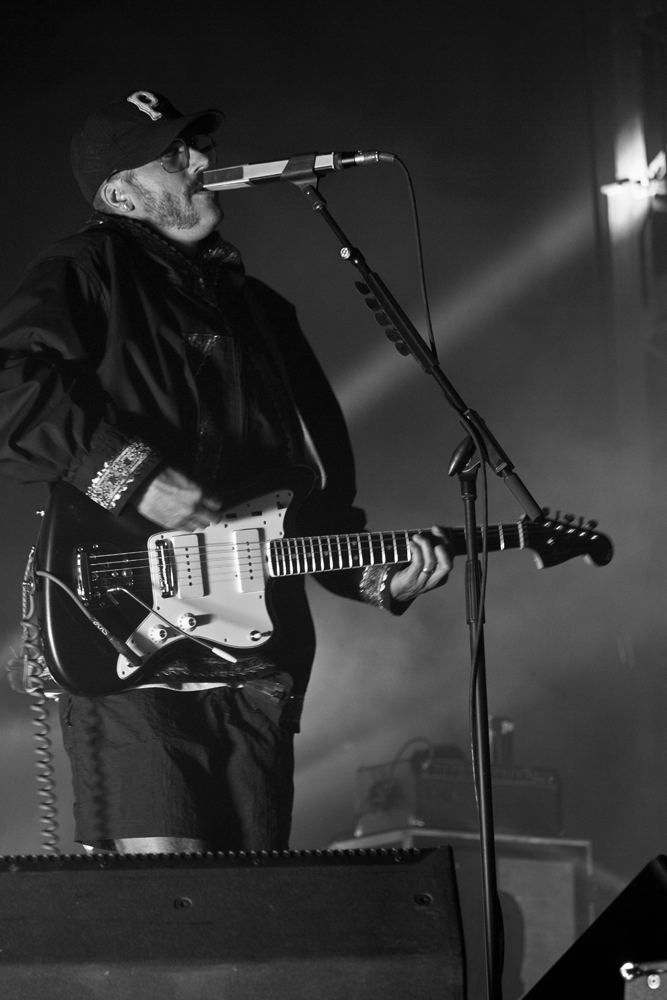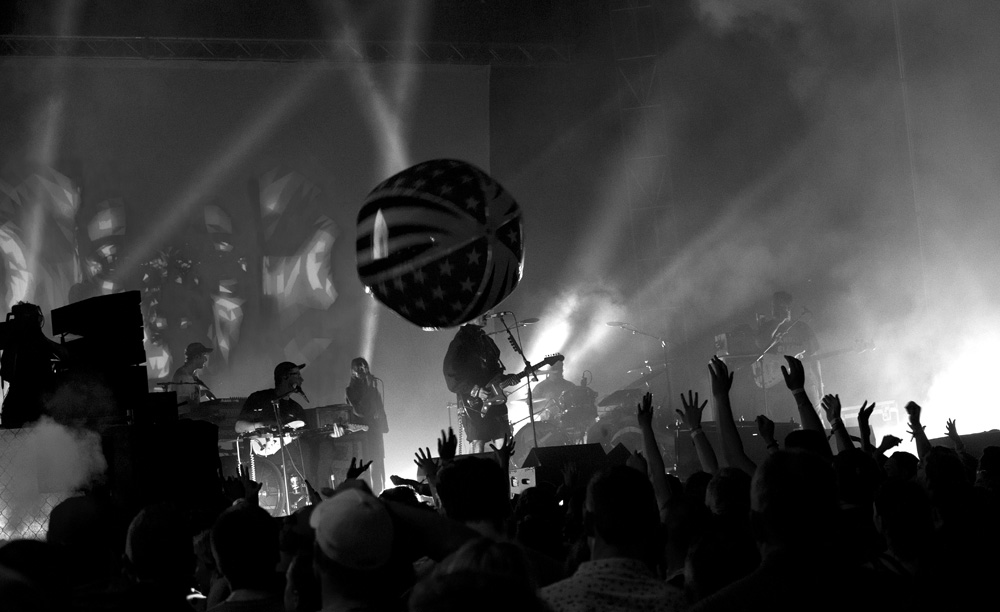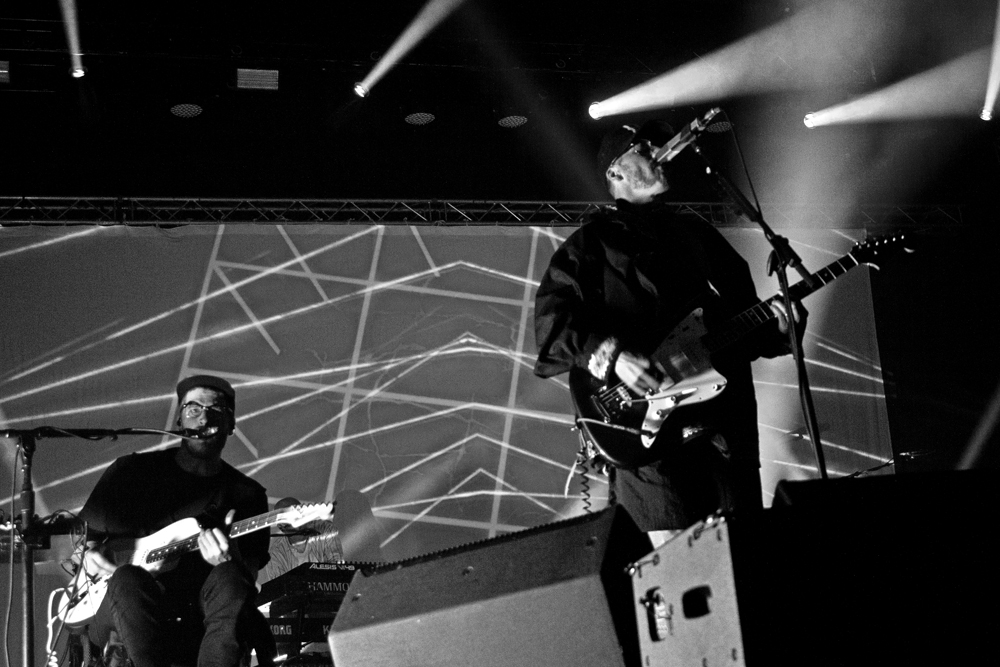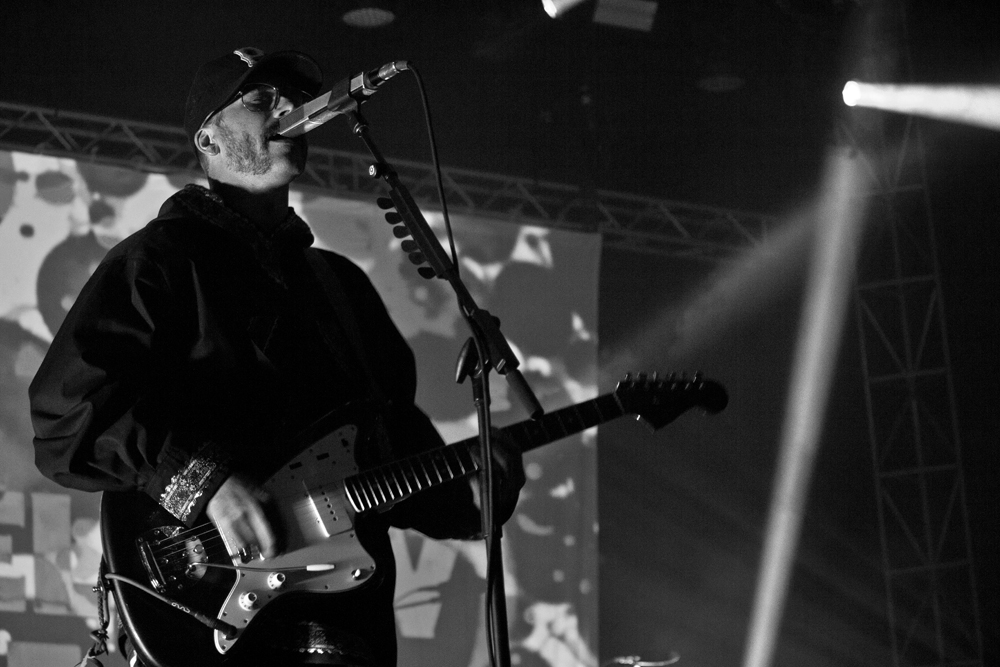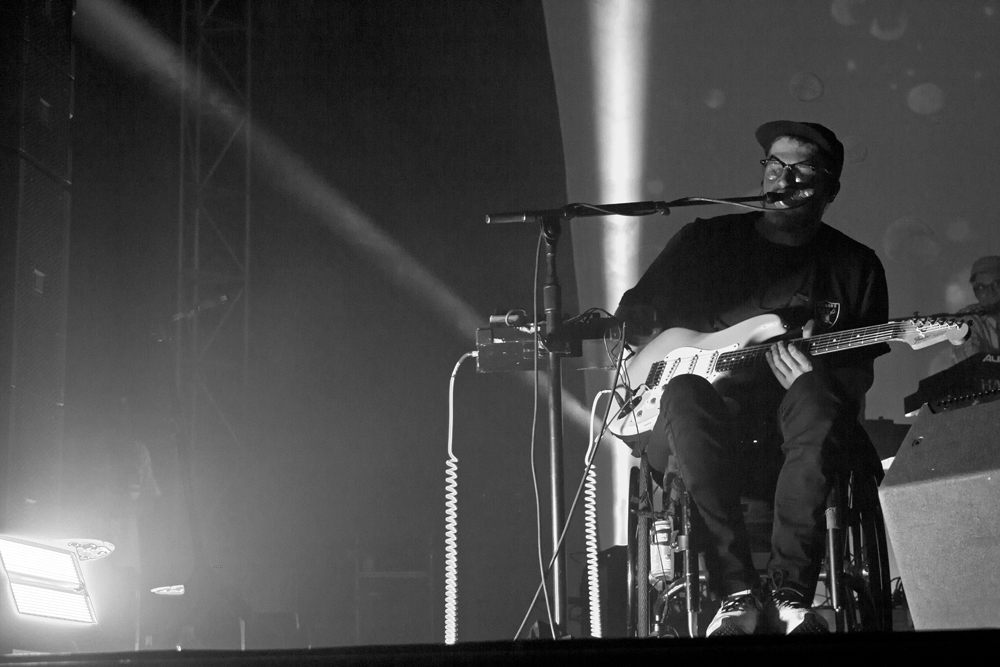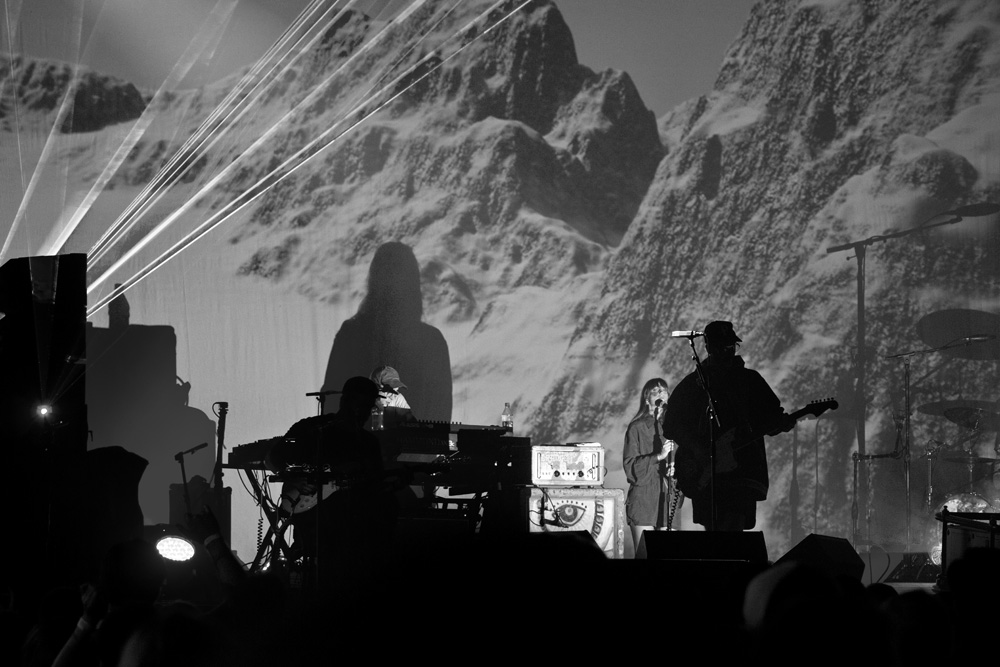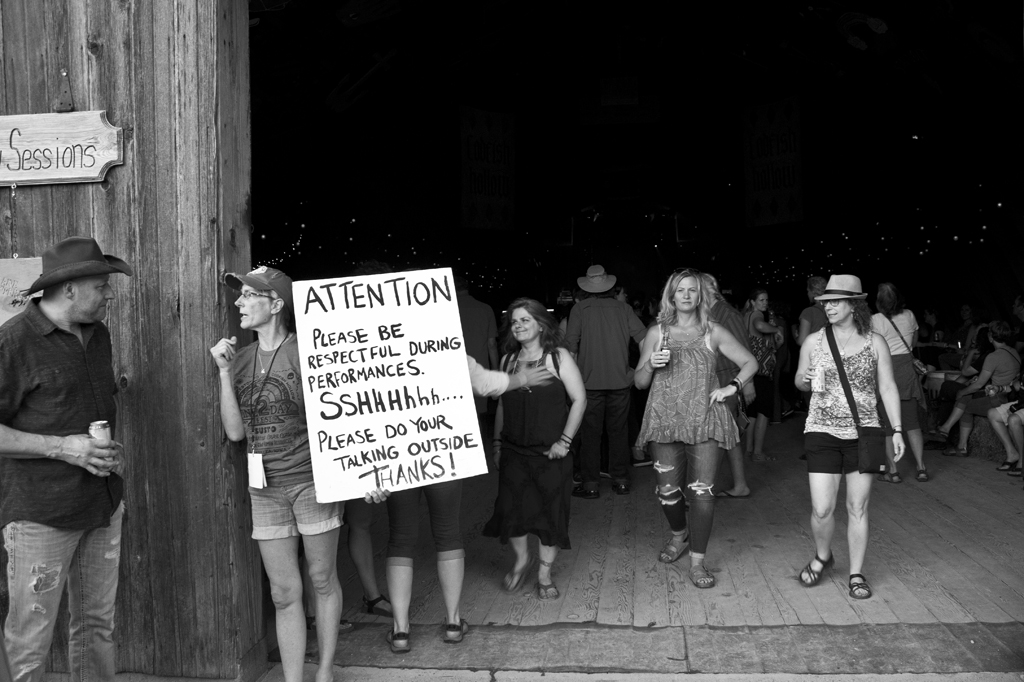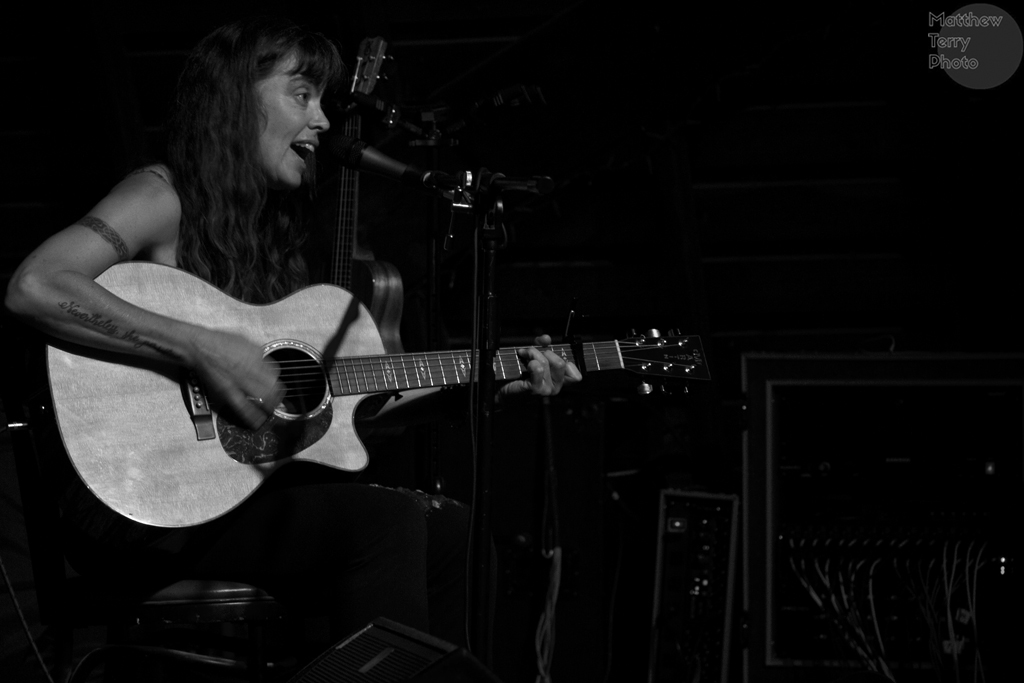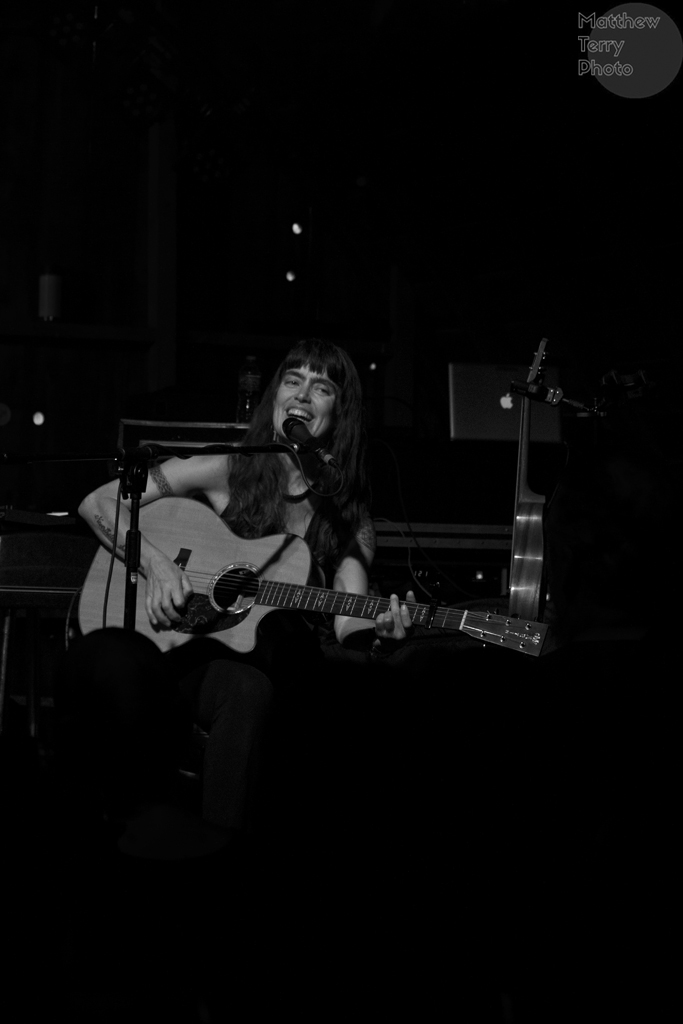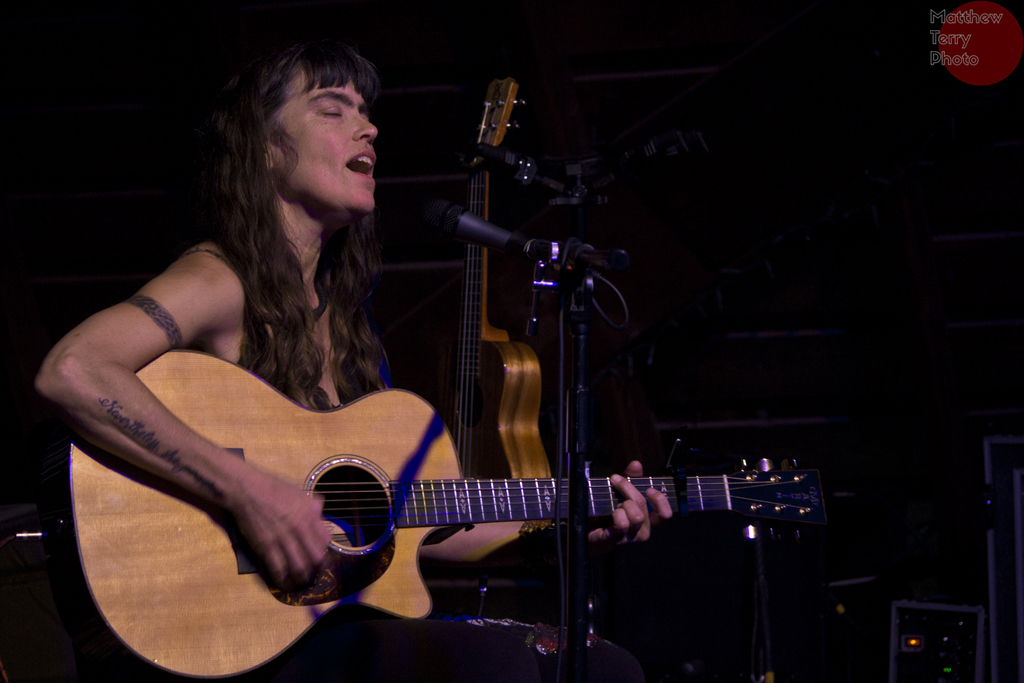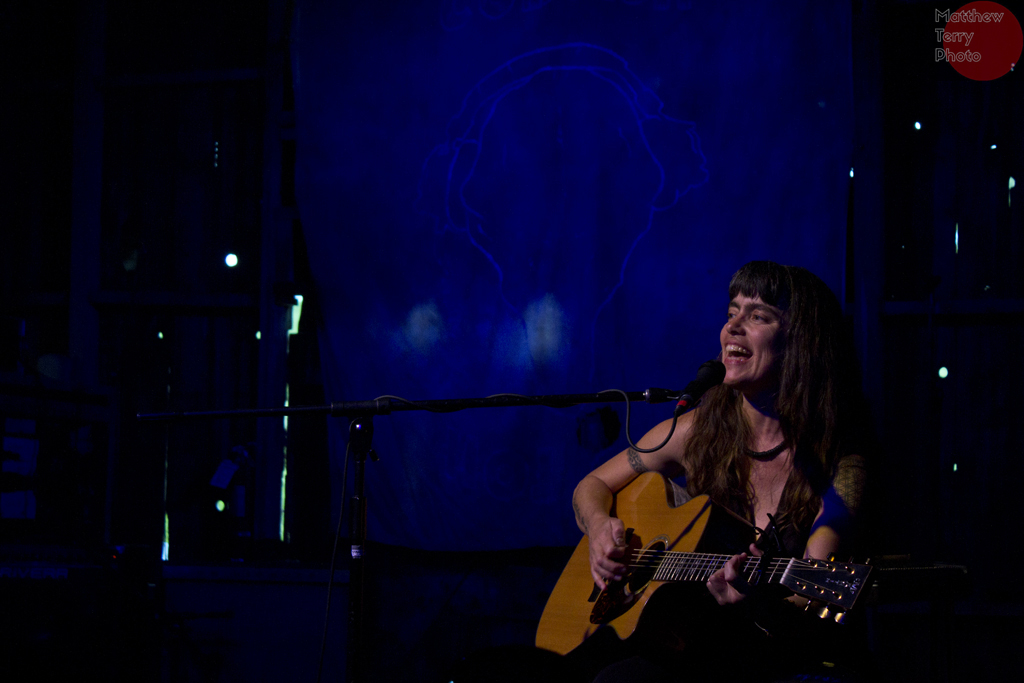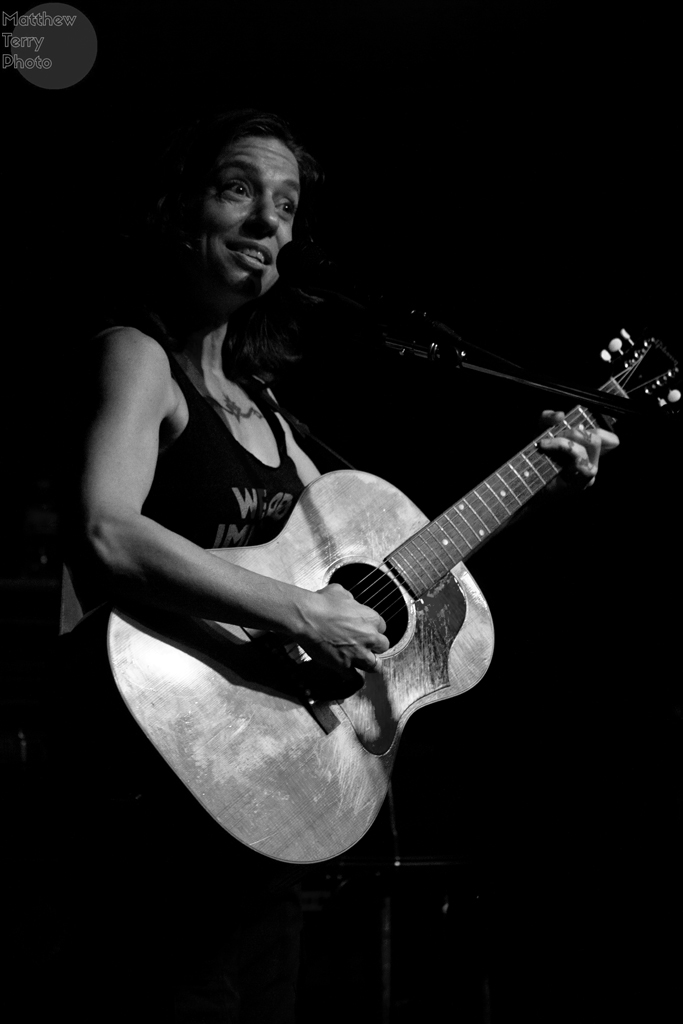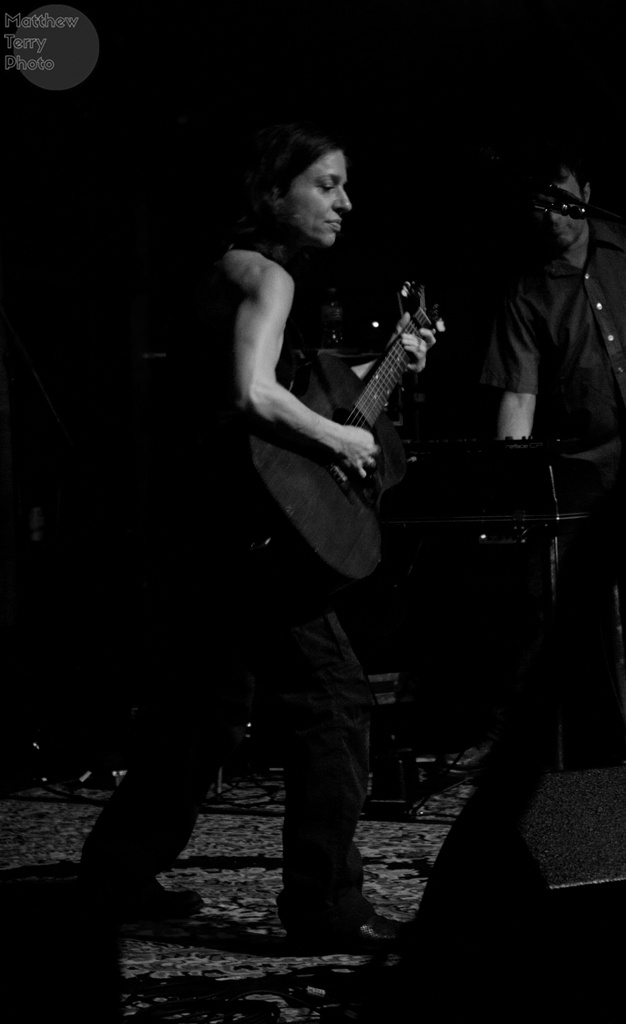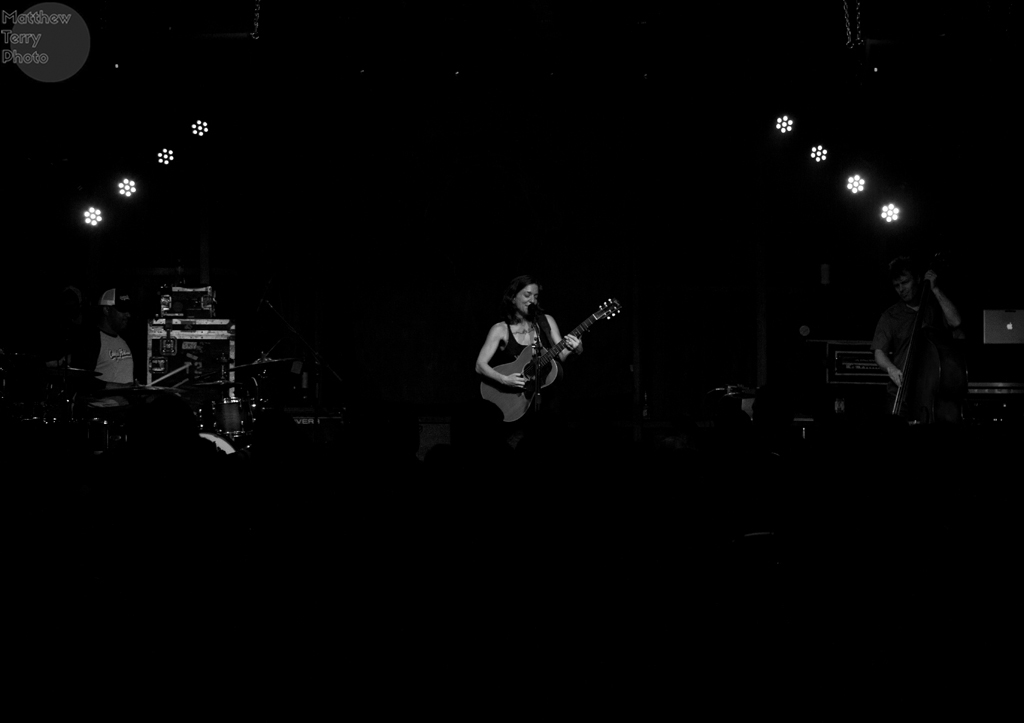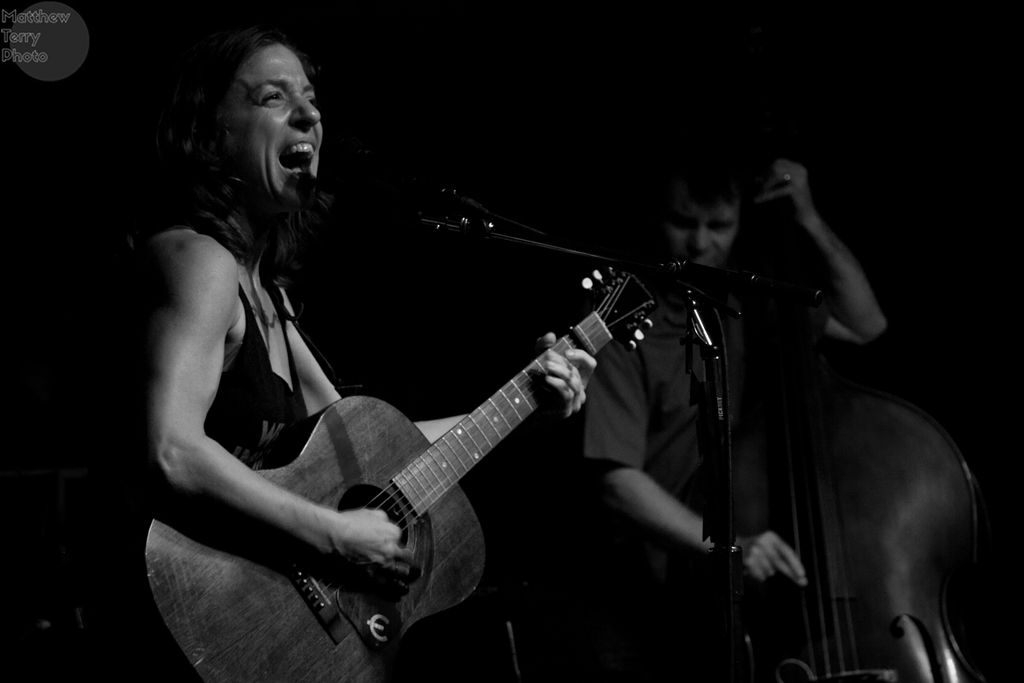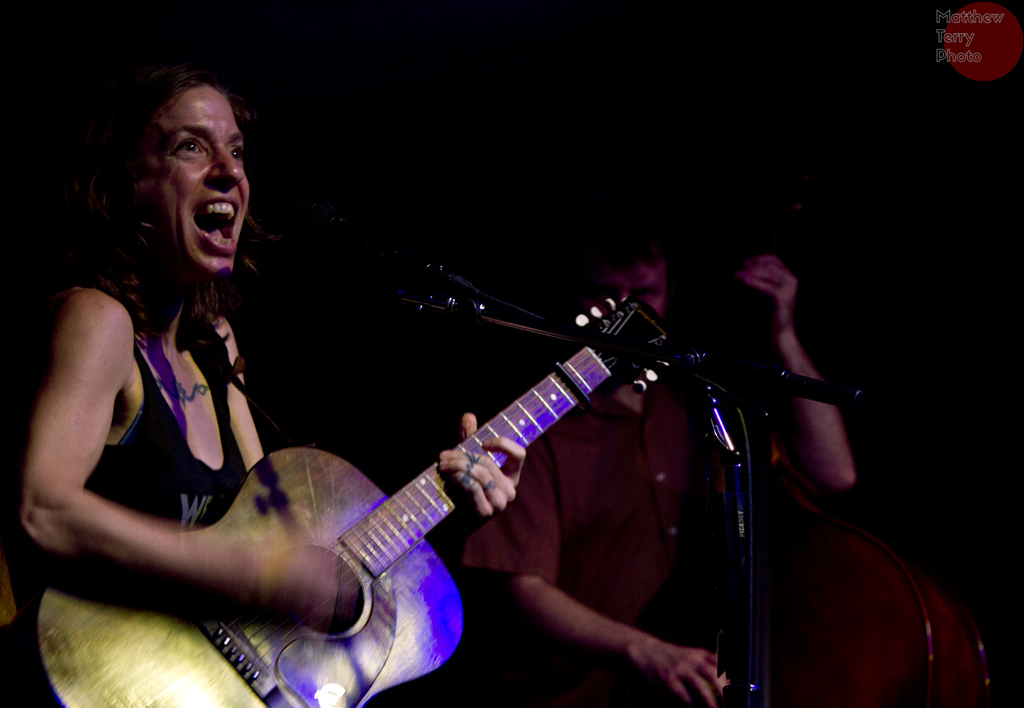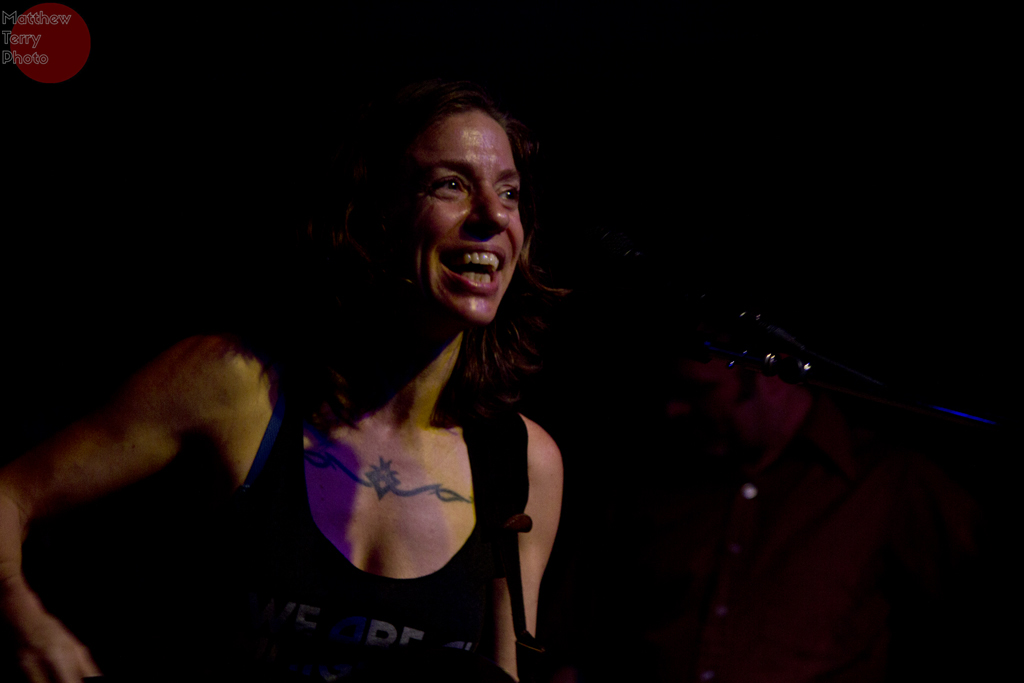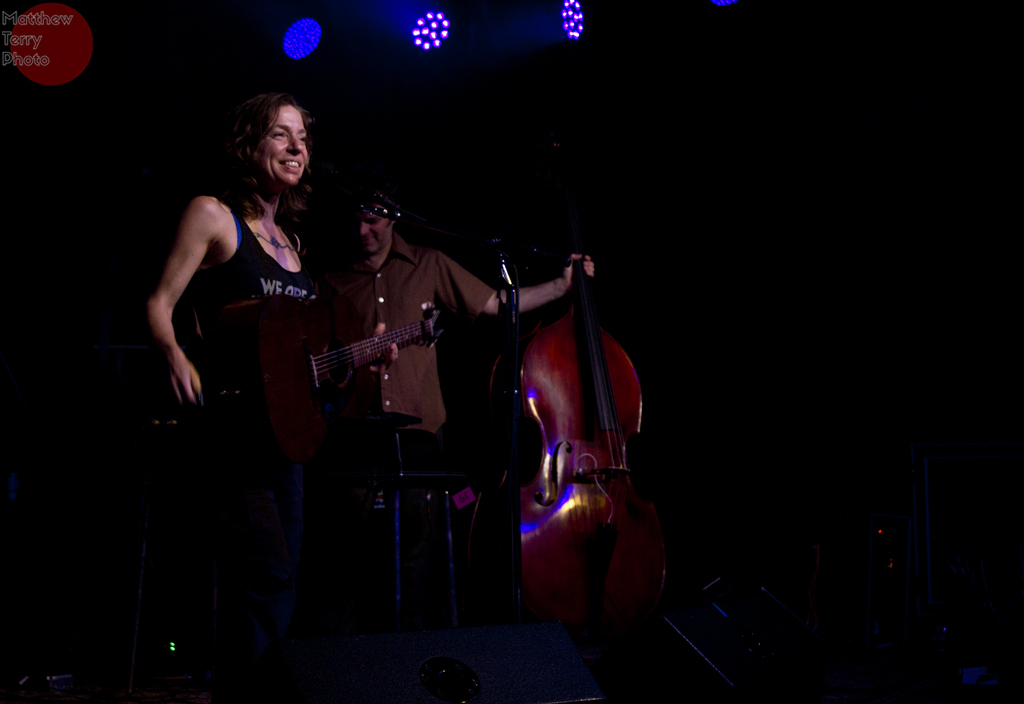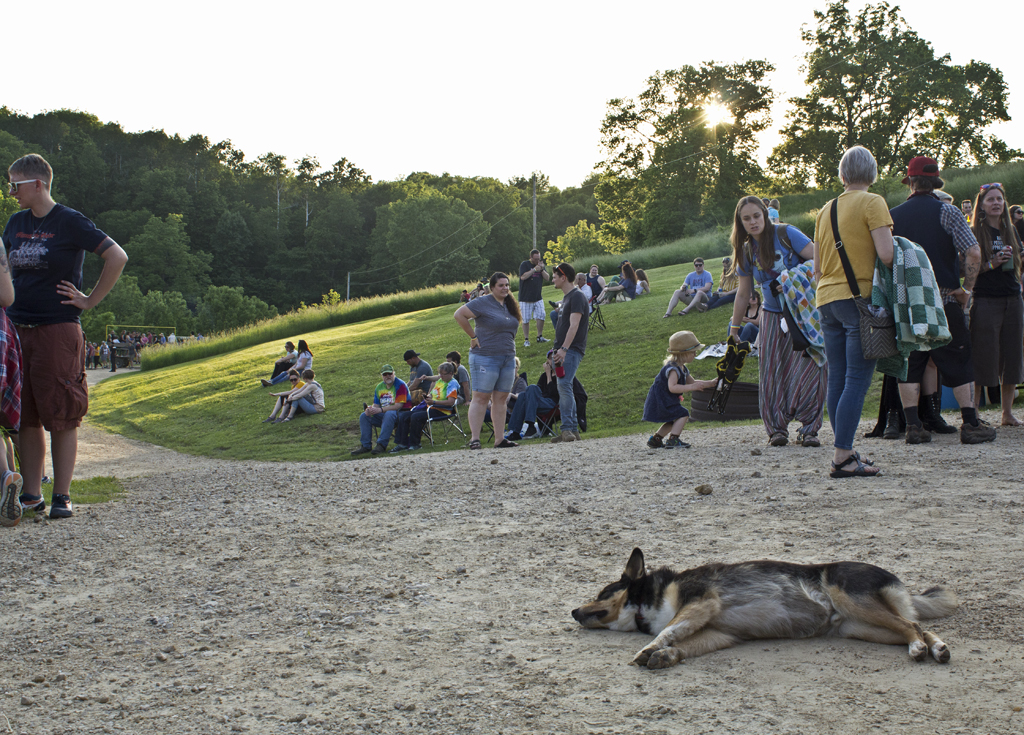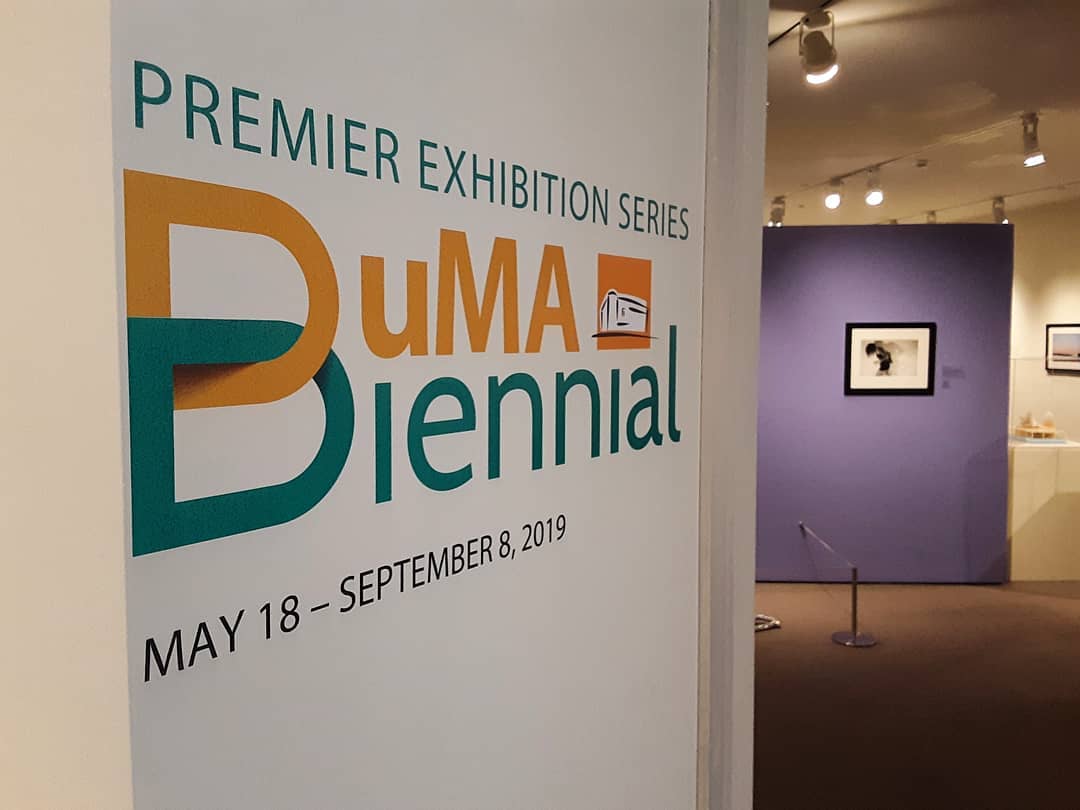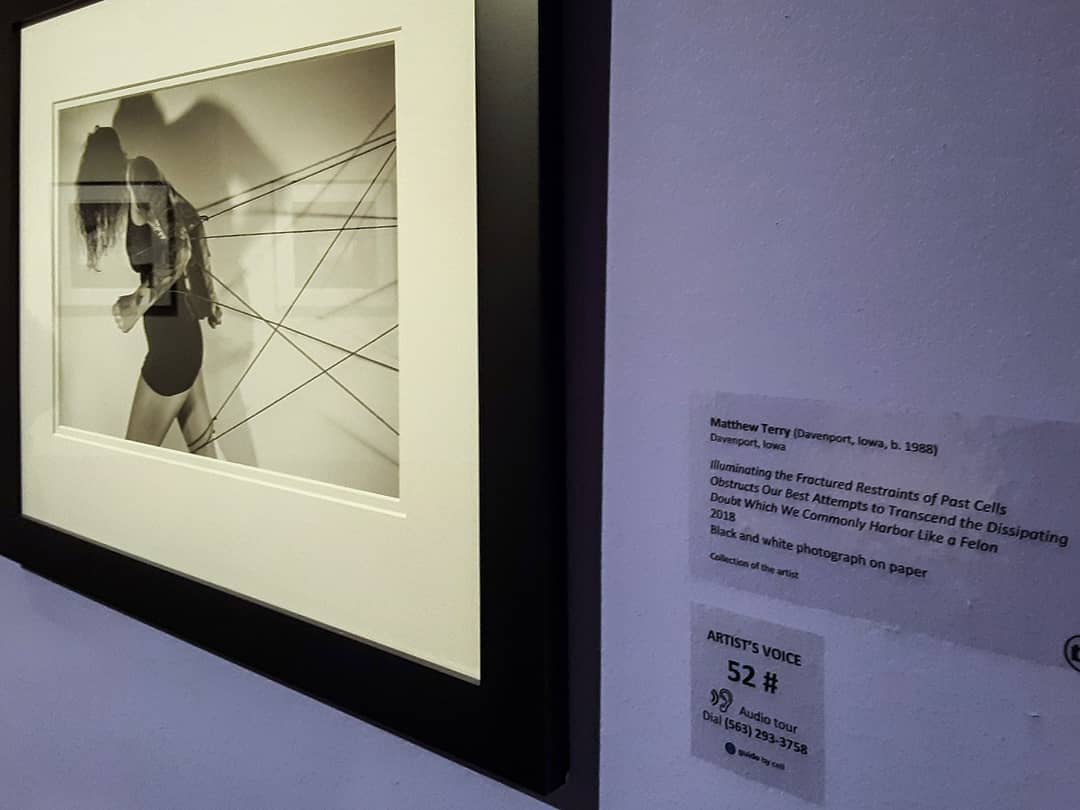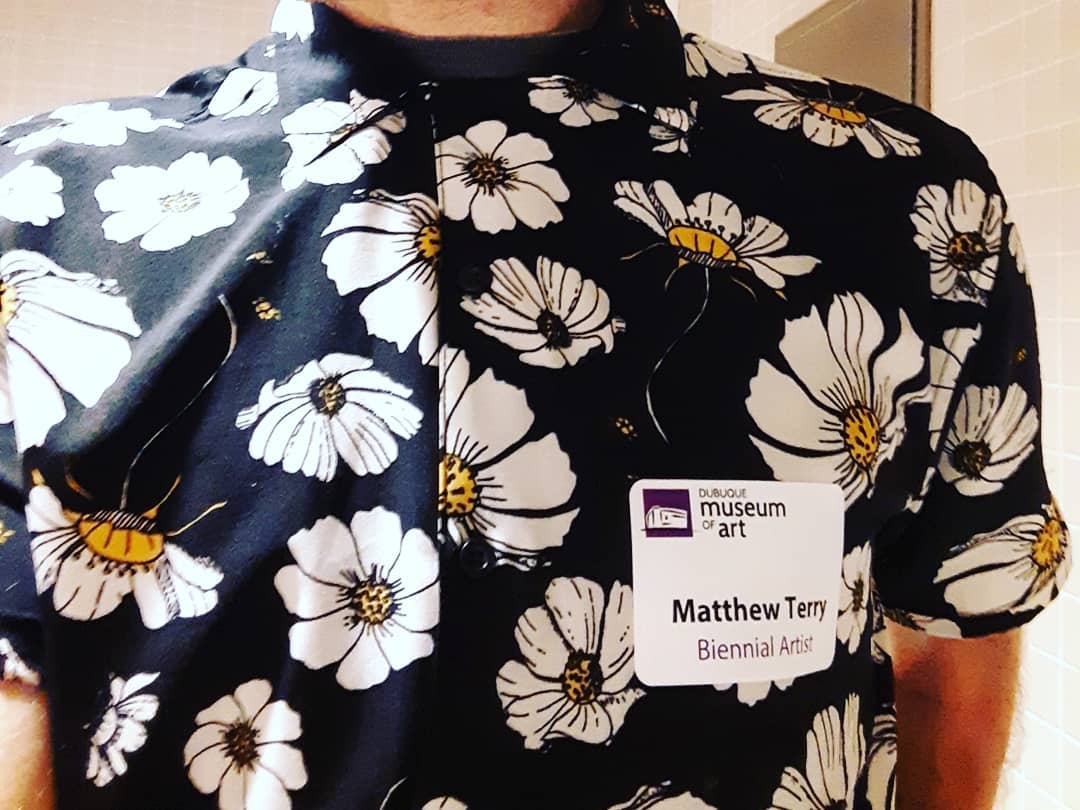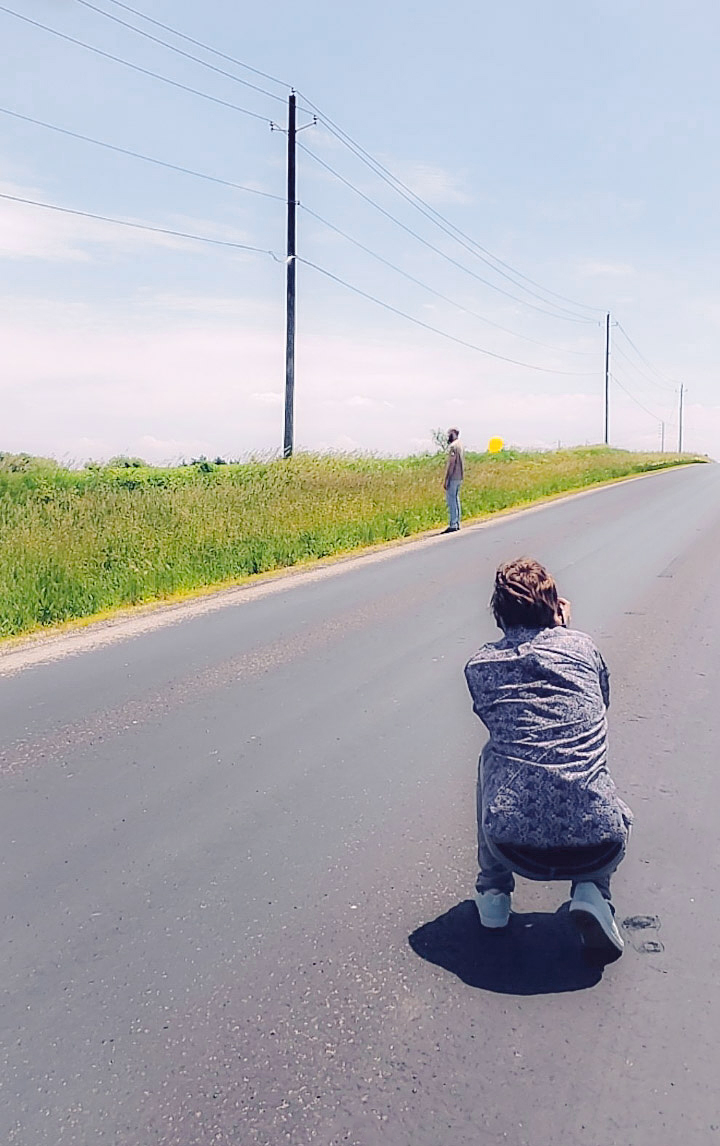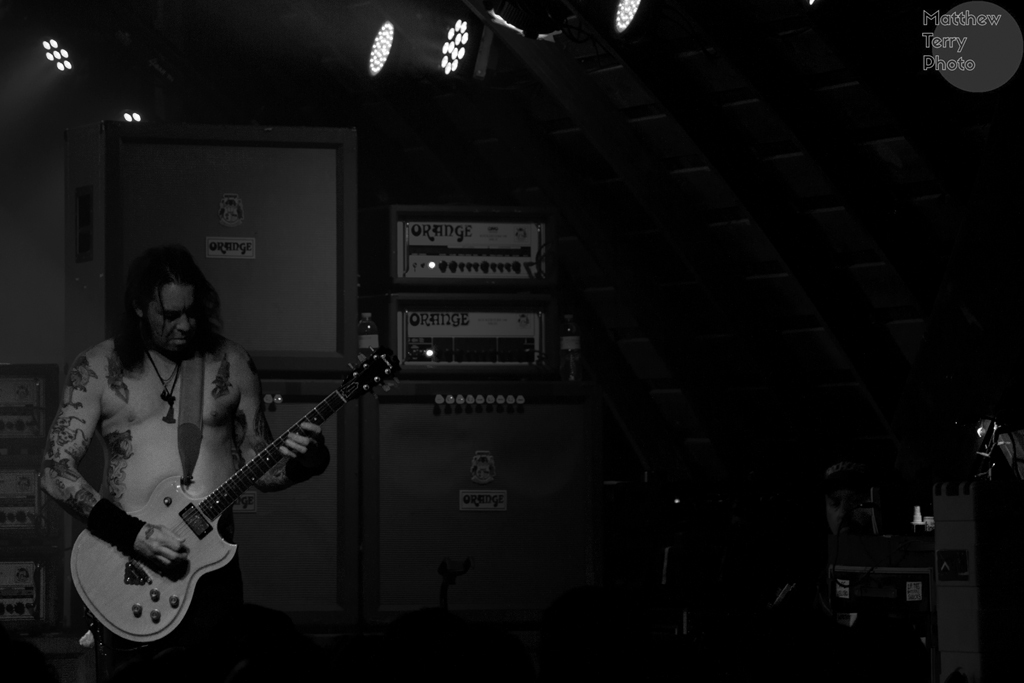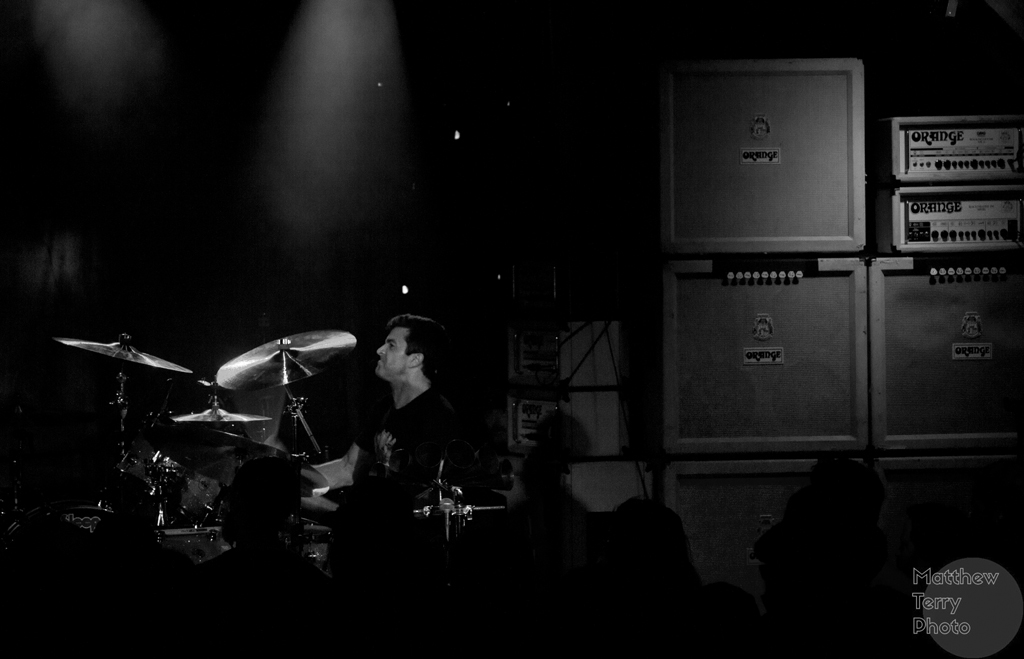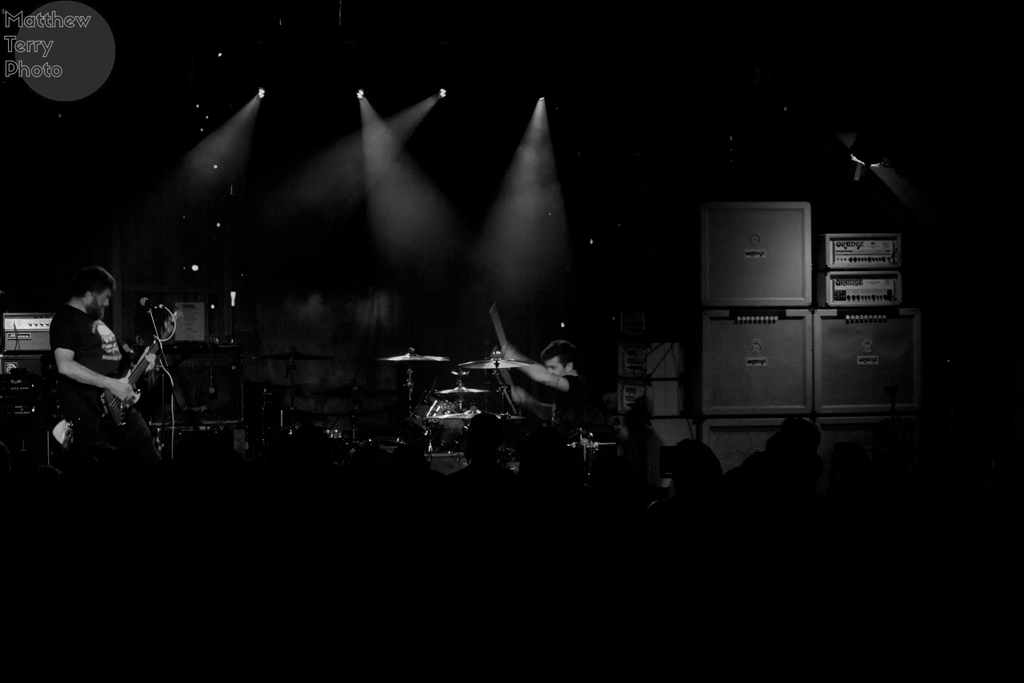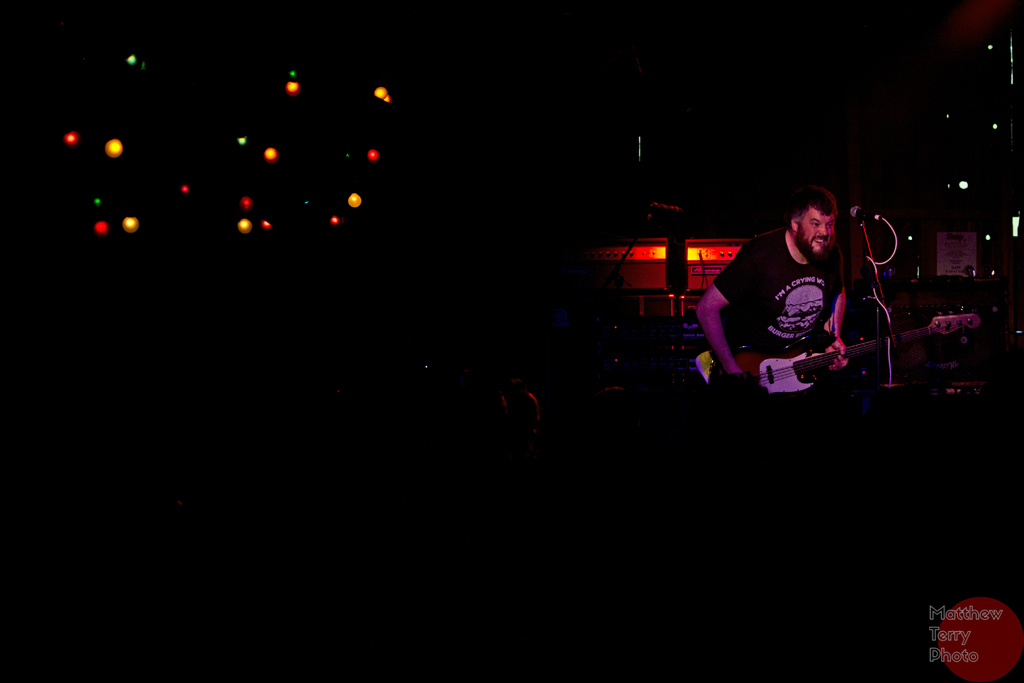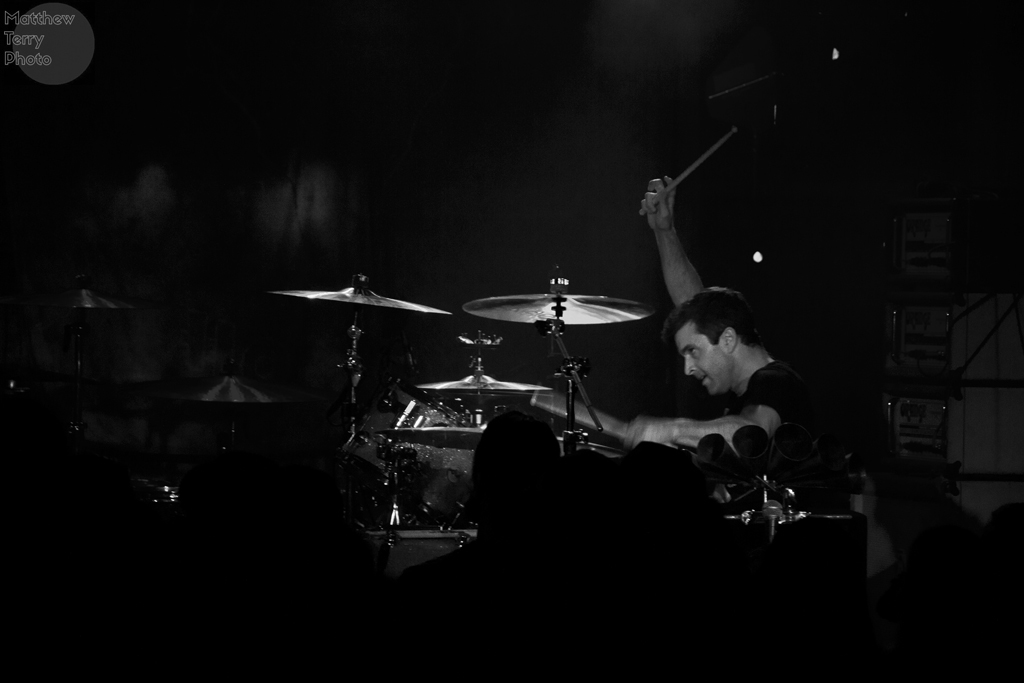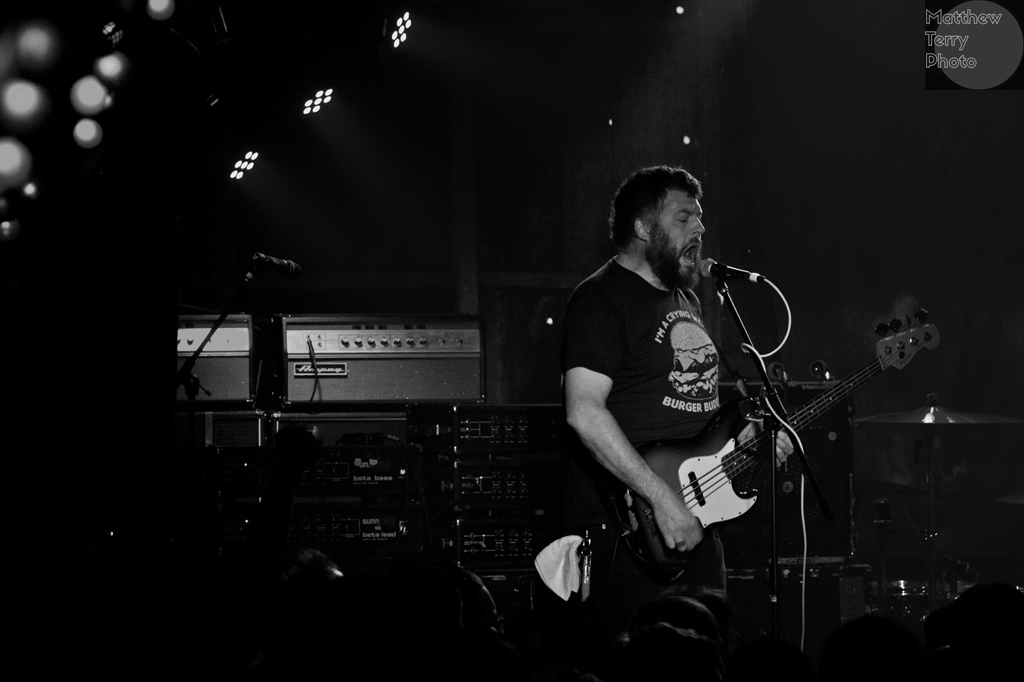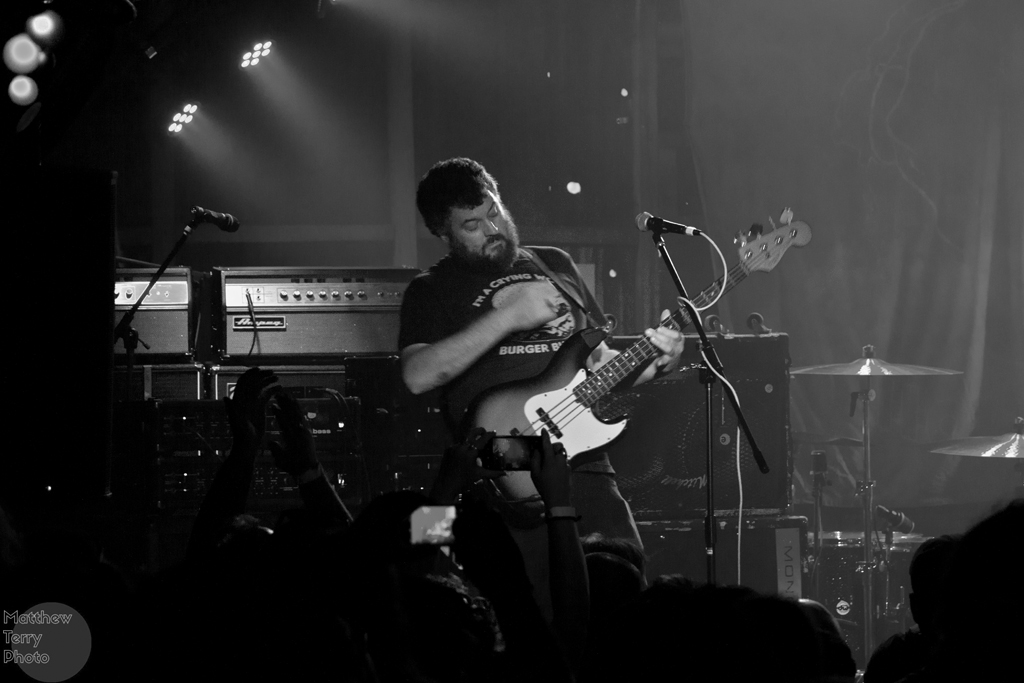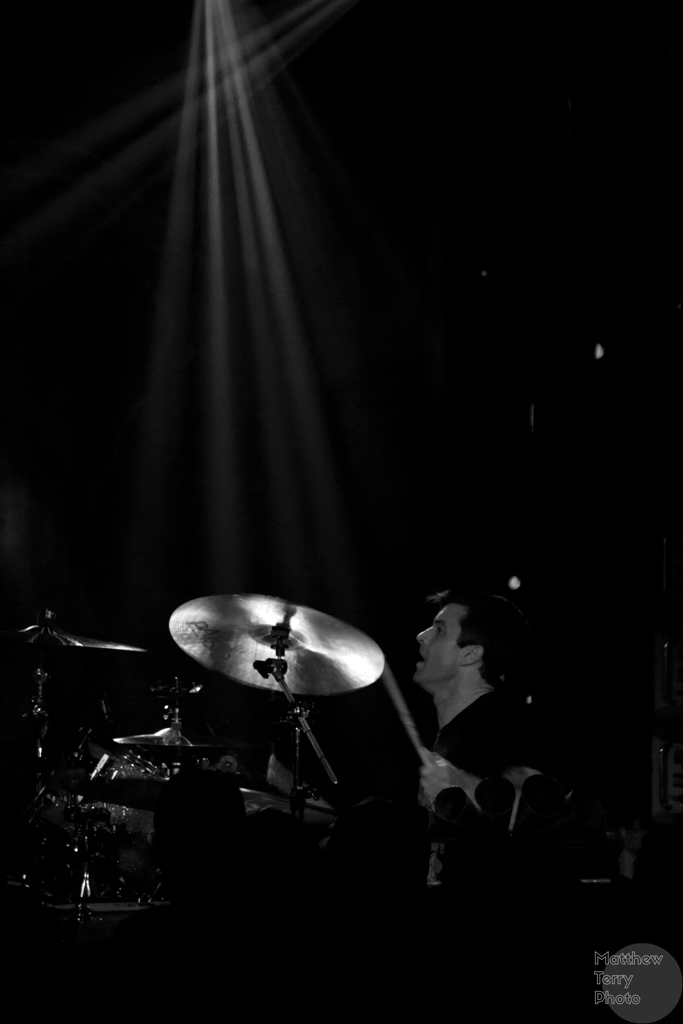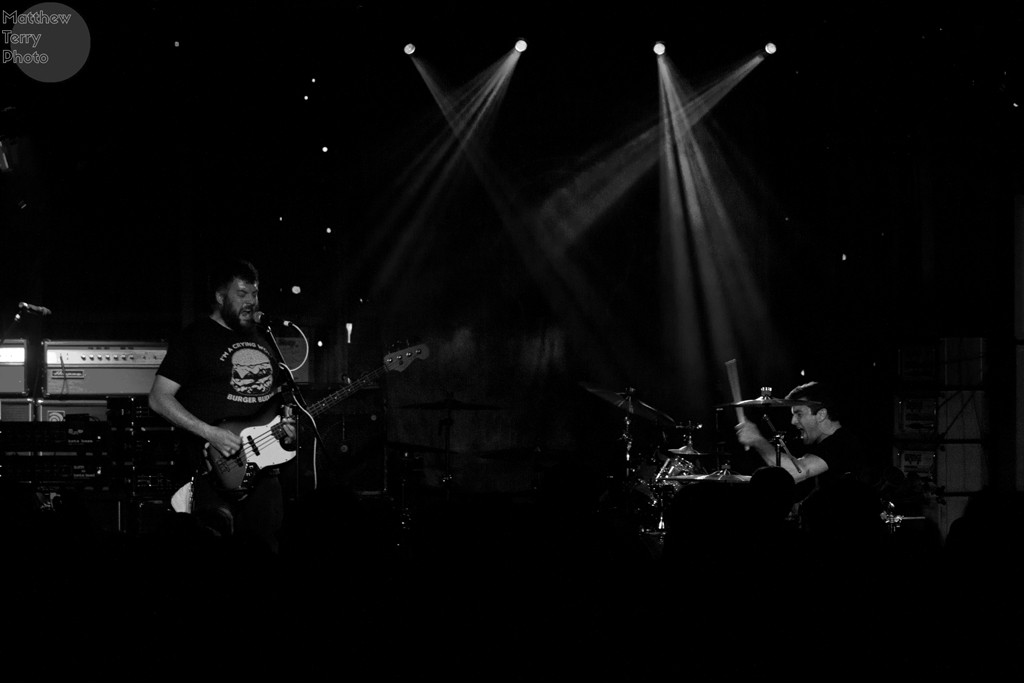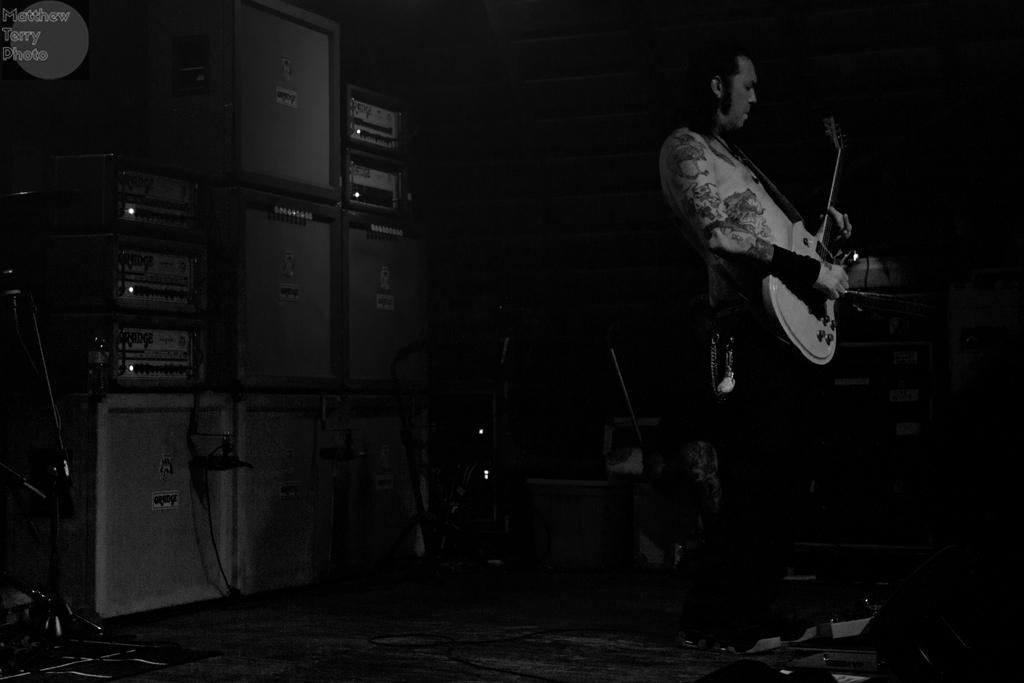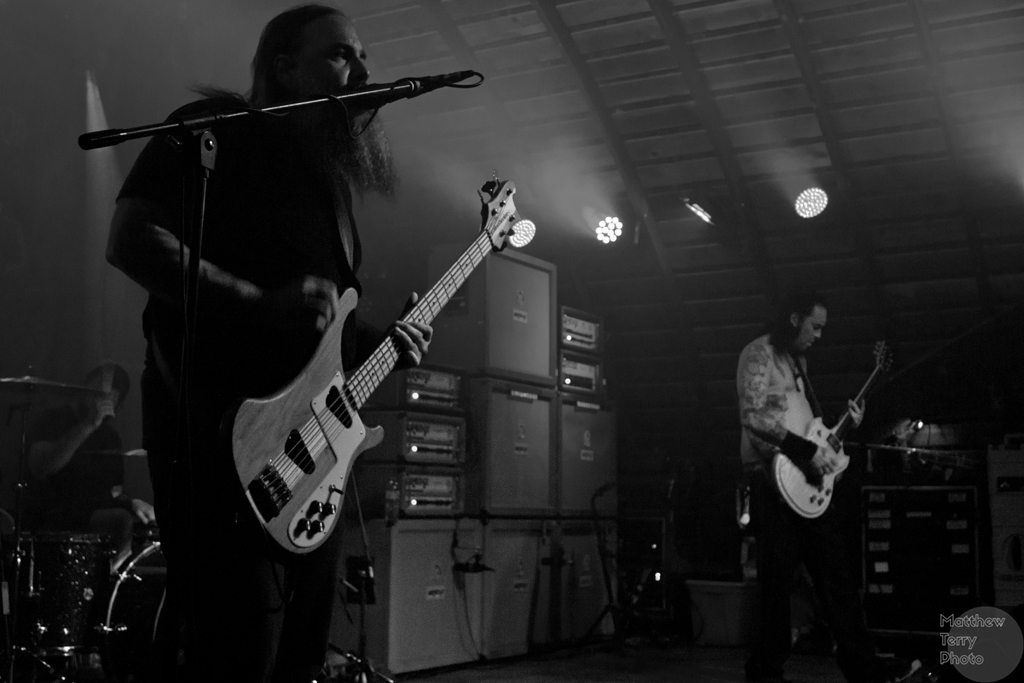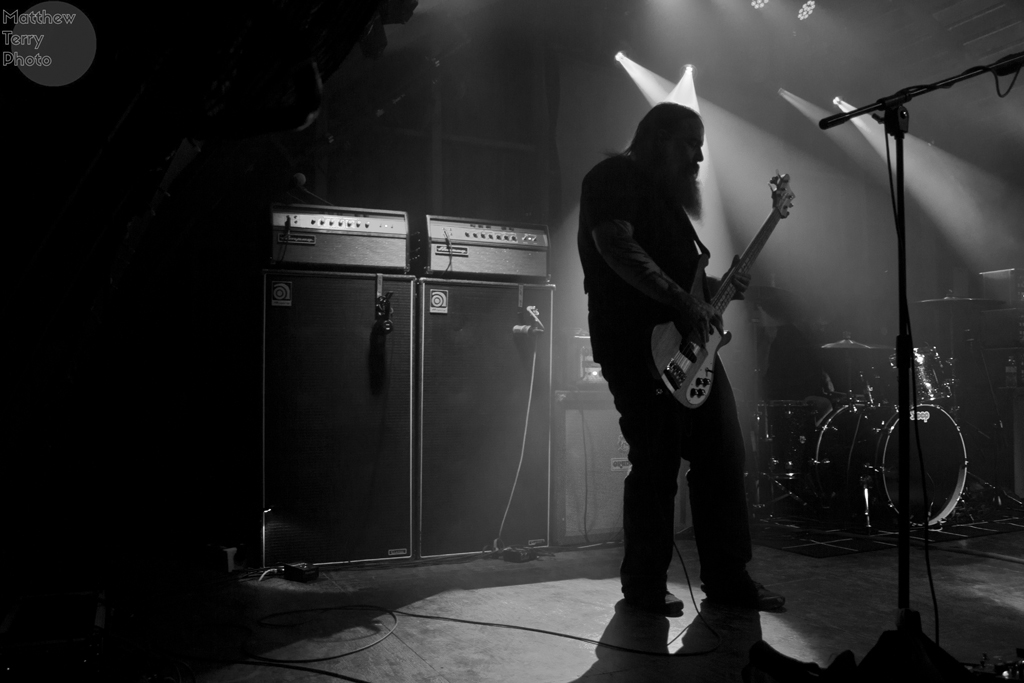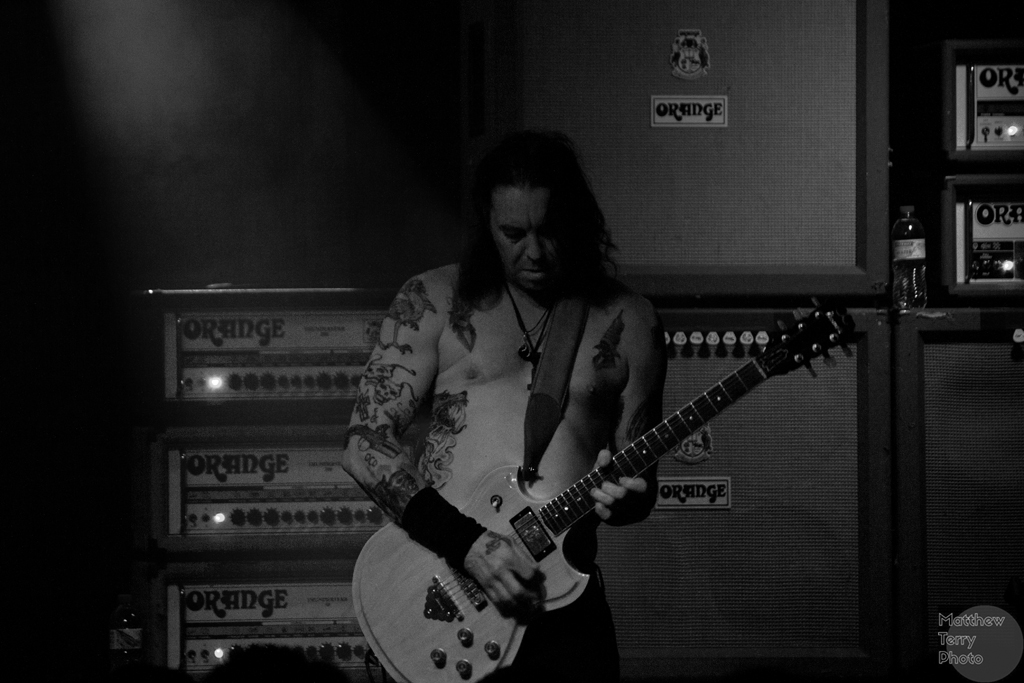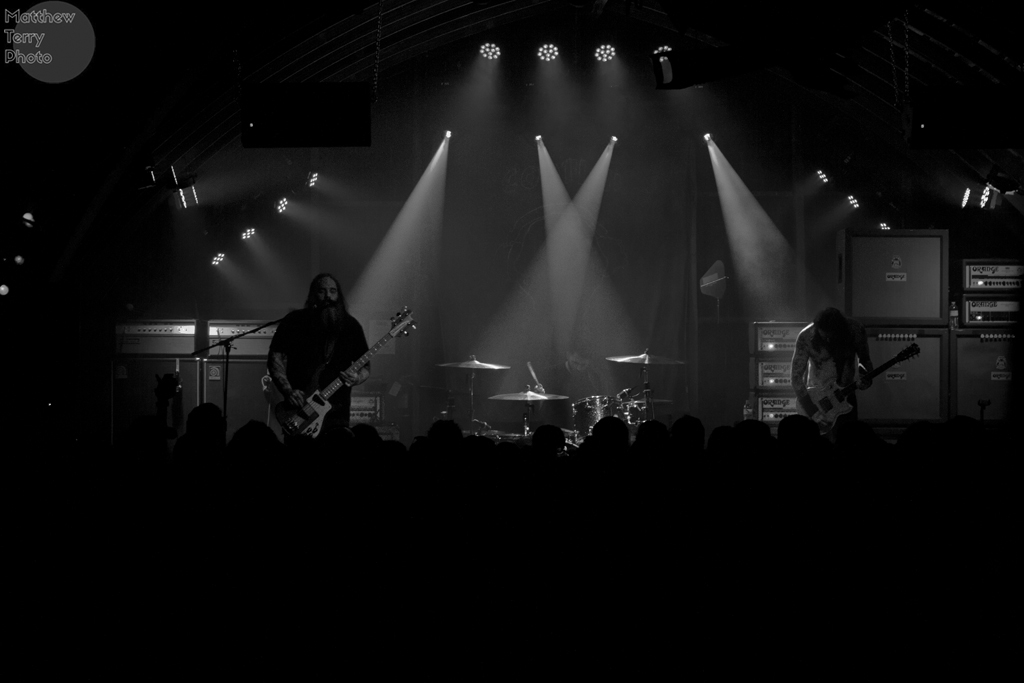This month's feature takes us a bit out of the QCA, and while the location is a bit of a drive North from "Quad Cities Proper", the driving force behind this studio, Robert Siegwarth certainly plays a major role in the music scene of this area, as well as helping represent Iowa music/musicians/venues in the process. Robert runs sound at Codfish Hollow, which is where our paths first crossed years ago. Codfish is a magical space that rests just outside of Maquoketa, a town still known for its underground caverns which is quickly becoming known nationwide for being home to a venue/music that has become anything but underground. Codfish has grown into a legendary venue in the sense that there's not another space that can really match the feeling this venue brings on, a freedom of sorts seldom experienced in the "normal world" that keeps bringing everyone back for more. If you've ever been within the walls of that barn, or absorbed the sounds of a show from the comfort of the hill that expands just beyond the barn's main entrance, you have most certainly heard (if not felt) some of the sound work Robert can claim responsibility for. In addition to running sound, he also records many of the performances, some of which can be heard on IPR.
Many of the people that help Codfish operate are unsurprisingly creative, from painters and musicans, to masters in the ways of gardening/agriculture, and this creative nature is clear when I arrived at Robert's, a complex of sorts nestled about 10 miles North of Maquoketa in a valley called Otter Creek that is more of a title than a town. Upon arrival I was greeted by a welcome committee of dogs, which should be more common with music studios. When entering the large garage space attached to his home the first thing to catch my attention was a light blue '65 Impala Convertible, and Robert informed me of his love for restoring old cars, which was made clear when he gave further details on originally rescuing this now impeccable Impala from a junkyard for $30. The car world kind of took over when he was young, and I can understand why. And though it put his musical/production endeavors a bit on the back burner he knew he wanted to build his studio, and I am glad he did, because it's a beautiful space. As someone that always stretches his creative muscle across several mediums I more than understand how difficult it can be to keep all personal outlets equally "present."
This life makes it so easy to rush things, be it a conversation or an artistic dream, and sometimes patience pays off the most in the end. I think this gradual studio development is fitting for the space, as Robert's home is certainly off the beaten path and I believe such a removal from the rush of the everyday is great for creation. The surroundings are calm and inviting, mirroring the studio space itself, and while it is "out there" there aren't many studios where one could record a take in the vocal booth and then in a matter of seconds find themselves relaxing outside next to a firepit overlooking the woods, plotting the next take. This studio may be just establishing itself, but it really doesn't feel as such, and after getting to hear snippets of sessions recorded there I was finding myself wanting to jump behind the studio's kit and record a few tracks myself.
Matthew: How did you get into the music studio business? Were you (are you still) playing in any local bands in the area, or does your interest focus mostly in music production and not creating the music, so to speak?
Robert: It was kind of a natural progression from my live work. I’ve always been interested in playing, but have rarely taken the time to practice to get good at it, so the technical aspects of music production are a better fit for me. Ever since I built my house – starting 20 years ago – I’ve always had my basement space envisioned as a studio. I’ve finally taken the time to make that happen. Along with that, I’m actually setting aside time to practice too!
Matthew: Are there any specific genres or artists you've really enjoyed working with throughout your career, why so? Is there any specific style of music/musician that you believe your studio/production style excels at?
Robert: I really have an open palette of musical interests, so I like to mix it up a bit. Doing sound production at Codfish Hollow has given me the opportunity to work with all kinds of musical styles. I enjoy the purity of mostly acoustic instruments and the challenges of getting the most natural sounding results, but also really like a full rock band, as it gives me a lot of stuff to work with. I put a lot of work into the production space in the studio, so I’d say my favorite thing to do is record the live sessions I do and produce those. There is just so much energy that can’t be captured in a normal studio setting, and I don’t think there is anything better than a well produced live set to capture that.
Matthew: For the artist, what is the best way for them to make sure their track is recorded and produced to the best quality when they come in for a session? Of course time/costs can play a major role, outside of practicing/having songs dialed in, are there any suggestions you have for an artist in preparation for time in the studio?
Robert: I’d definitely have to reinforce the practice part for sure. Beyond that, you should make notes about what you’d like to accomplish, and make sure you have everything along to make that happen. Make sure all your gear is ready to go, so you aren’t wasting time messing with your stuff during your session.
Matthew: Let’s settle the debate: Which is the best digital audio workstation(daw)? If you don't feel there is but a workstation to deem the best, is there one you like to use in particular? What is the most beneficial aspect of using this DAW?
Robert: I’ve used a few, but for me PreSonus StudioOne is the clear choice for me. It is just as powerful and feature packed as the popular Pro Tools, but much easier to use. Since most all my sound gear is PreSonus, it integrates perfectly. There are so many great plug-ins, loops and sounds that come with this software, I rarely have to purchase anything extra, plus they are constantly improving and adding features. A lot of the artists I work with also use StudioOne, so it makes it really convenient to collaborate on the production.
Matthew: With so much technology involved, what are your favorite pieces of gear made available to artists that use your studio? Are there any pieces of gear that make your studio even more unique and/or help the studio stand out?
Robert: I really like the network structure of my recording interface. It makes it super easy to put an artist or gear anywhere I want to get the right sound. I can literally use my entire house and shop as part of the studio. It also allows everyone in the group to easily dial in their own individual headphone mix right on their phone or tablet.
Matthew: We know artists will always attempt to make audio recordings in their own home? Are these recordings something you can traditionally/commonly work with? If so, what's the best way for them to do so? If not what causes the biggest issue with home recordings?
Robert: I have a lot of artists send me home recorded tracks. Background noise is probably the biggest issue, so make sure all your appliances are off and turn off the heat or A/C while you record. Make sure you use a good quality mic that works with your voice or instrument, and be aware of your surroundings so the room doesn’t add any unwanted resonant frequencies or reflections to the recording.
Matthew: What are some of the biggest hurdles you've faced as a music studio, either anticipated or otherwise, and what did you do to overcome these temporary blocks?
Robert: As I’m just getting started with my studio endeavor, the biggest issue is just getting the word out that I’m here. Beyond that, it’s making sure I have the right gear for a particular artist or group. I’ve built up a pretty nice selection of microphones to be able to offer a lot of alternatives to suit just about anything that comes in
Matthew: In closing, what music/musicians have you been hooked on recently? And are there any local artists you've worked with that we should be on the lookout for/more people should know?
Robert: Some of my current favorites I’d love to work with either live or otherwise: JD McPherson, Old 97s, Southern Culture On The Skids, The Shins, Nick Shoulders.
Bands that I’ve had the pleasure to work with, that everyone should know: SUSTO, The Artisanals, The Lone Bellow, Devochka, Jeremy Pinnell, Future Islands.
Some outstanding regional acts: Flash In A Pan, Them Coulee Boys, Joseph Huber, Good Morning Bedlam, Way Down Wanderers, The Last Revel, Miles Nielsen & The Rusted Hearts.


